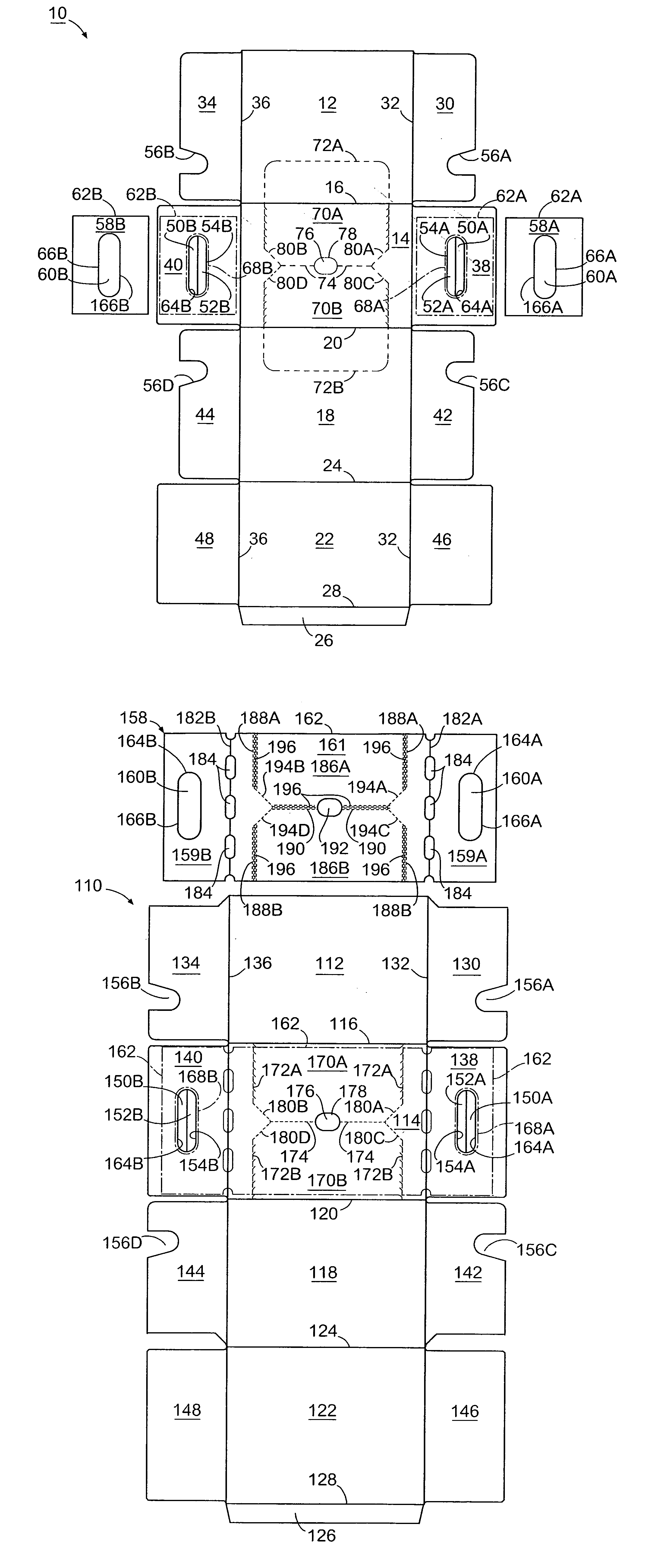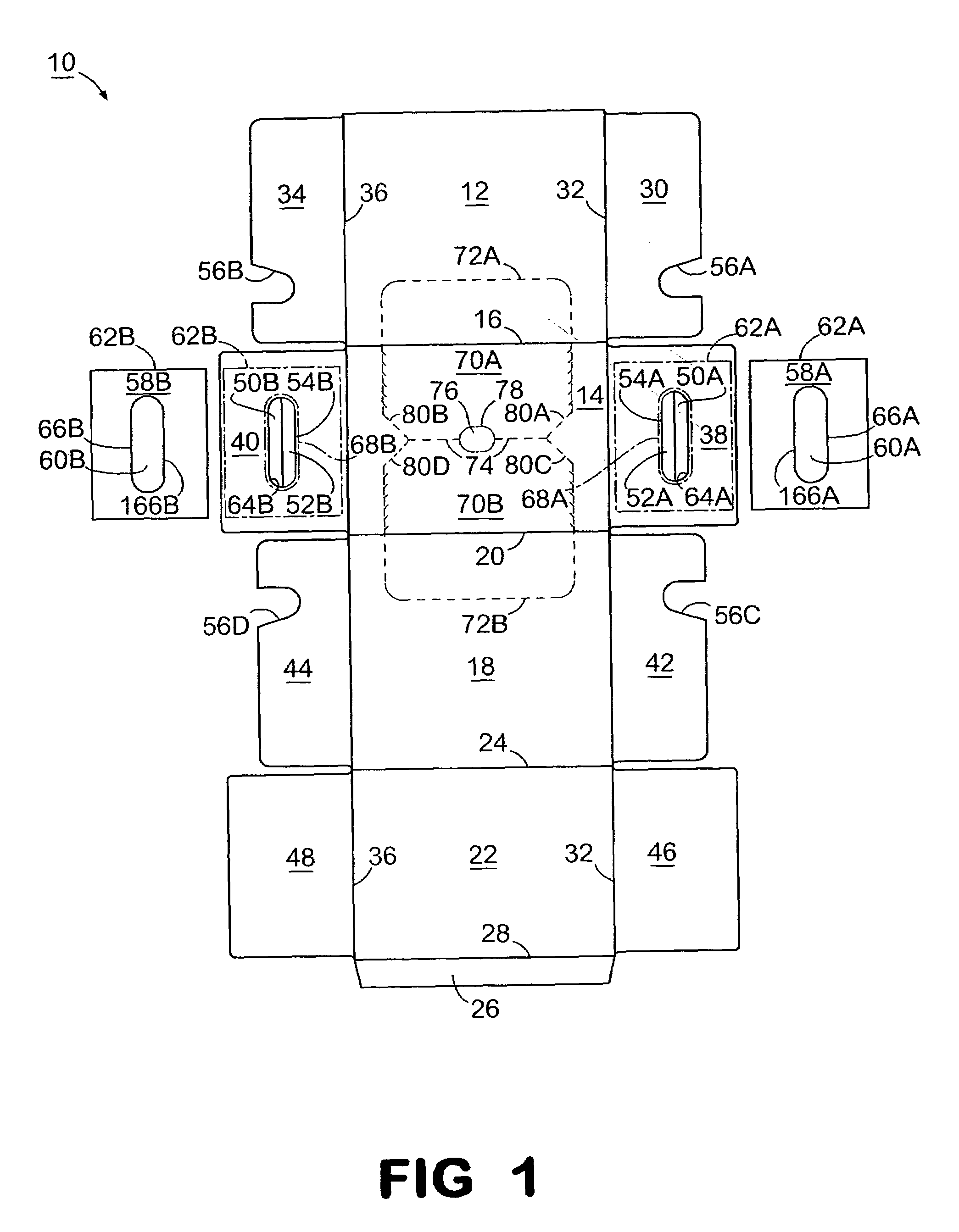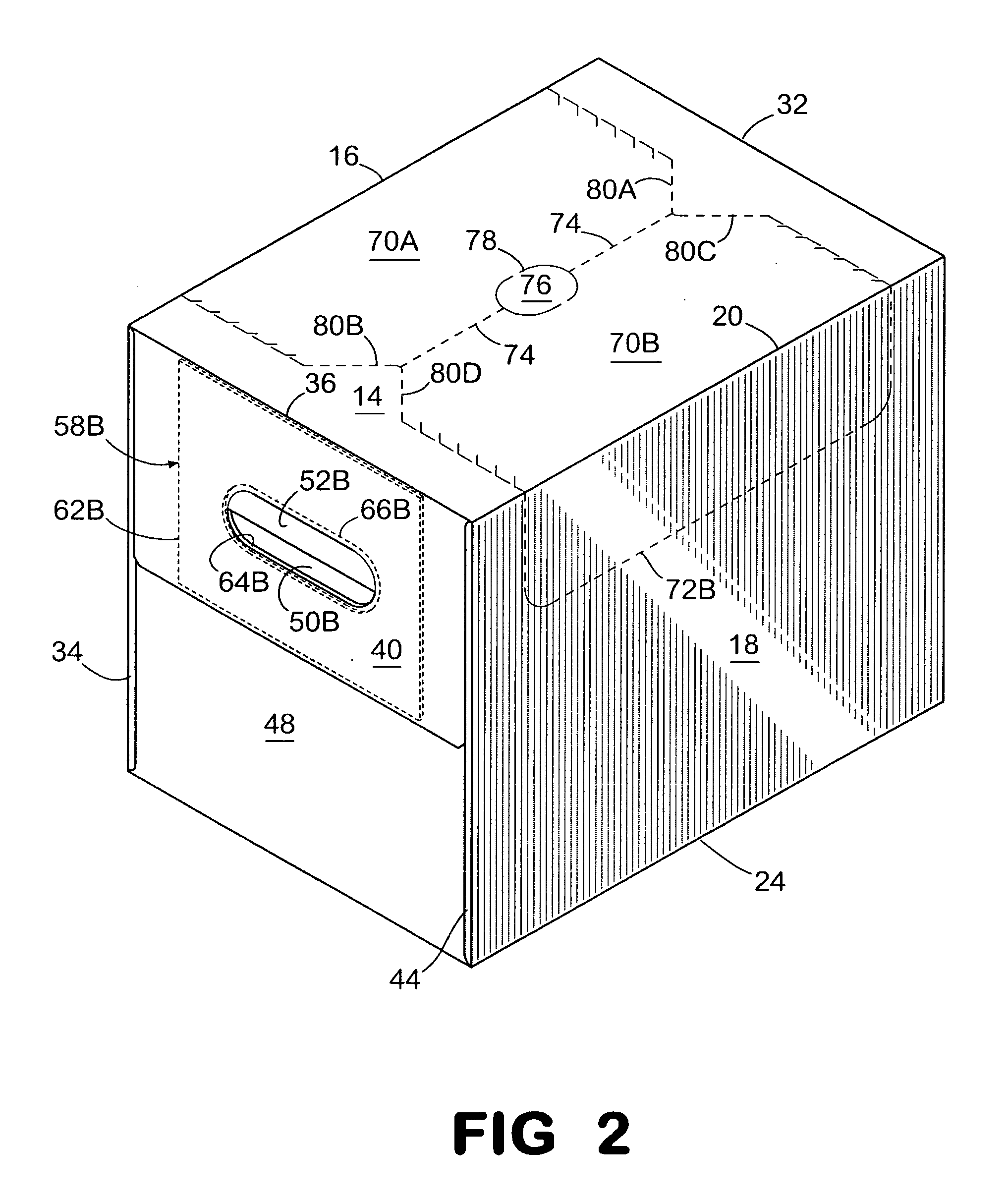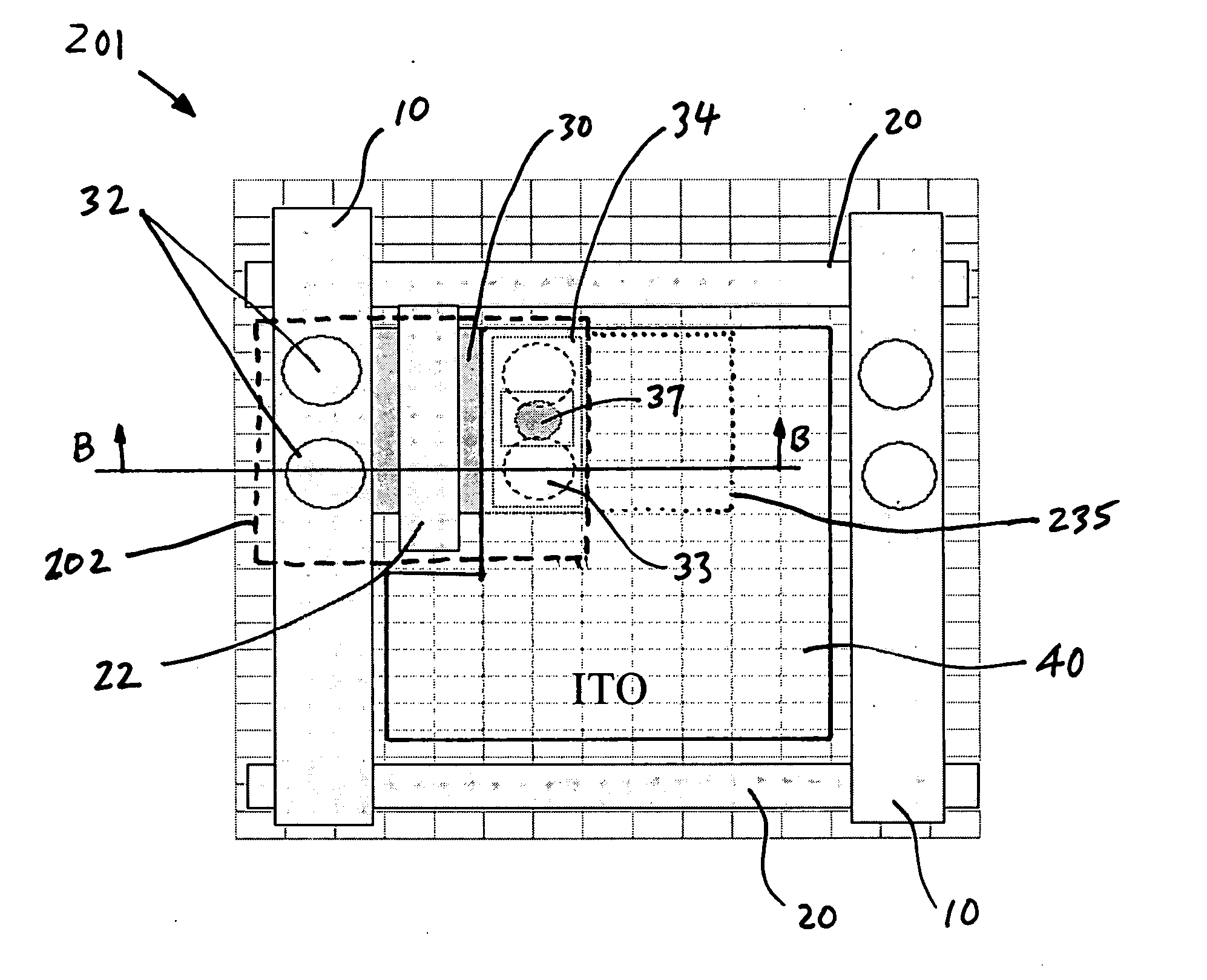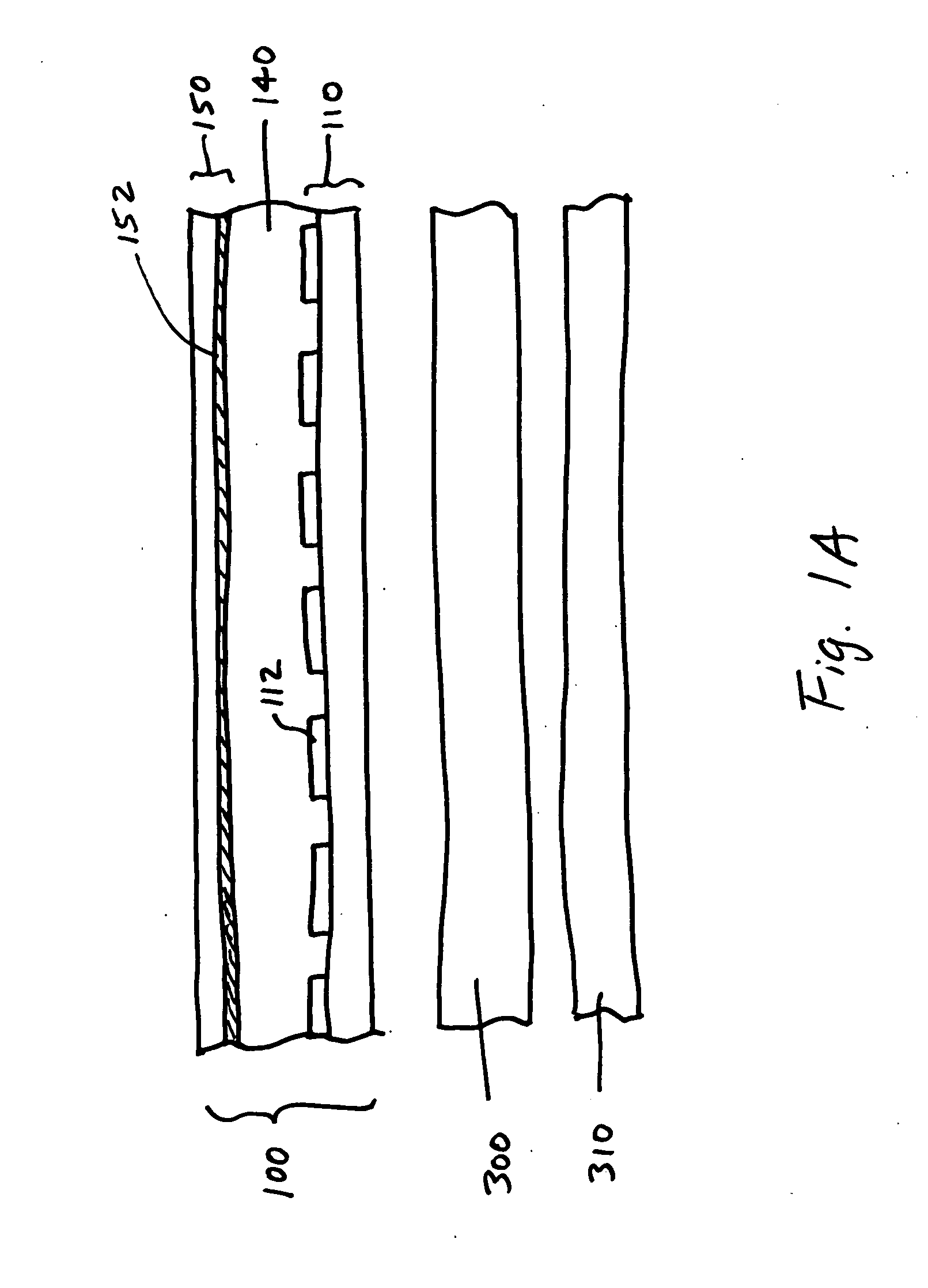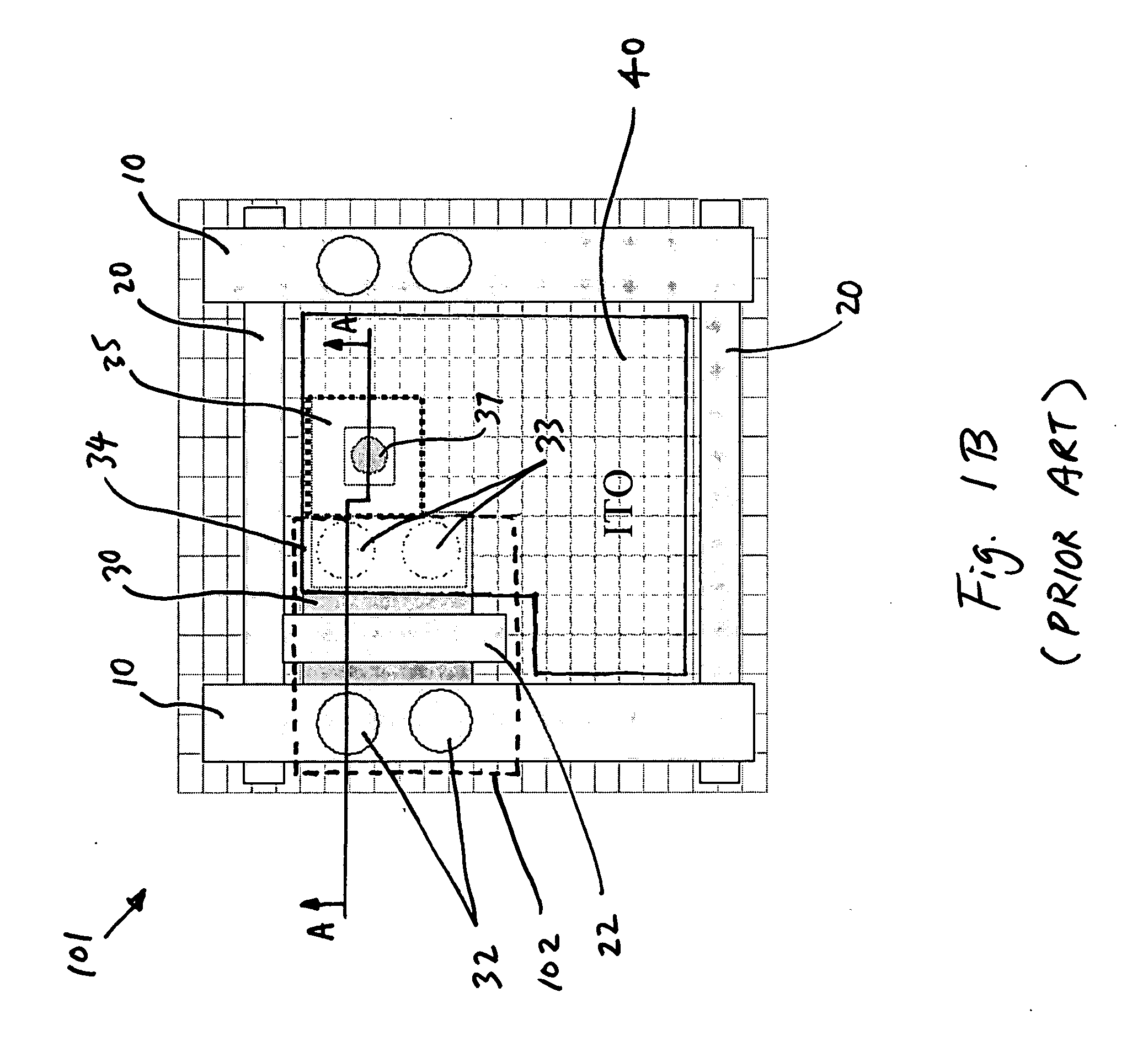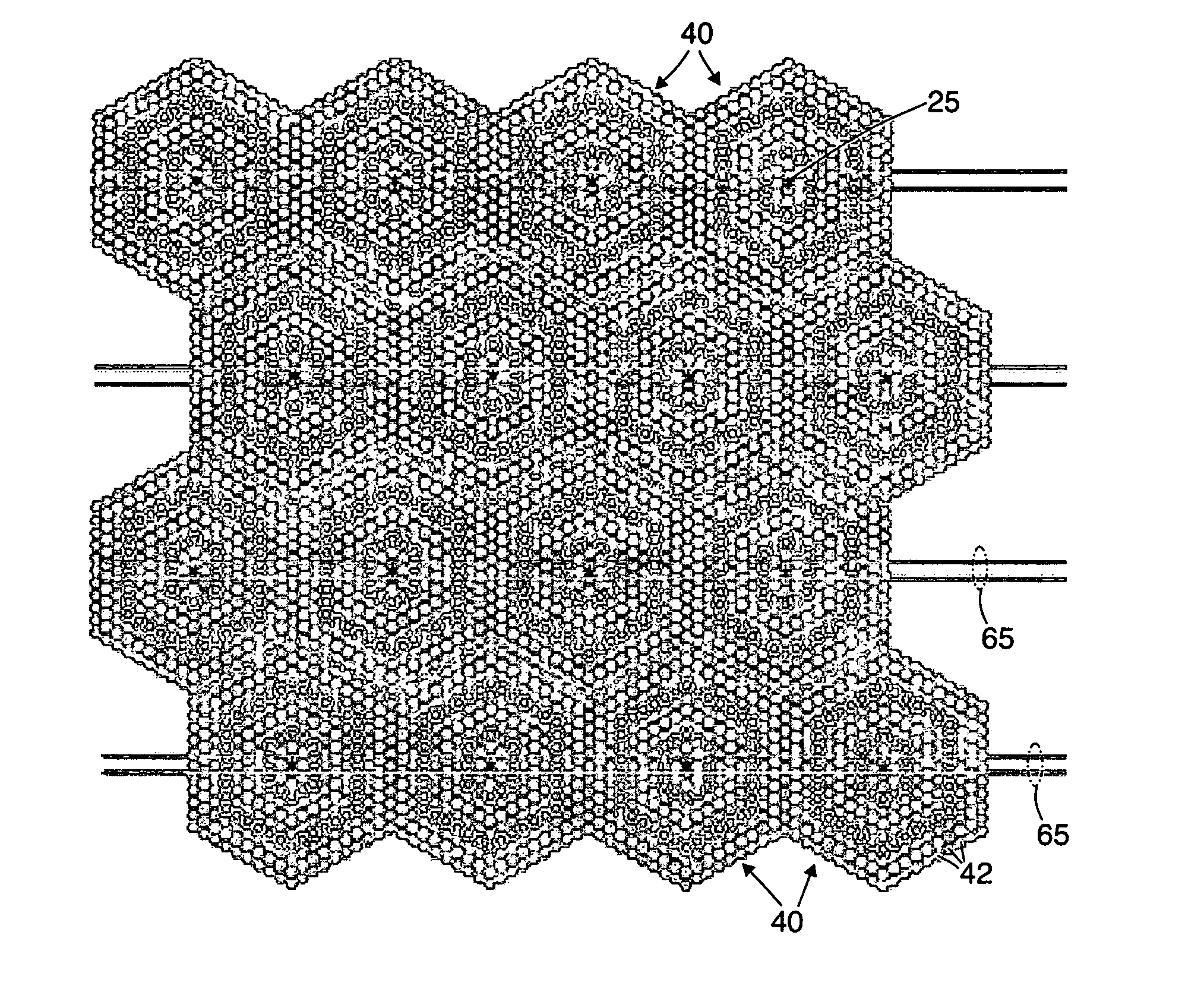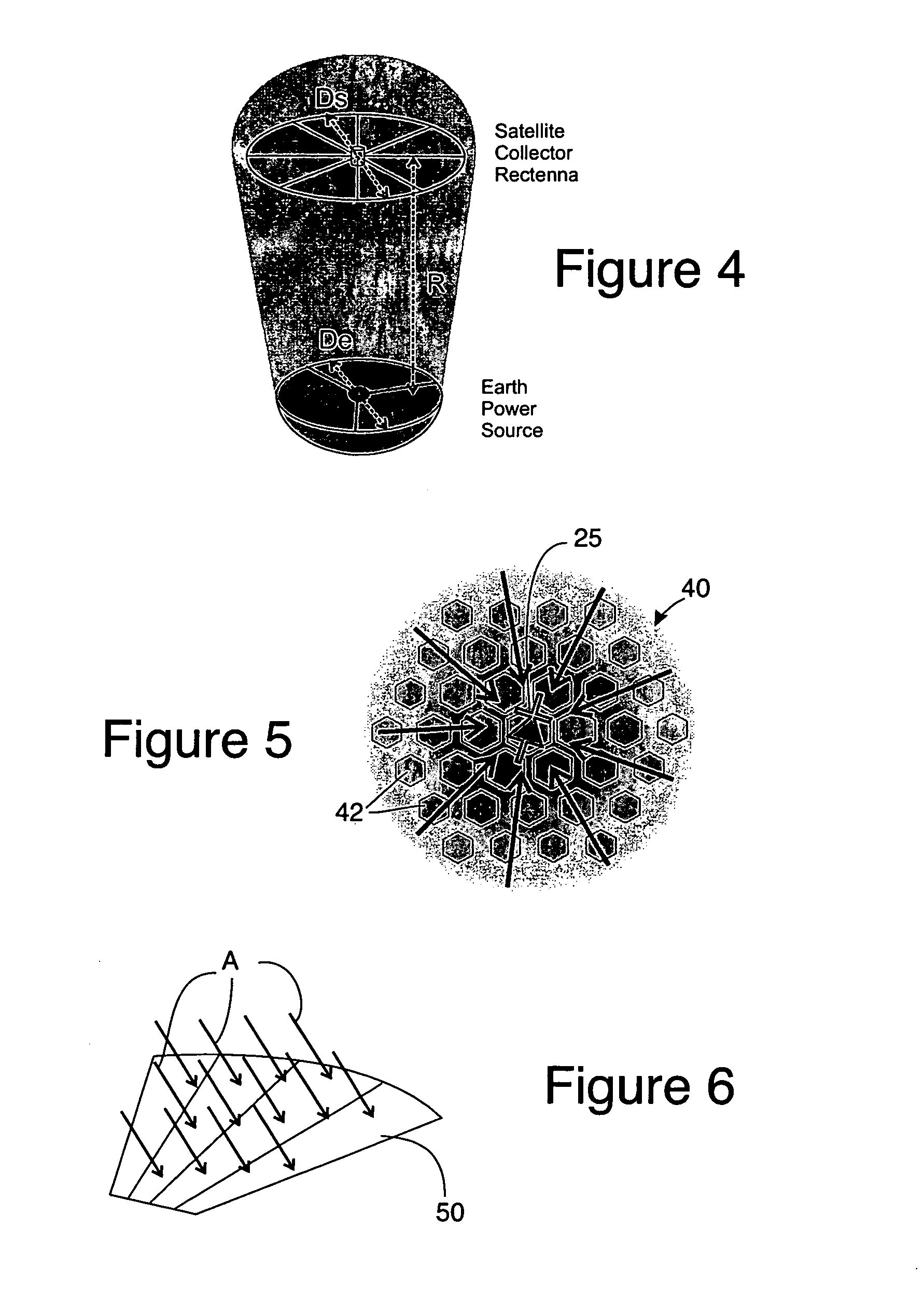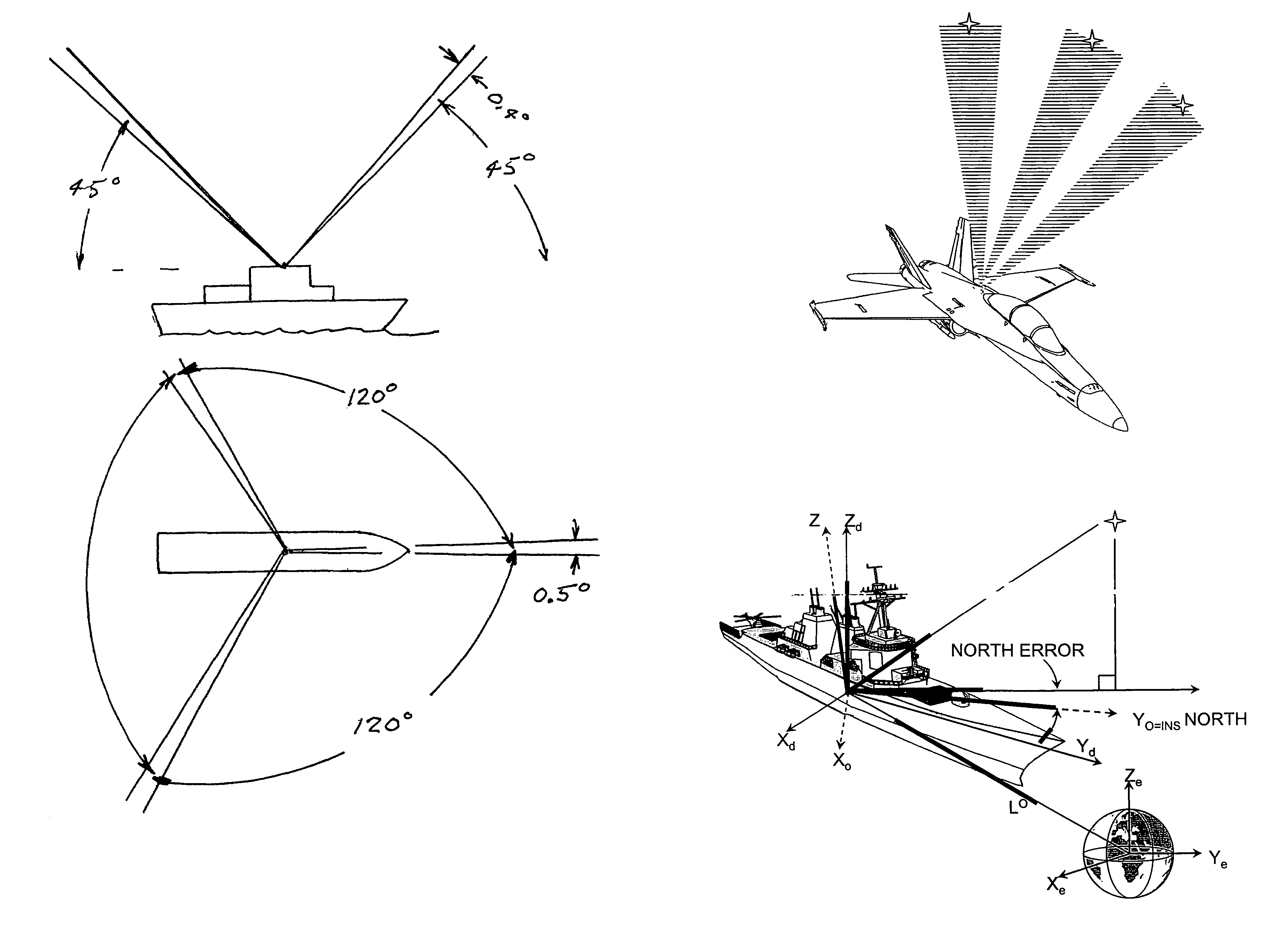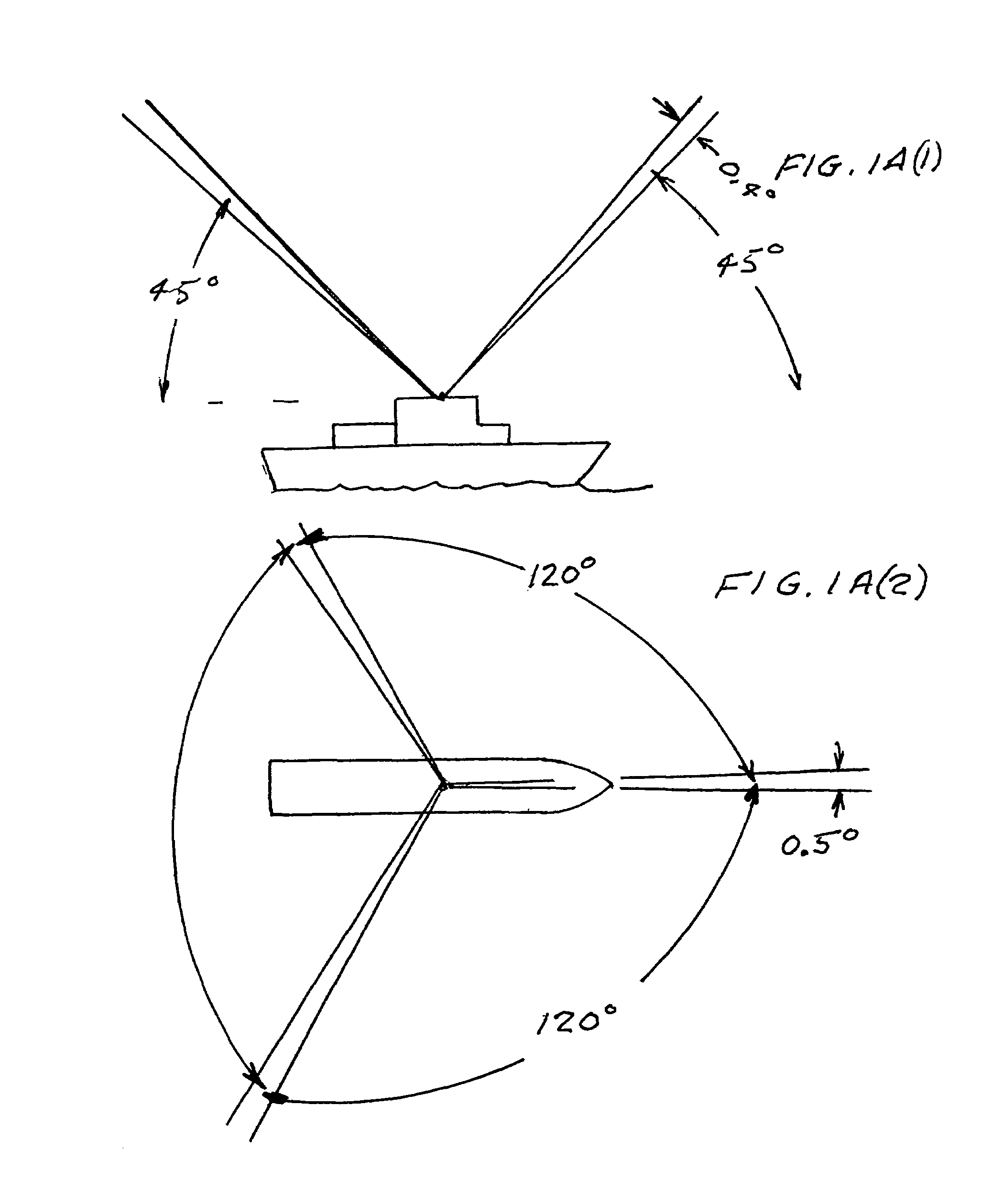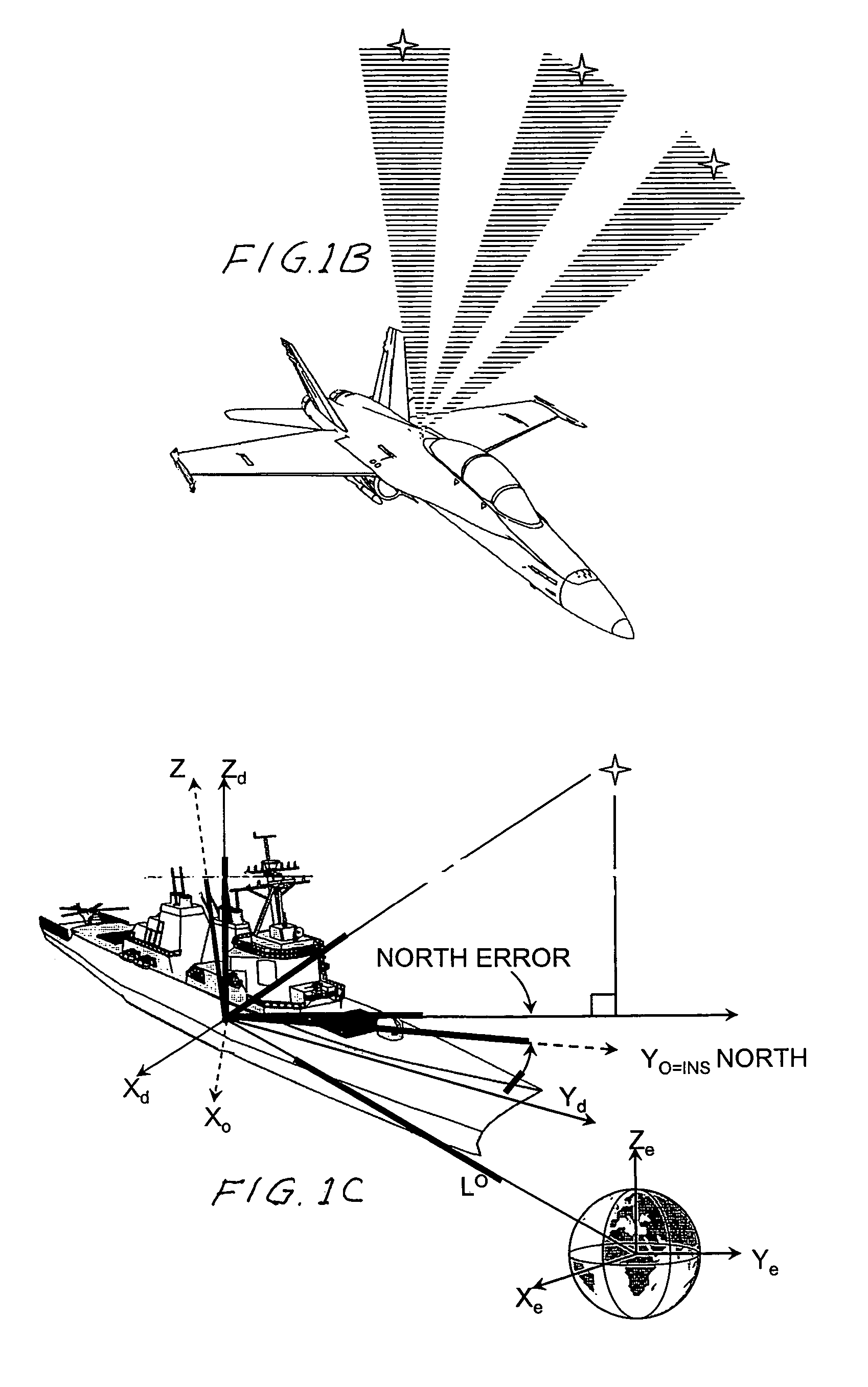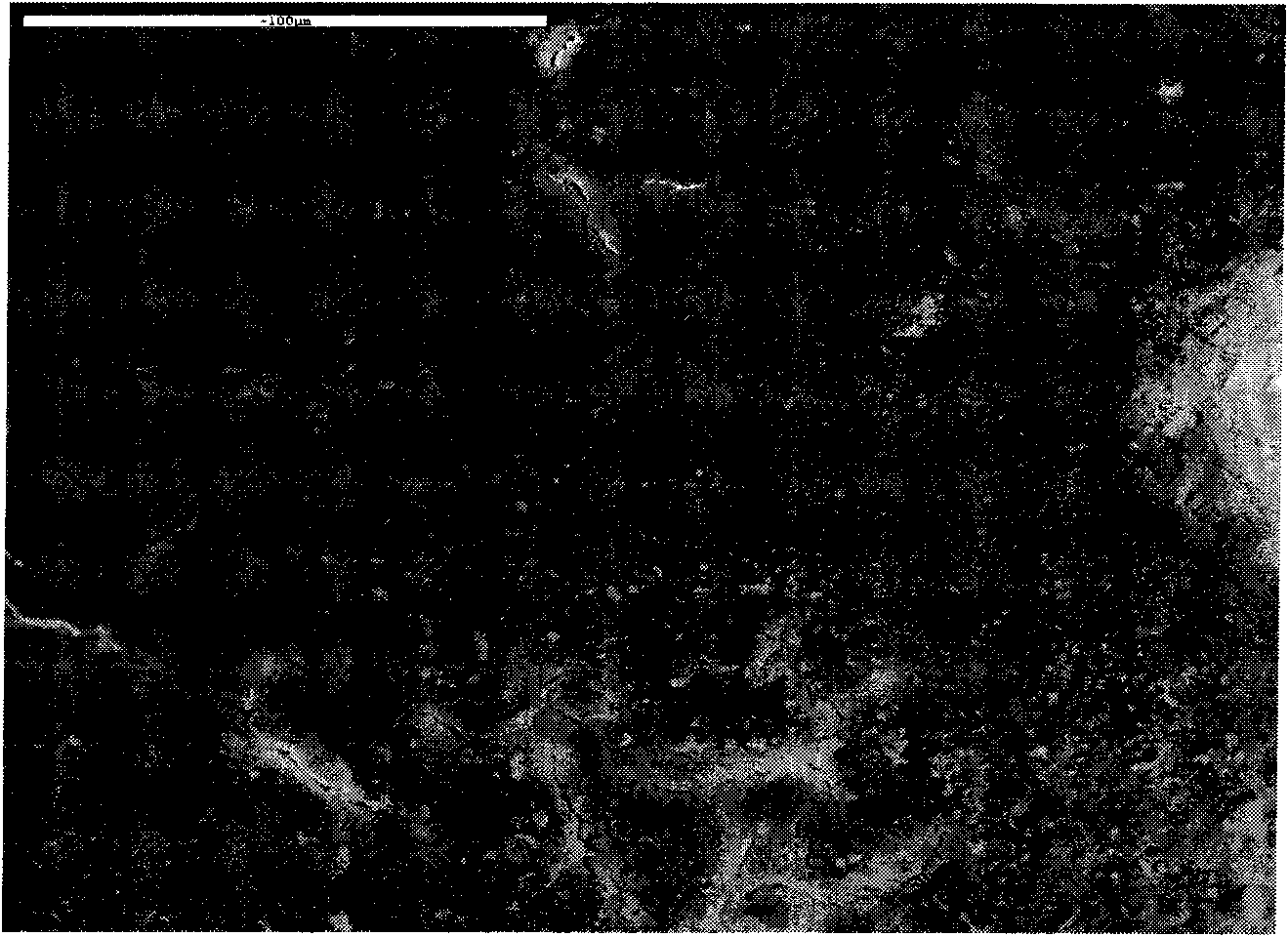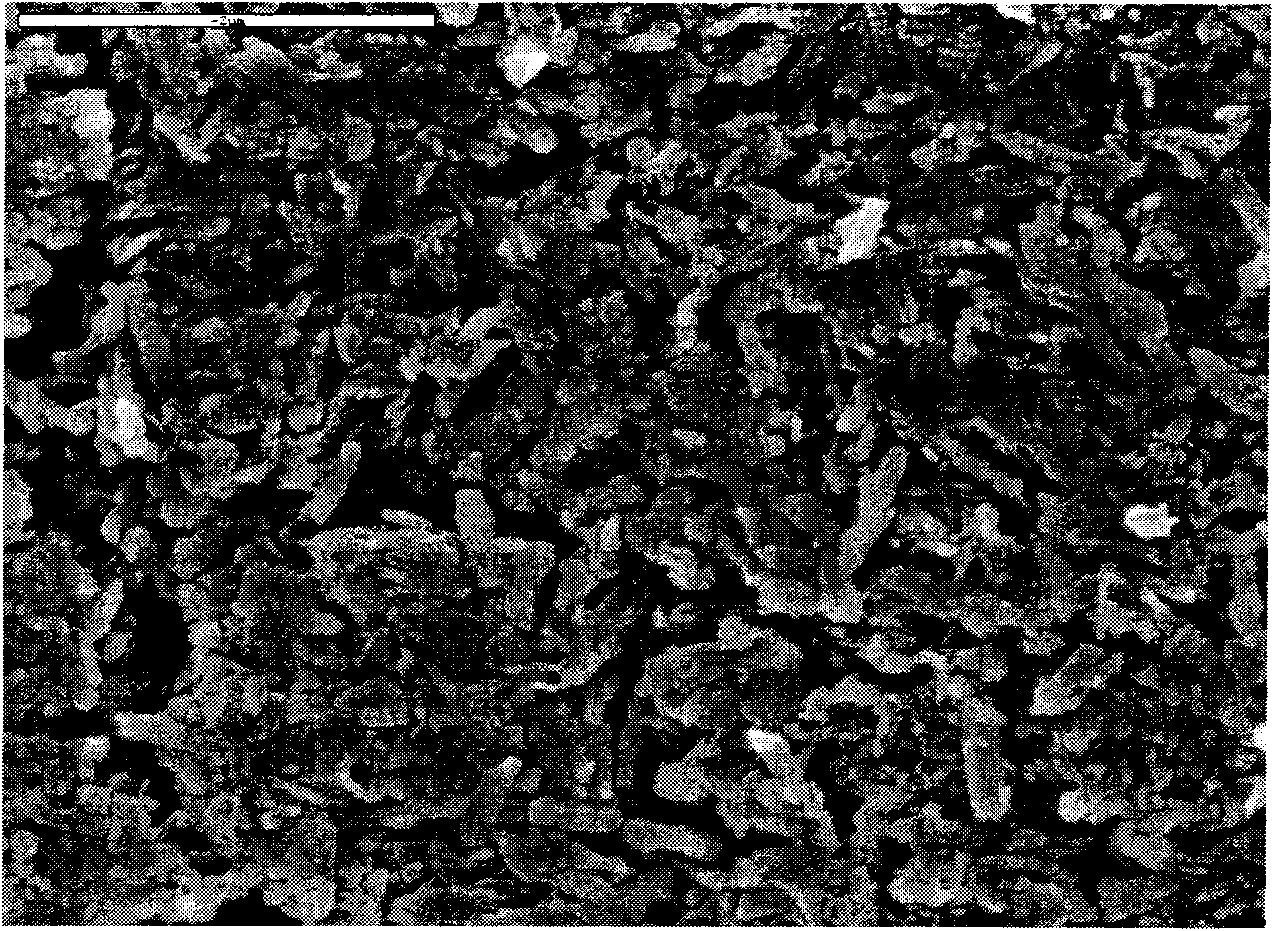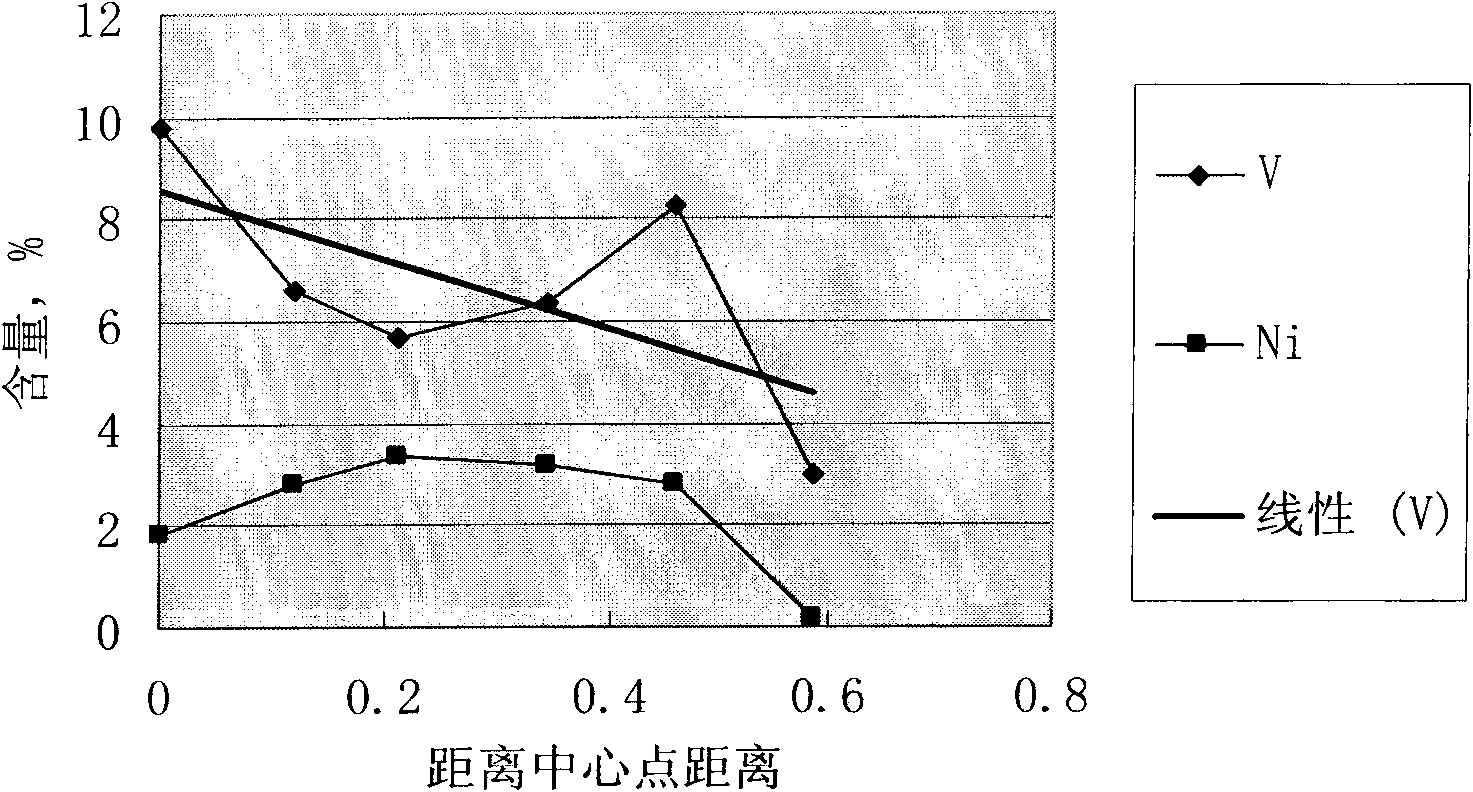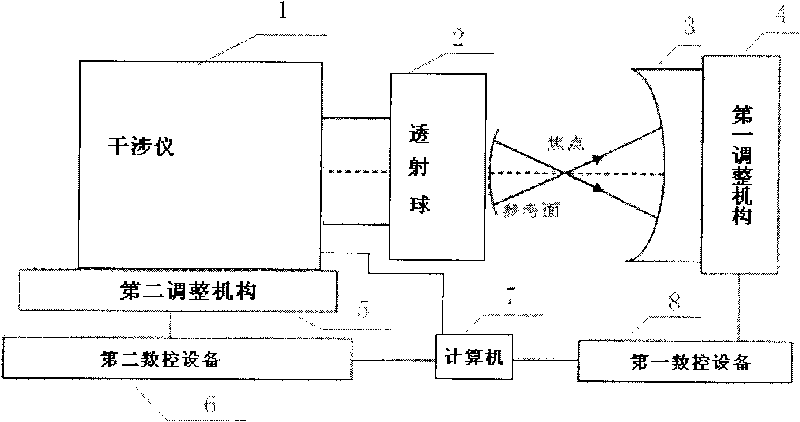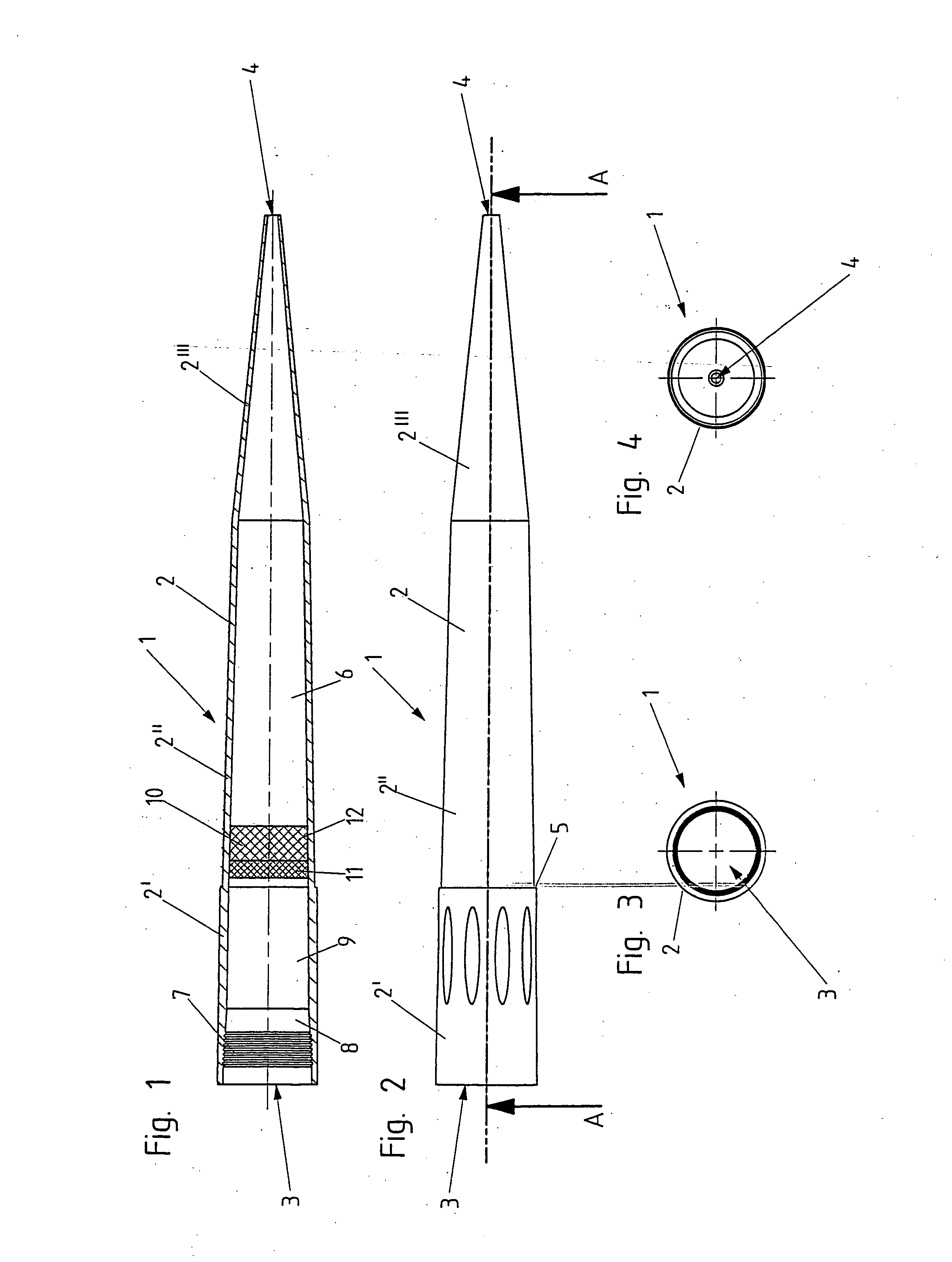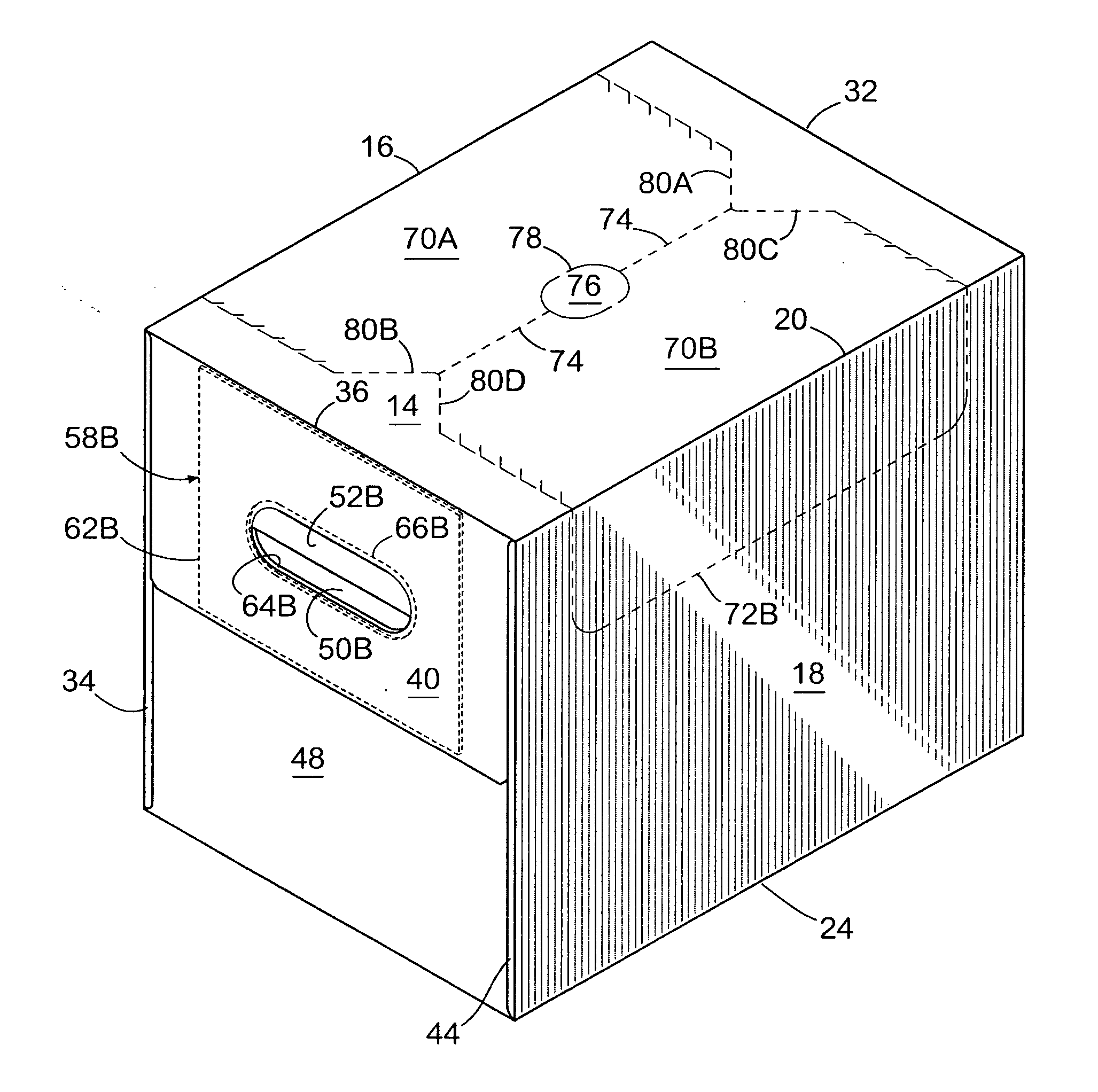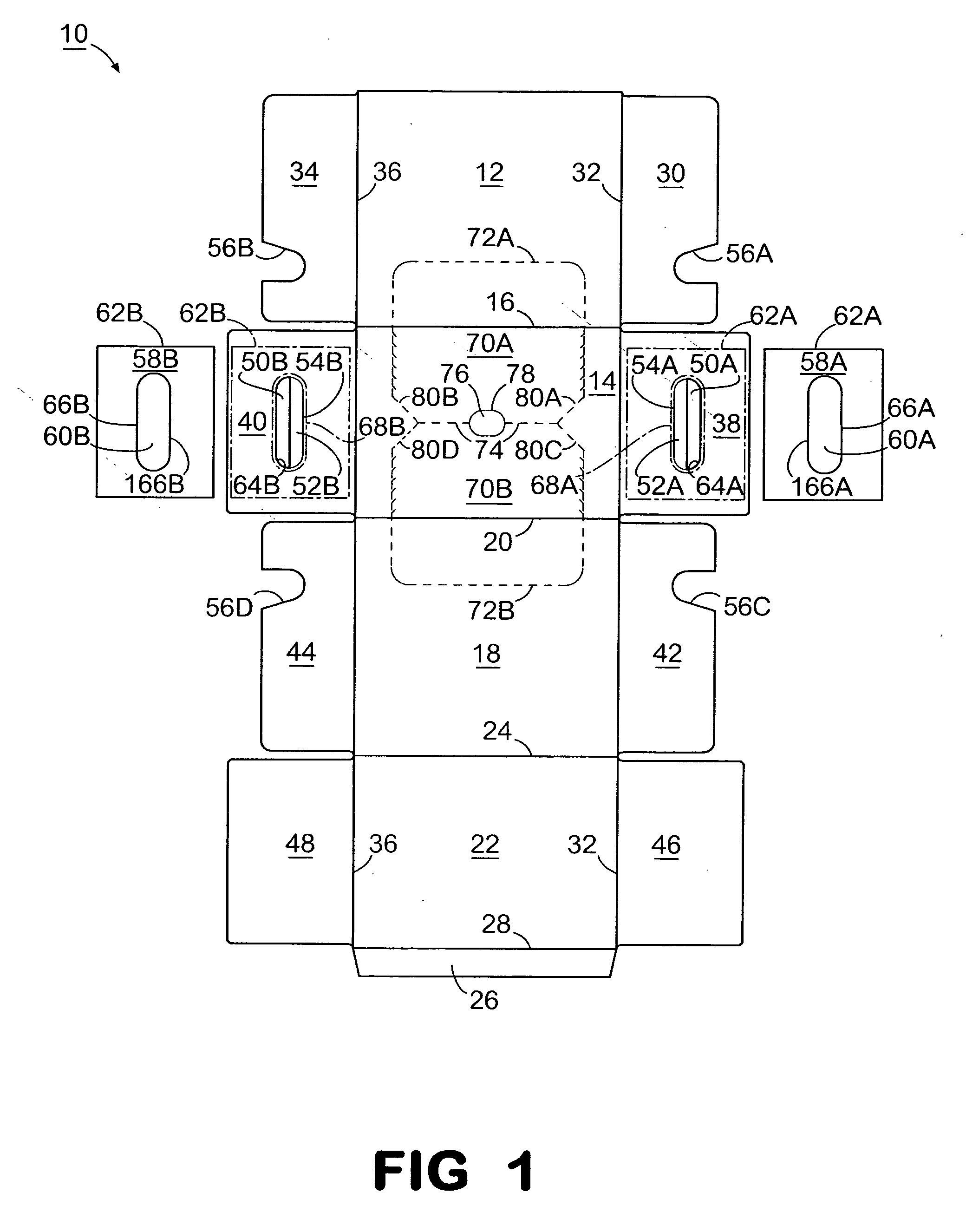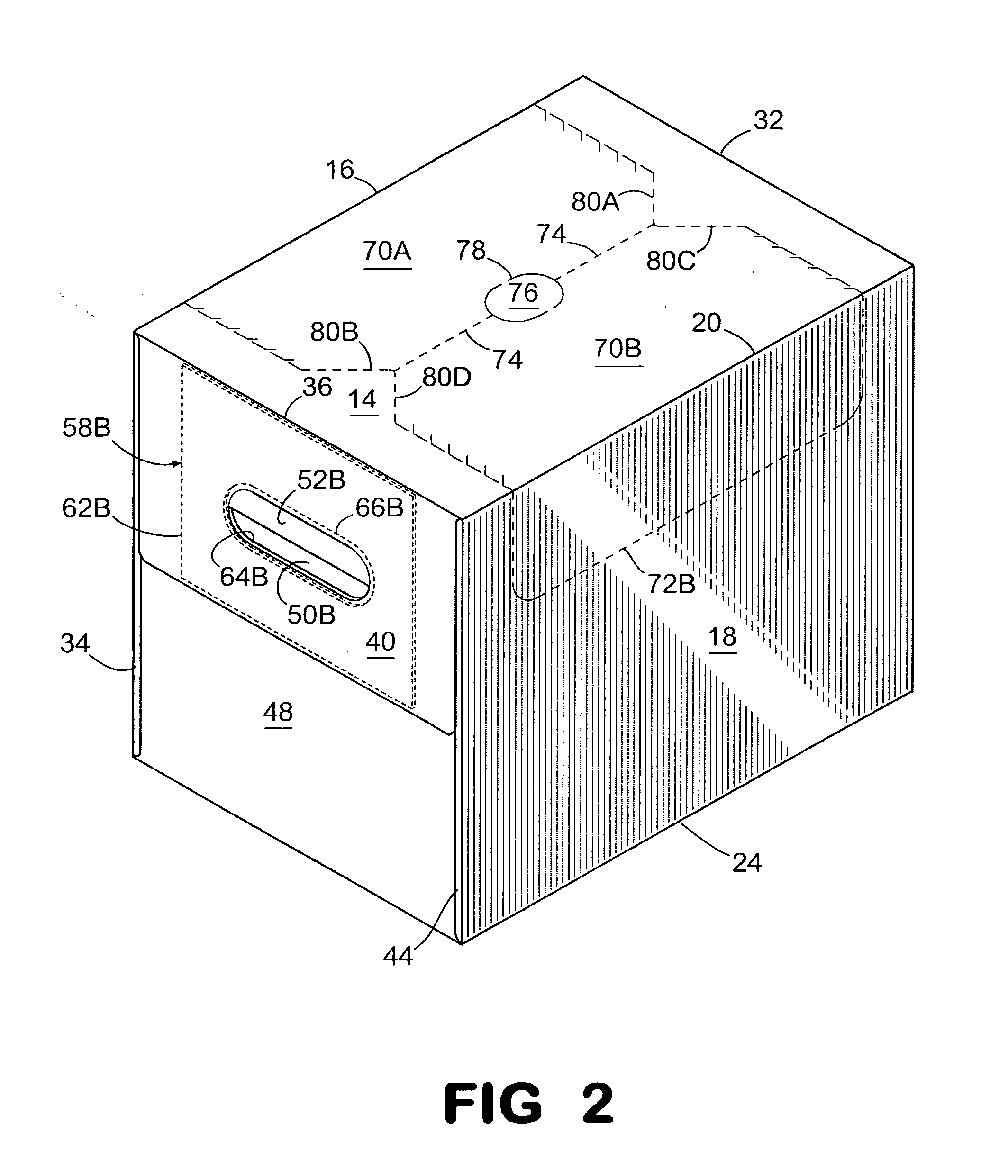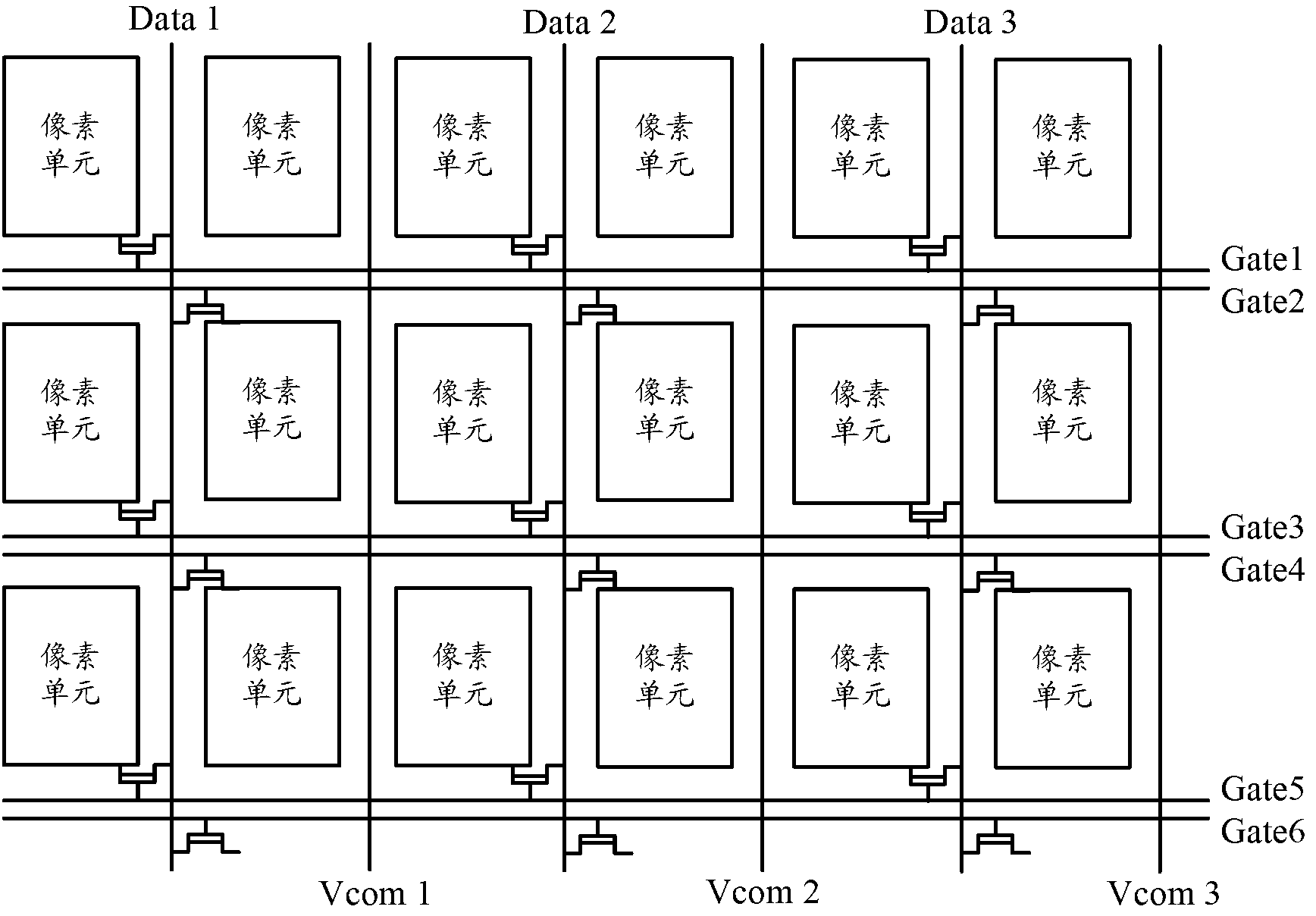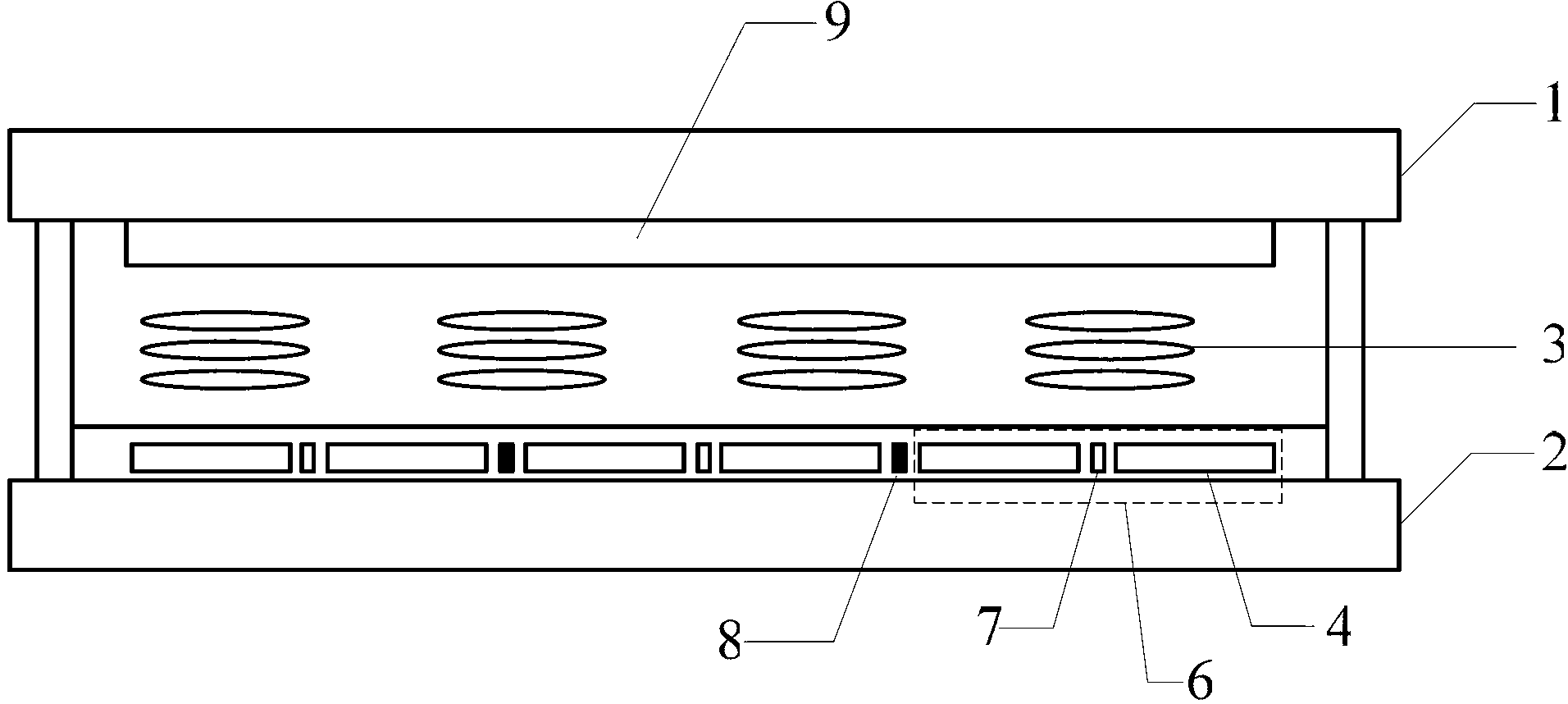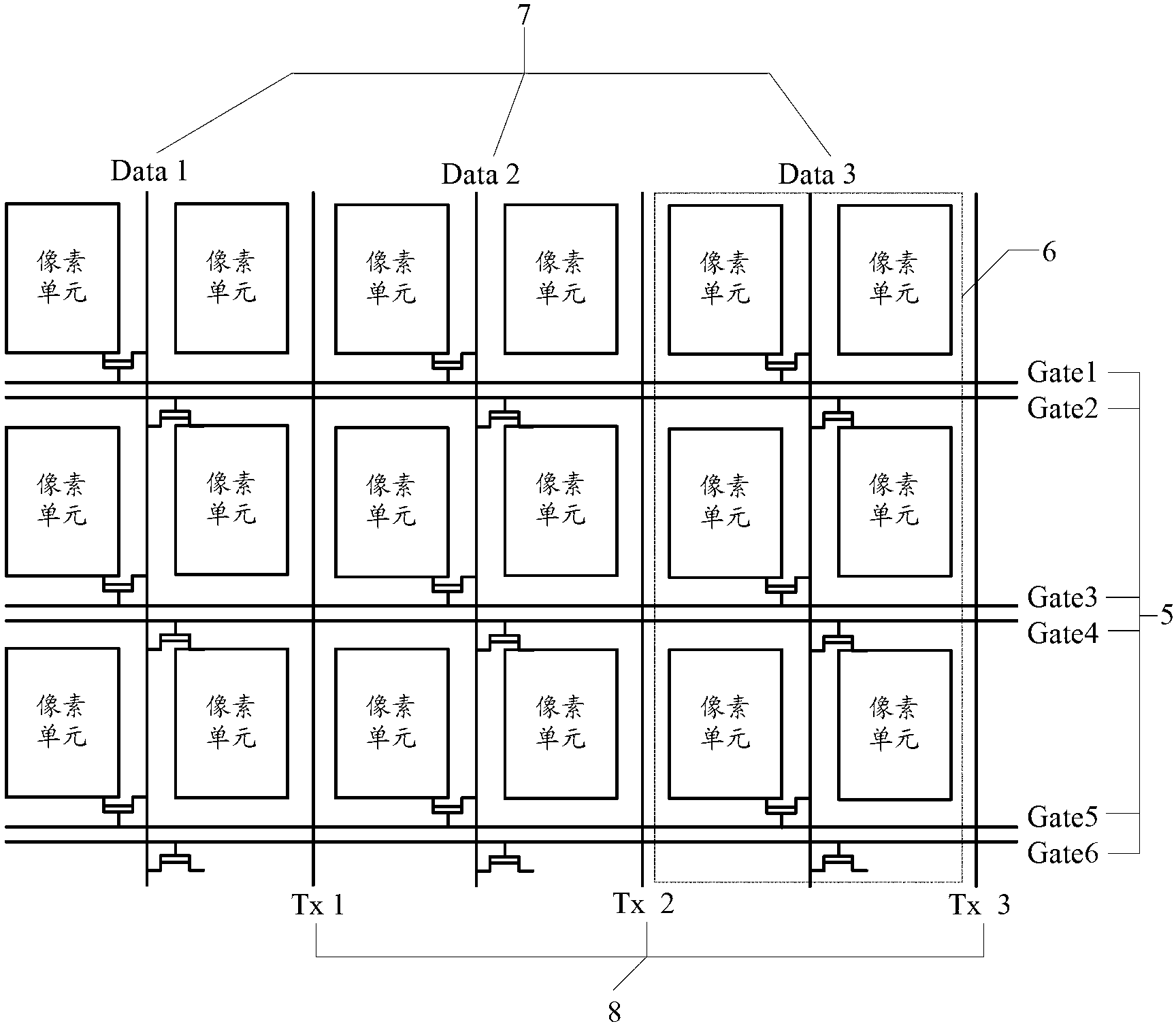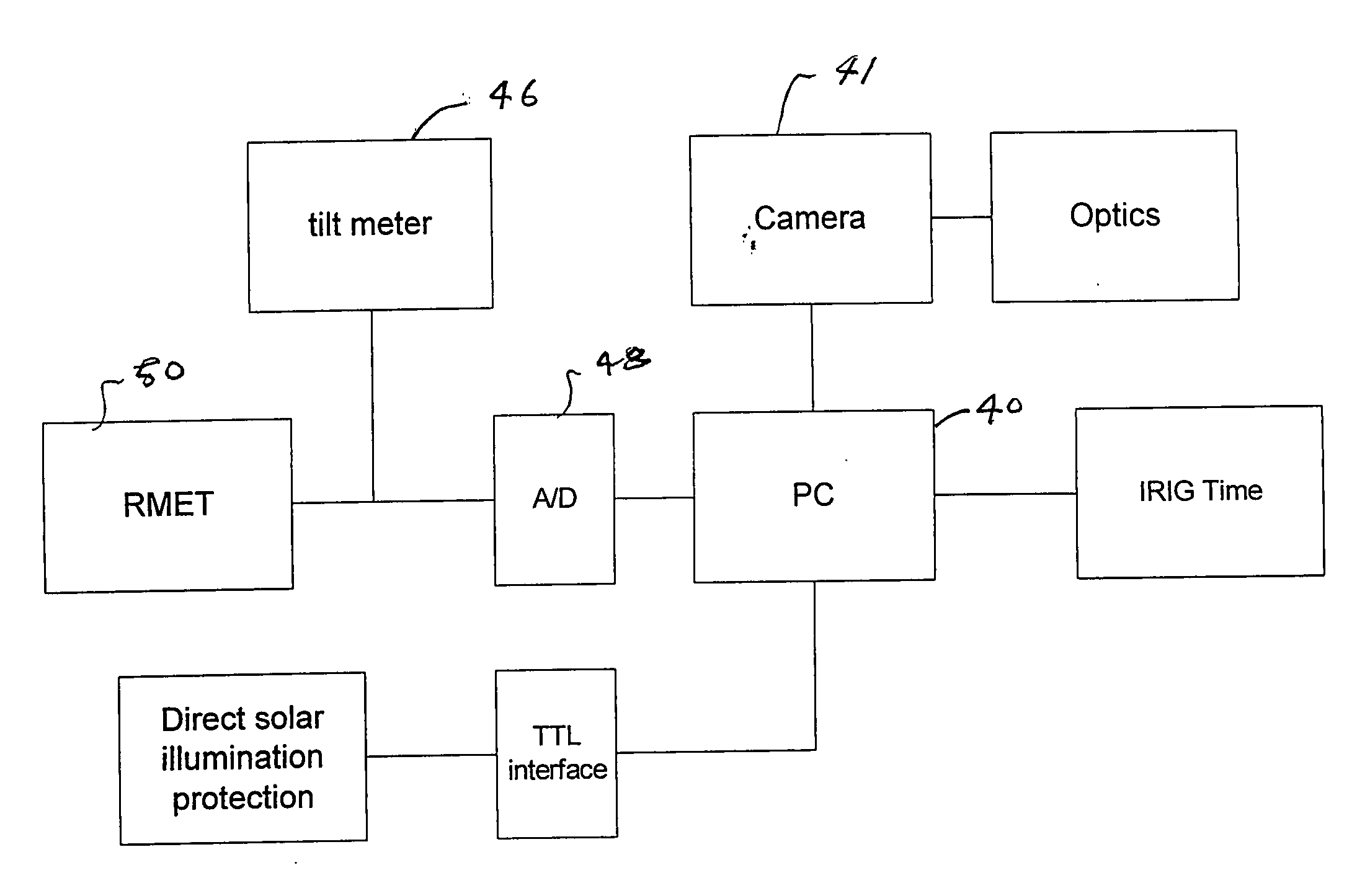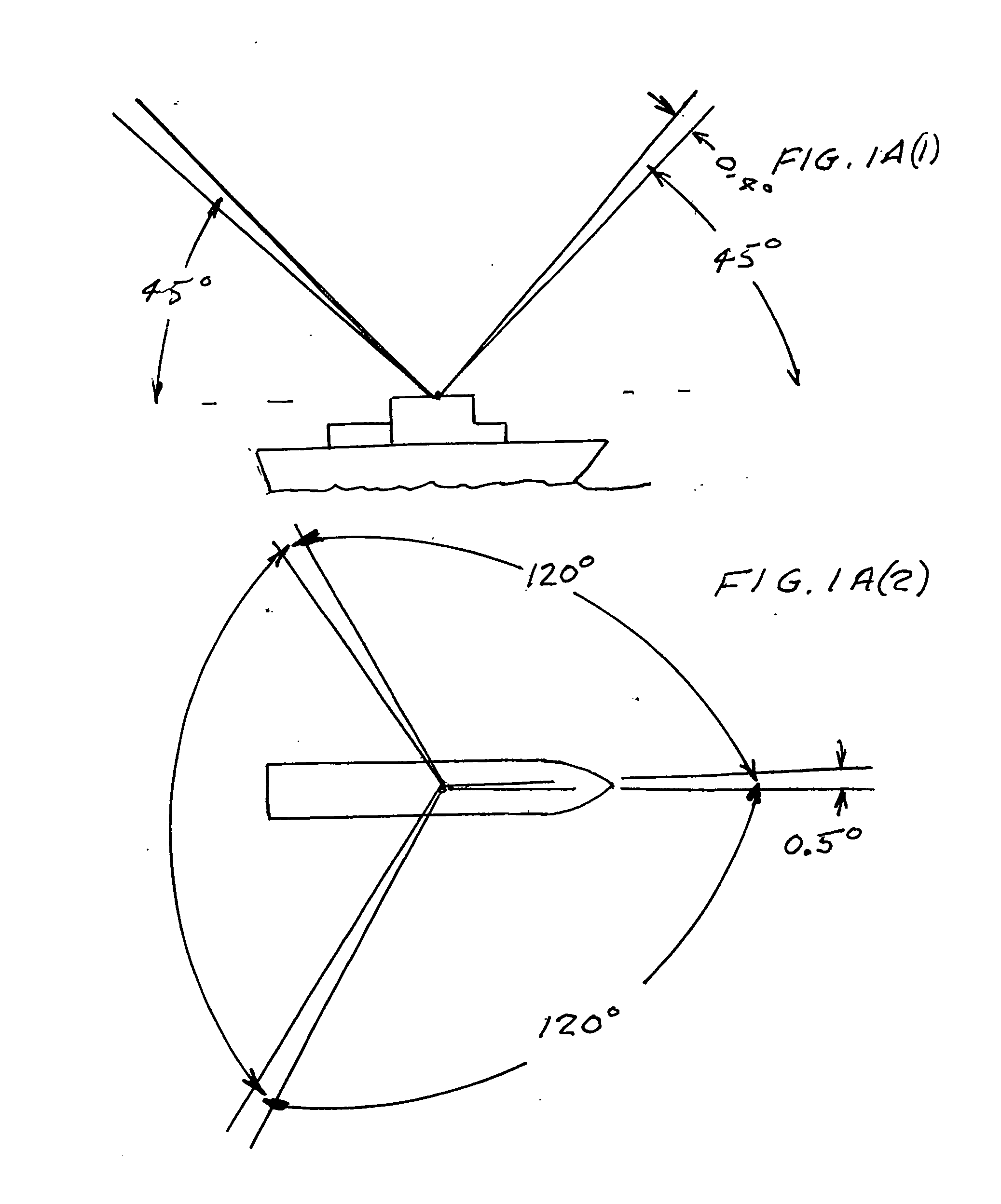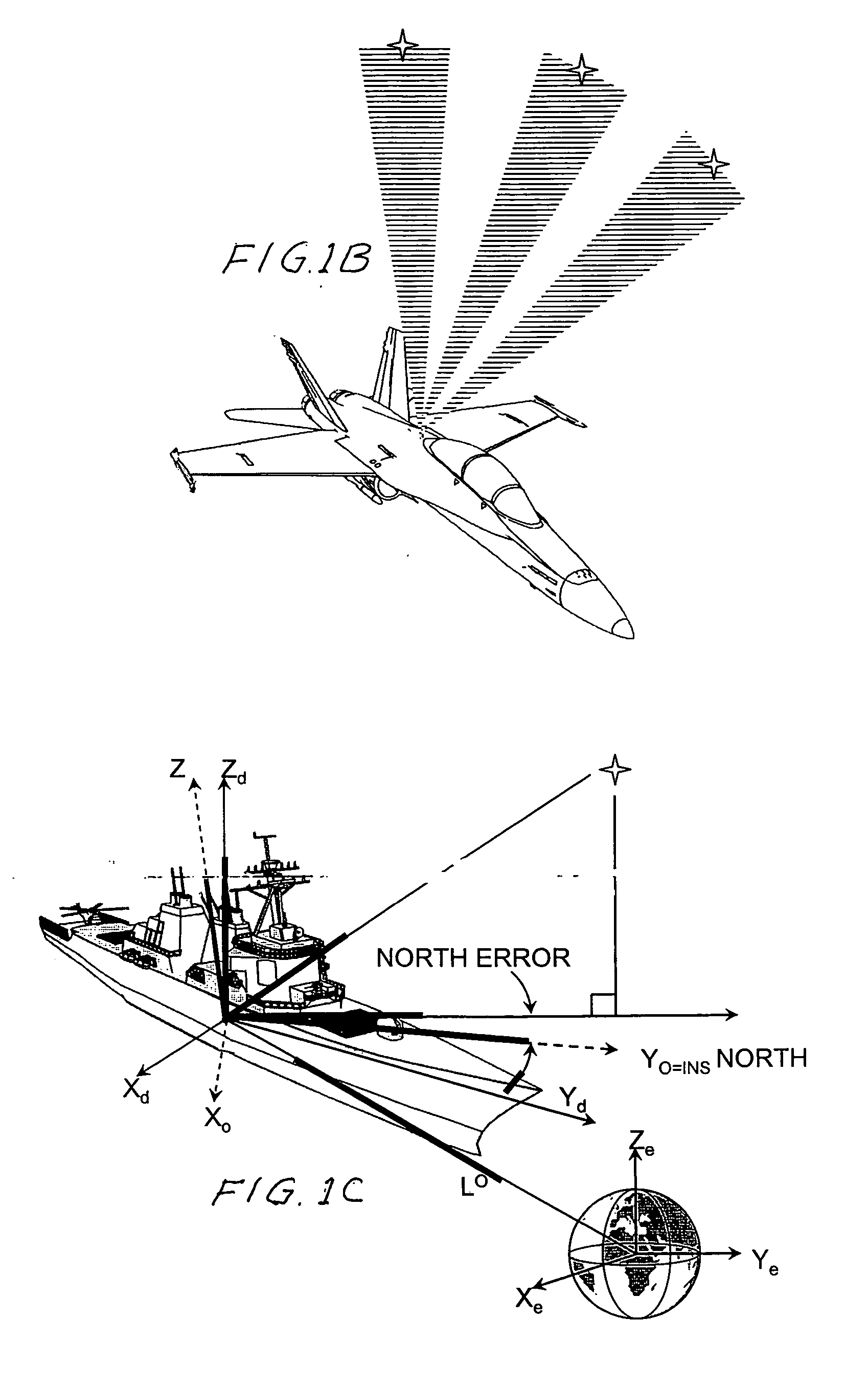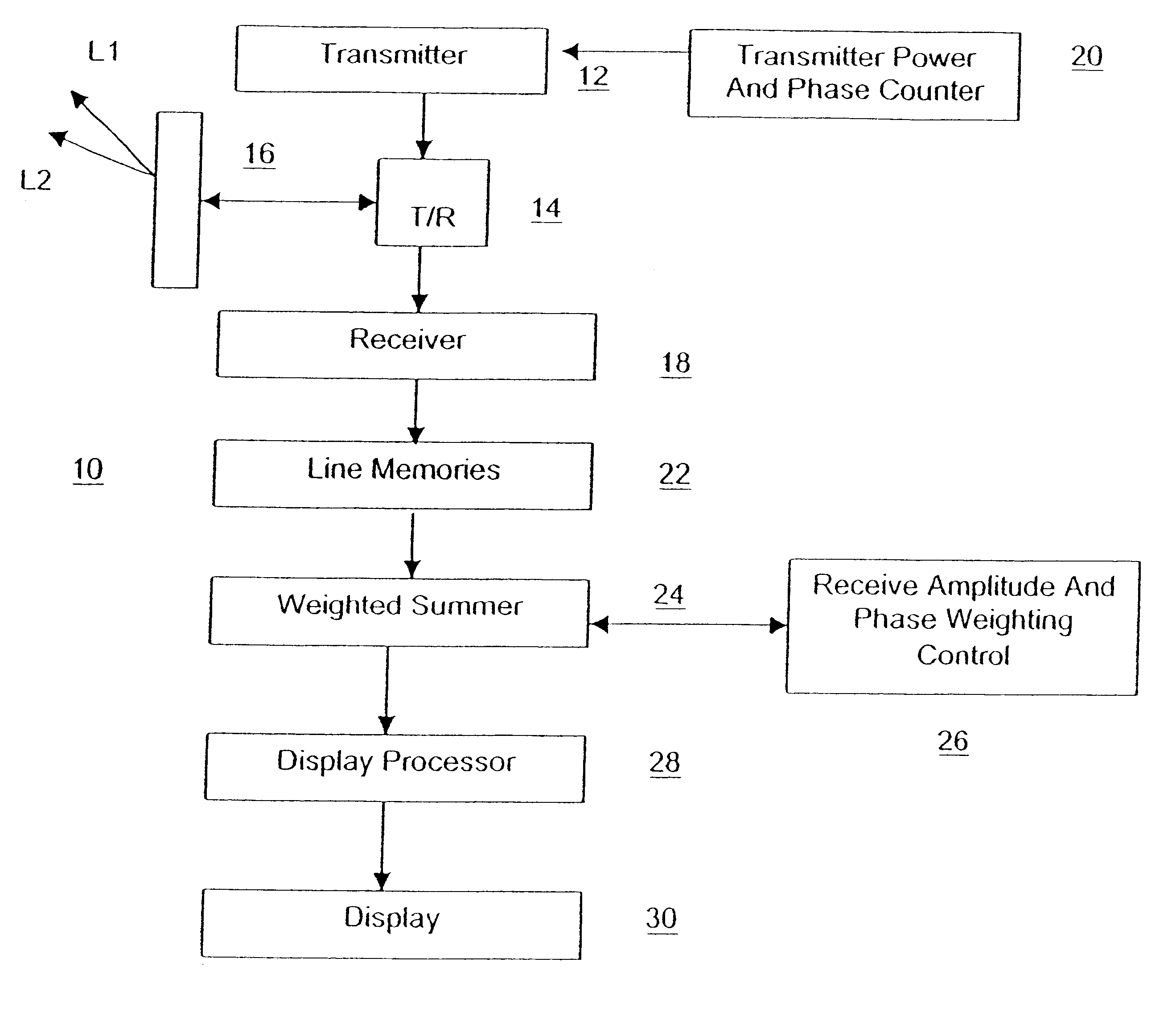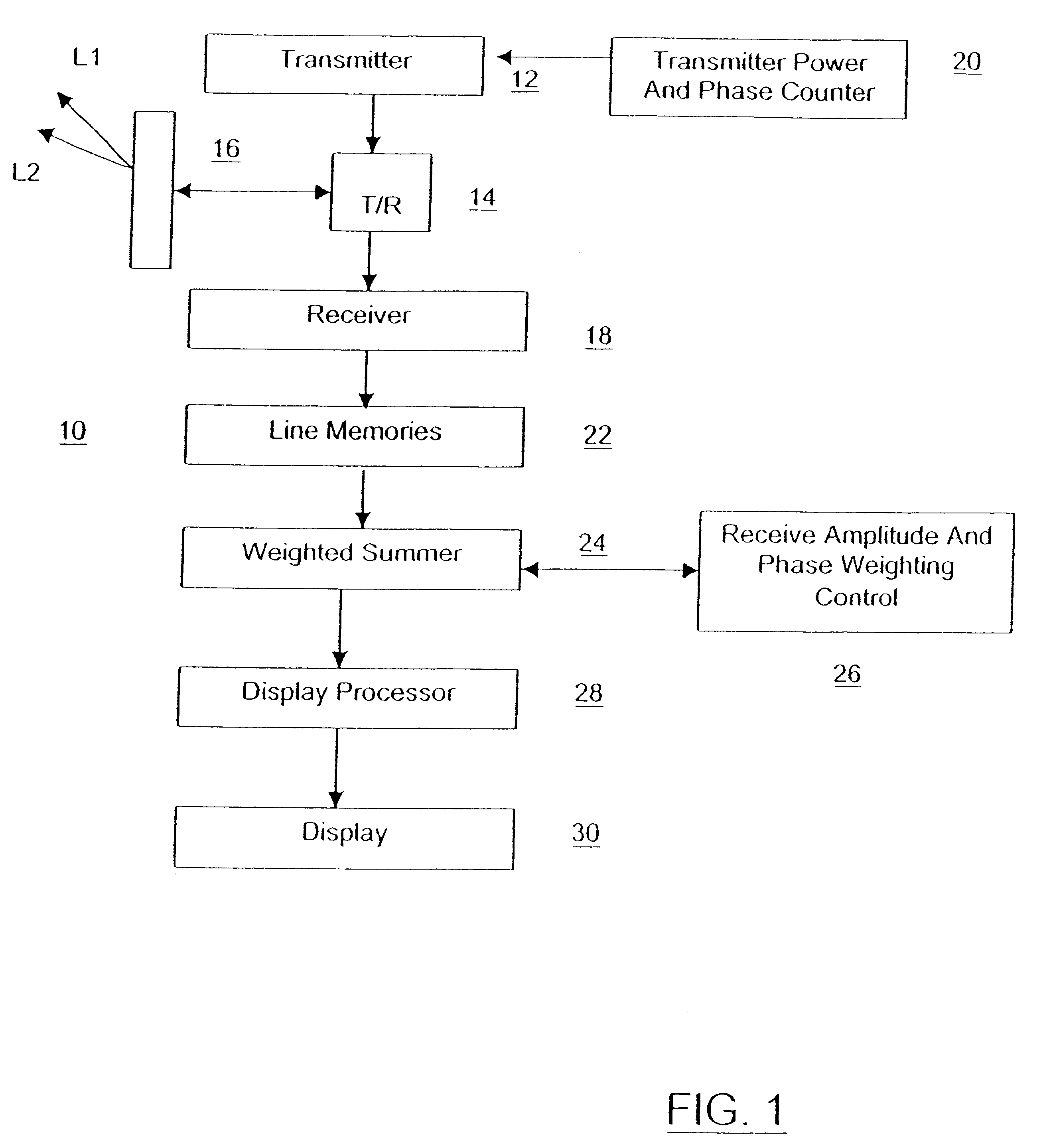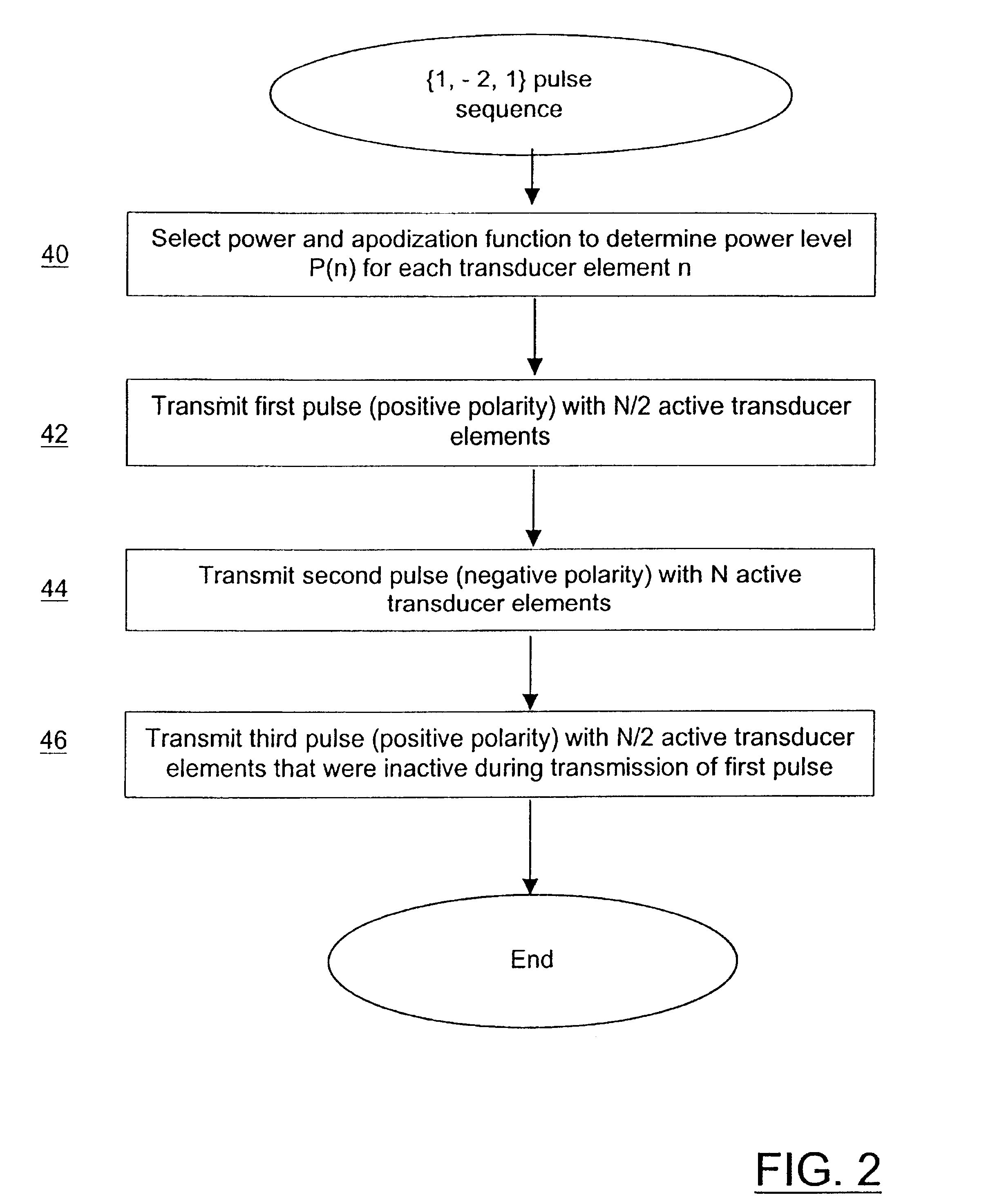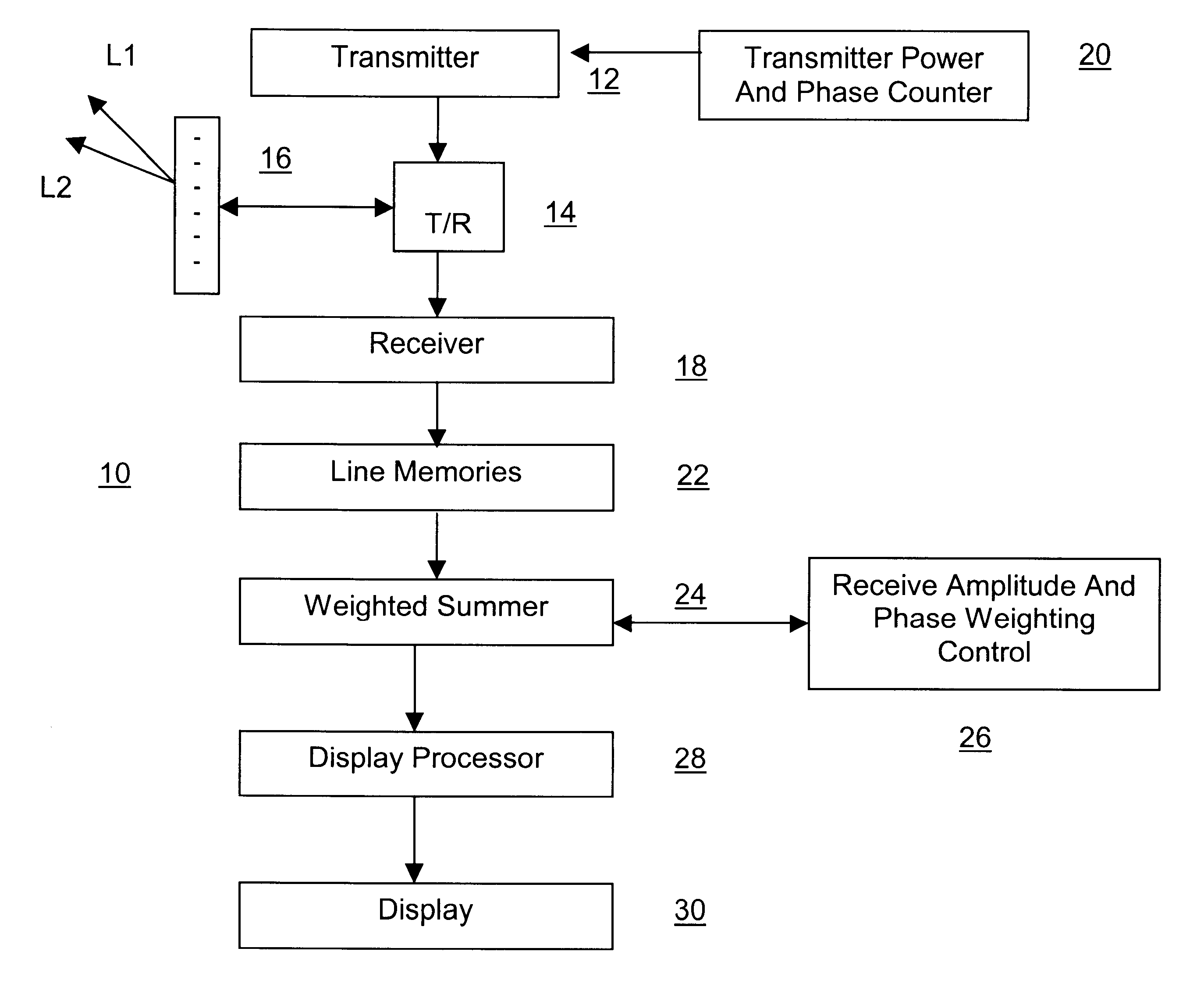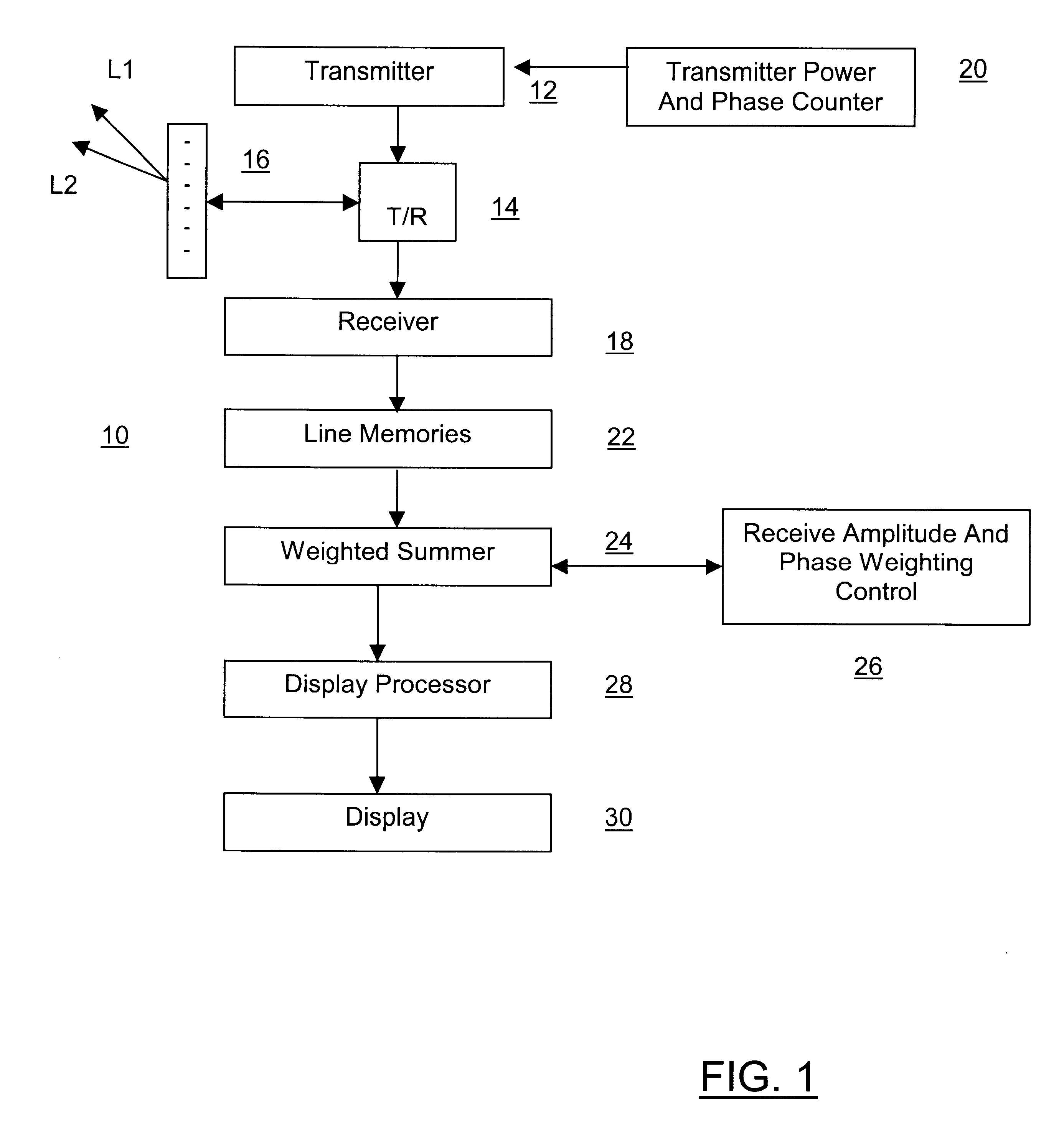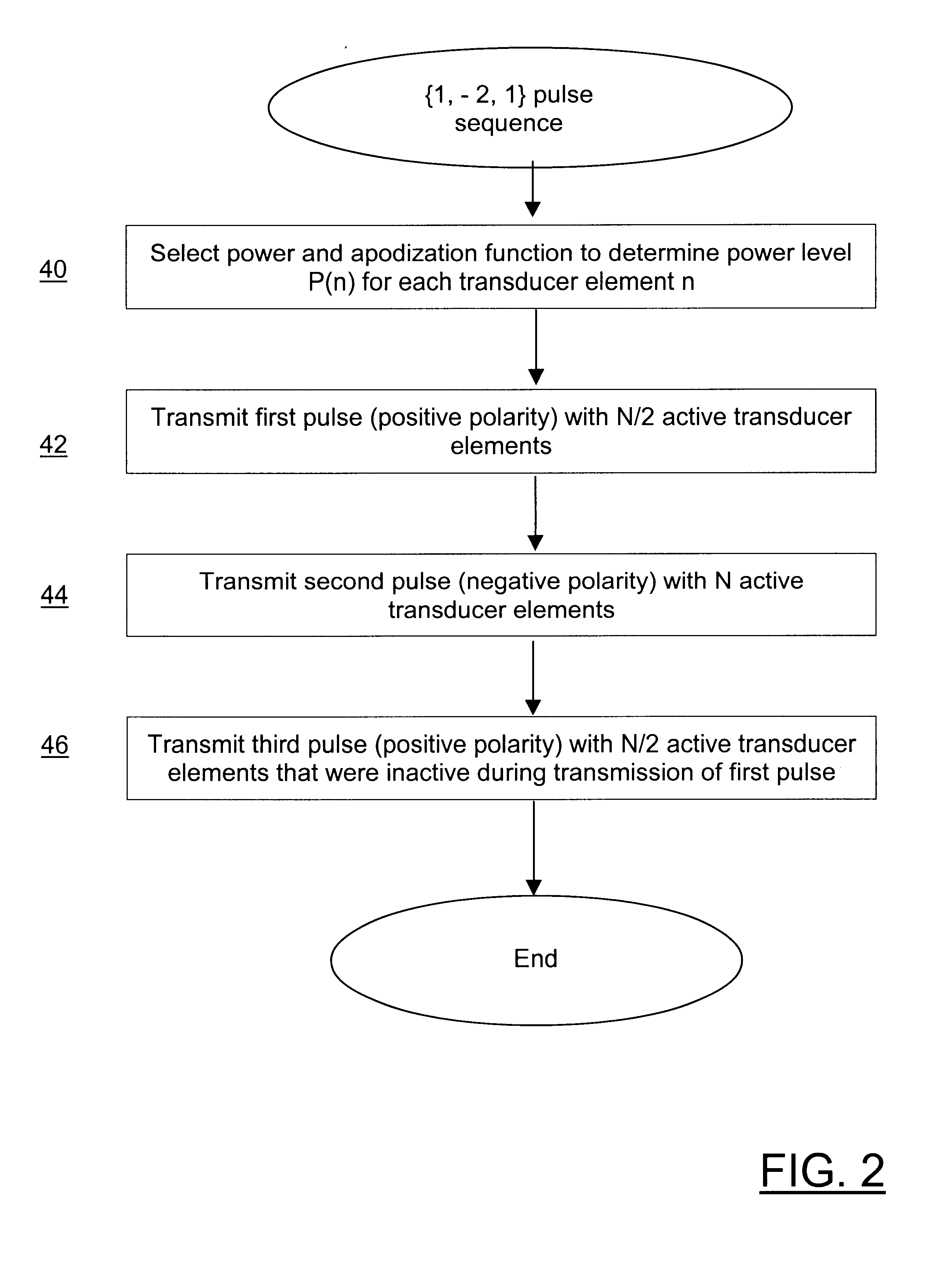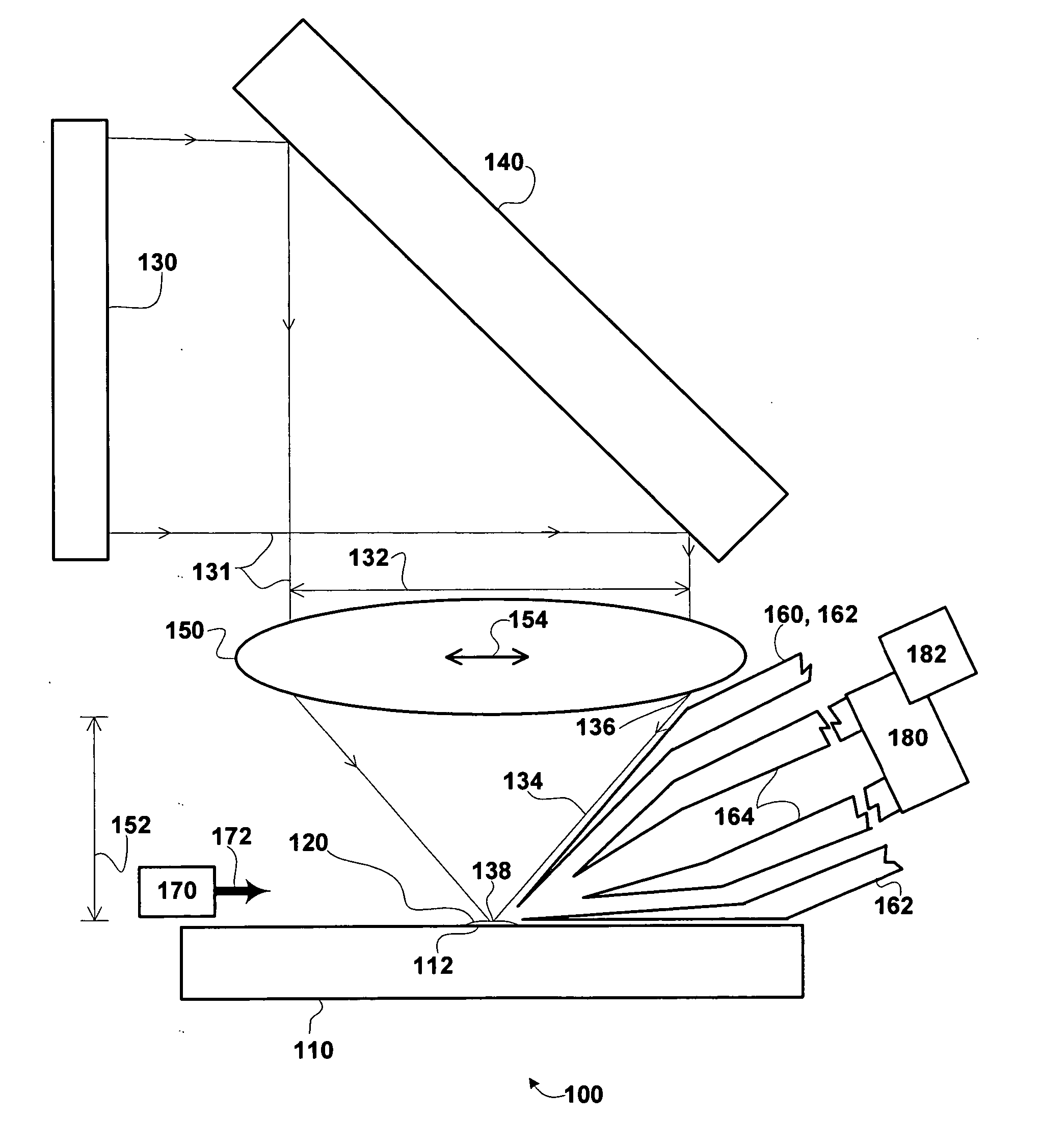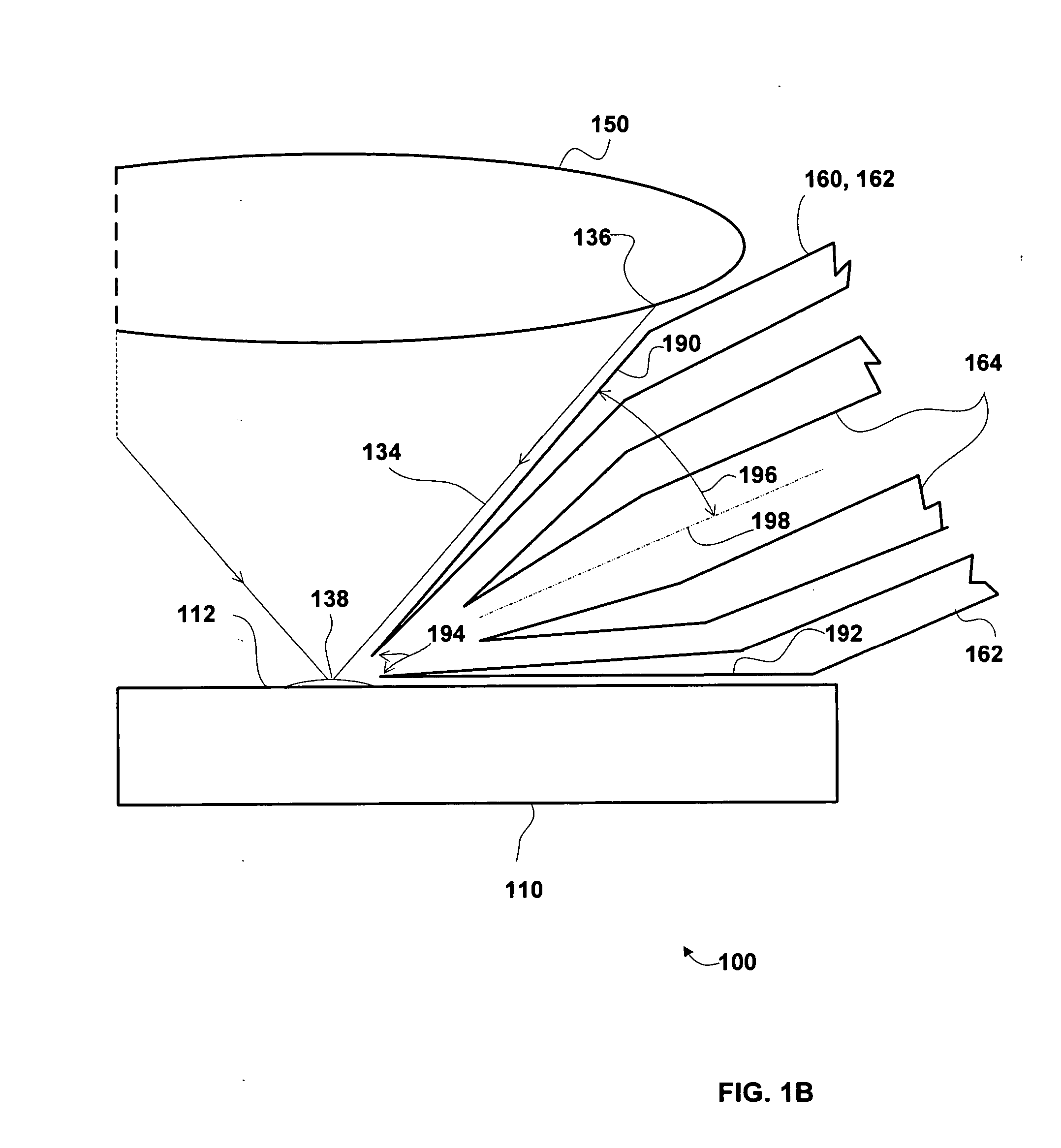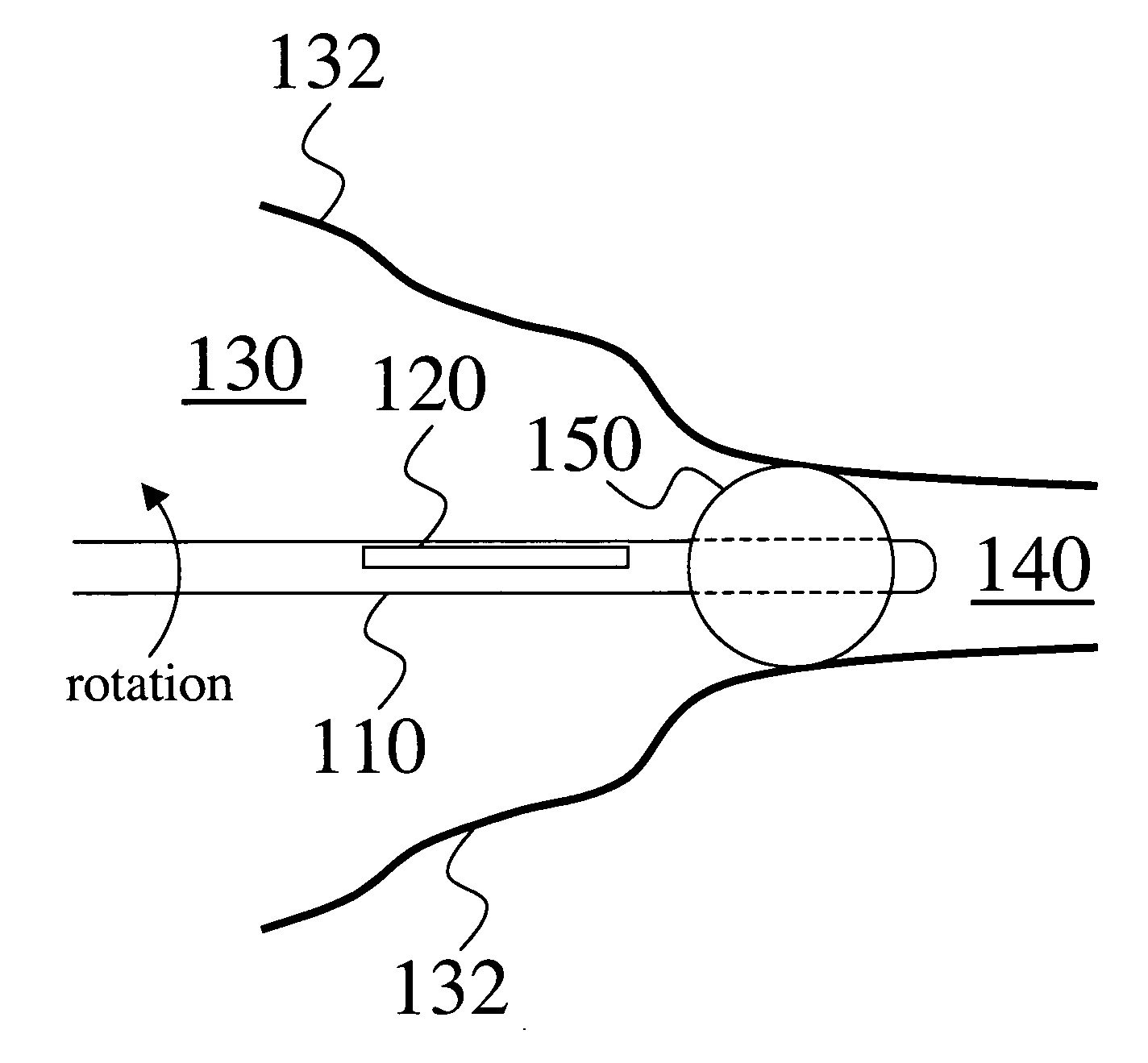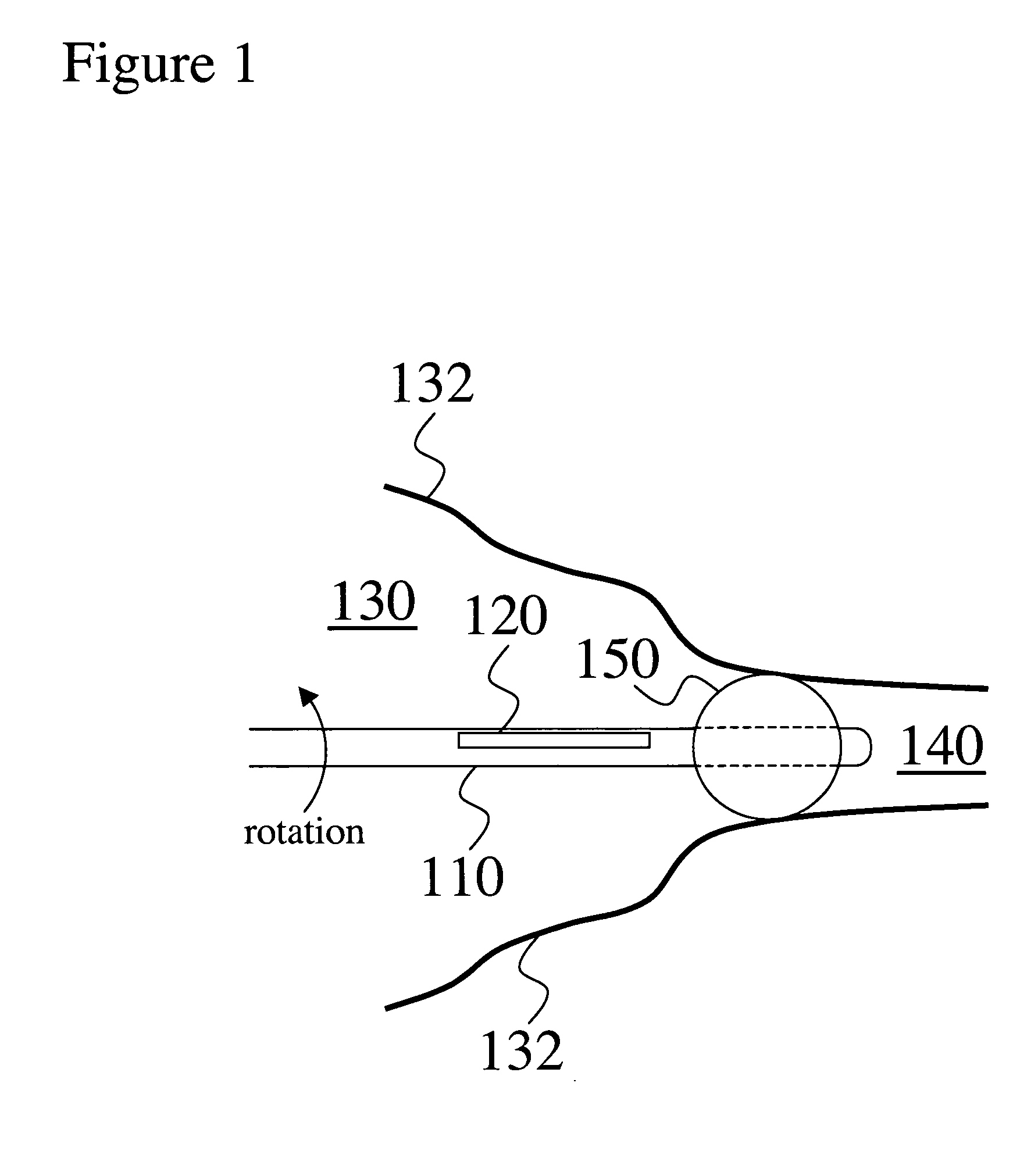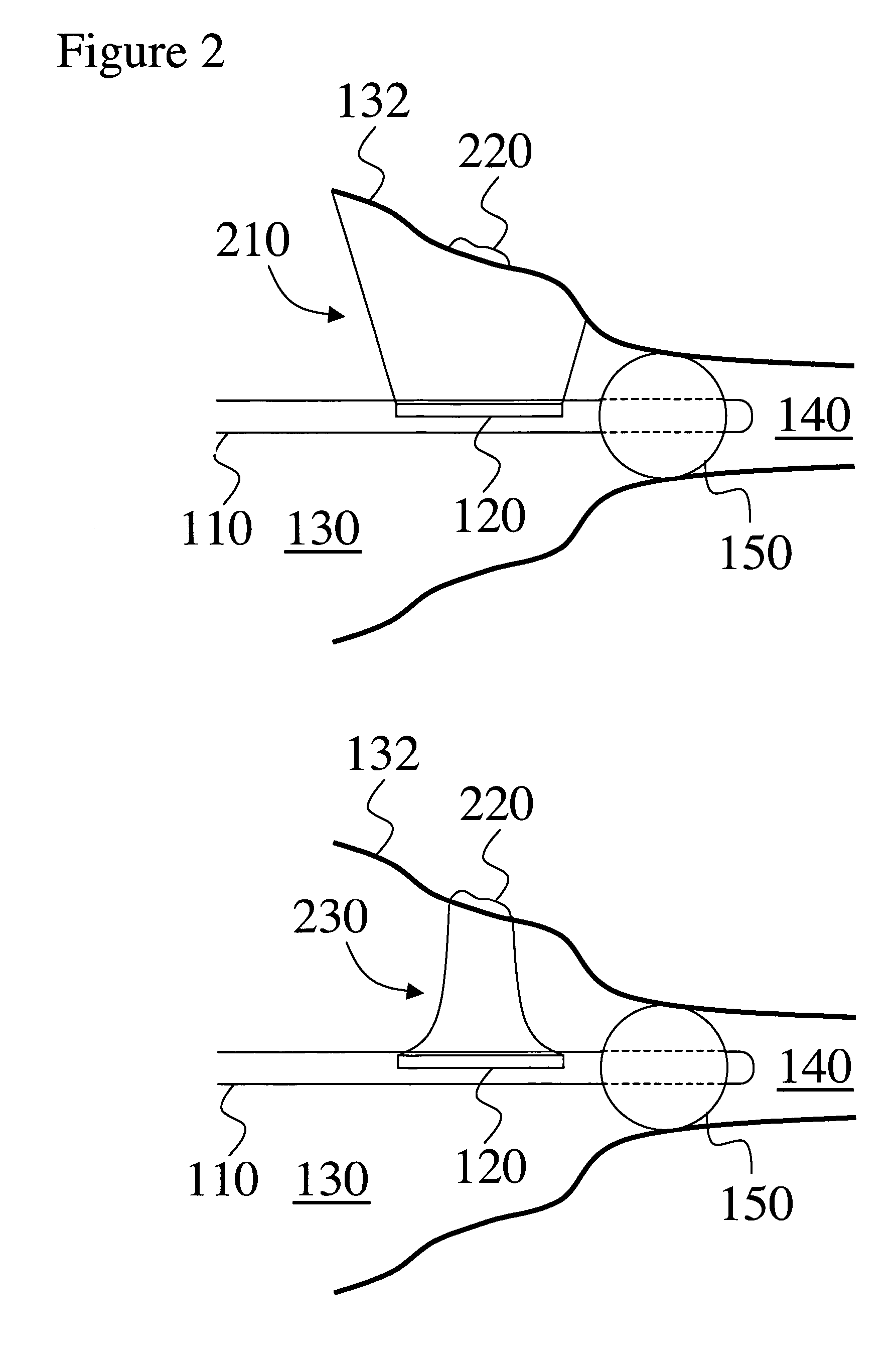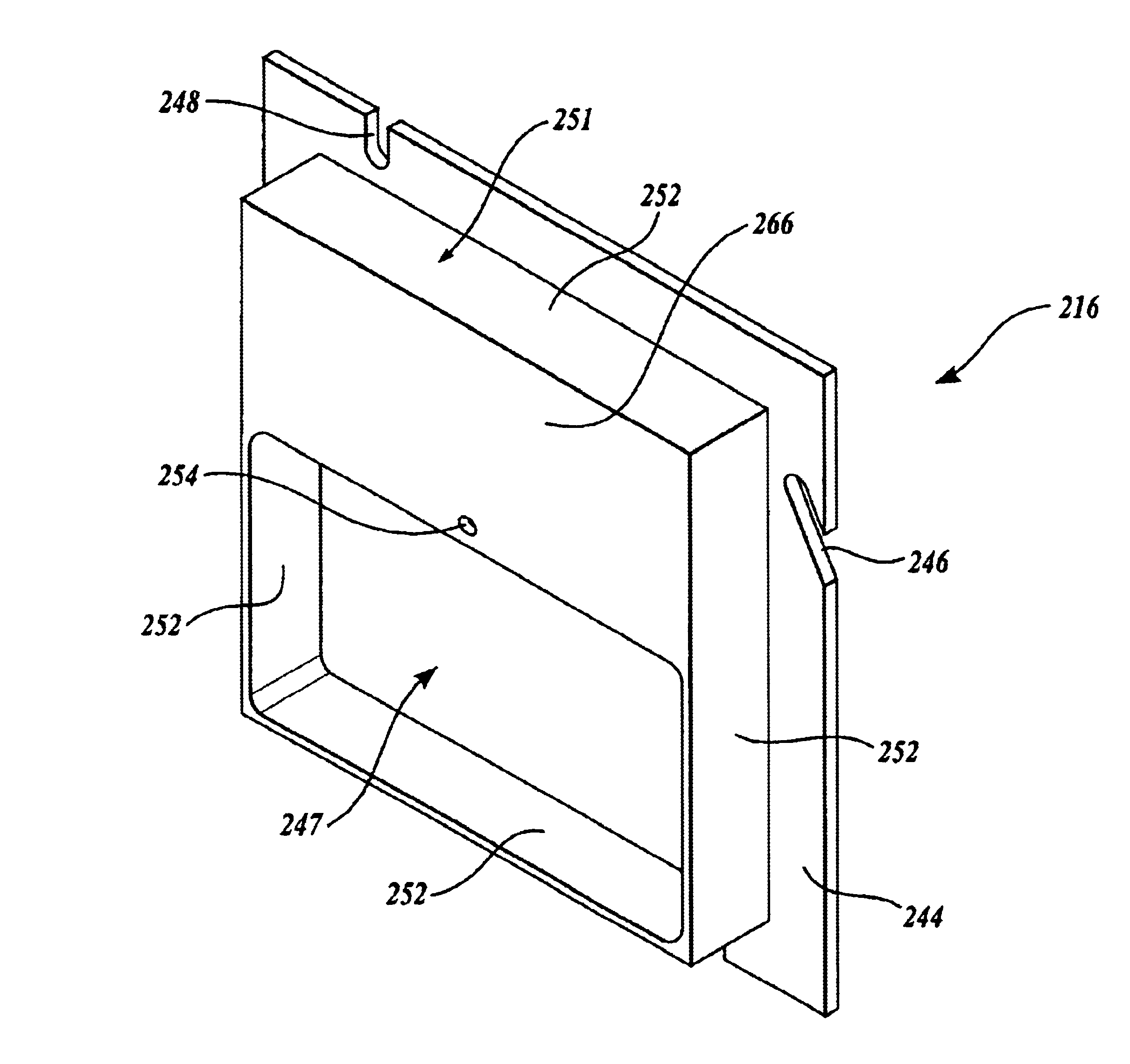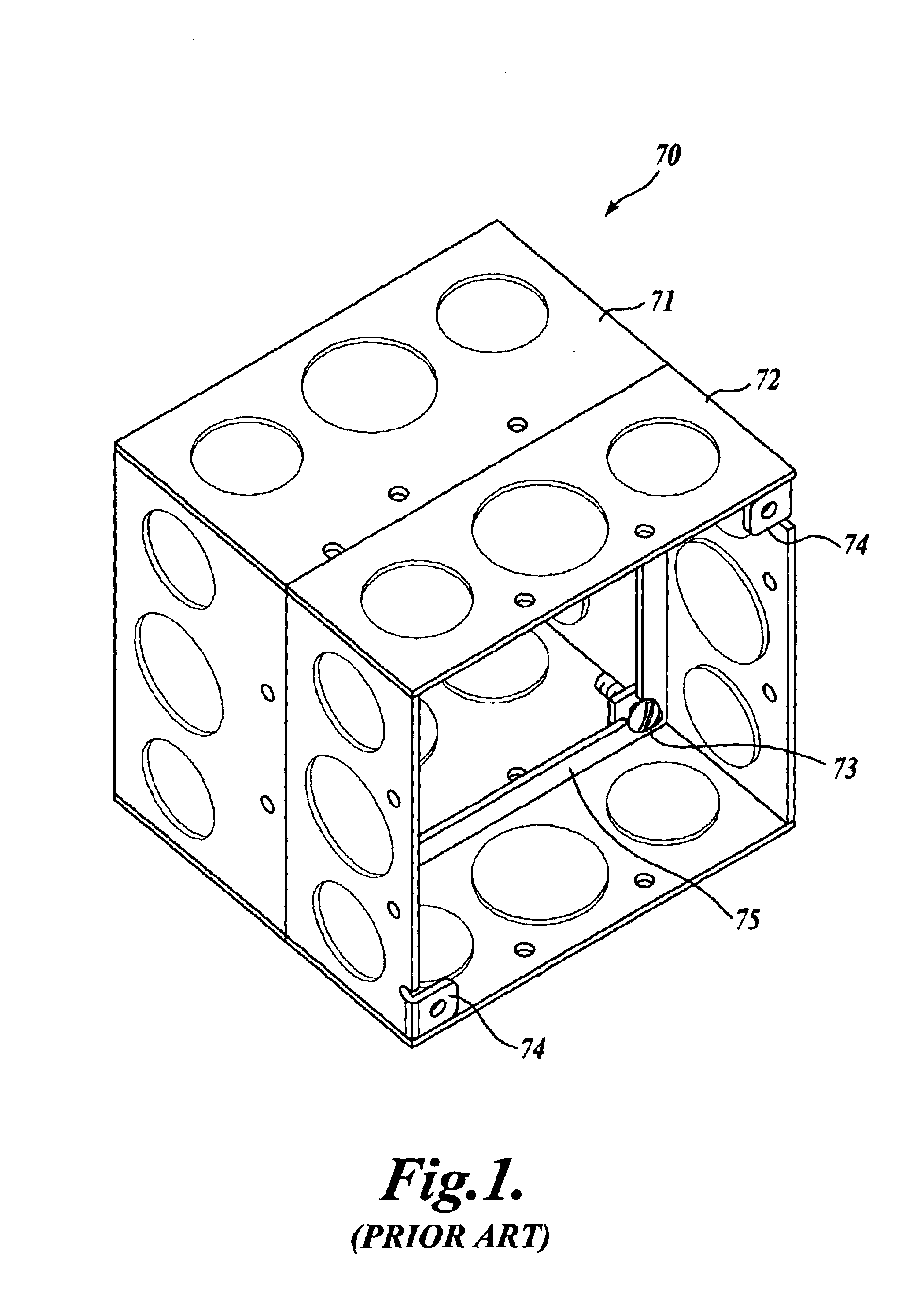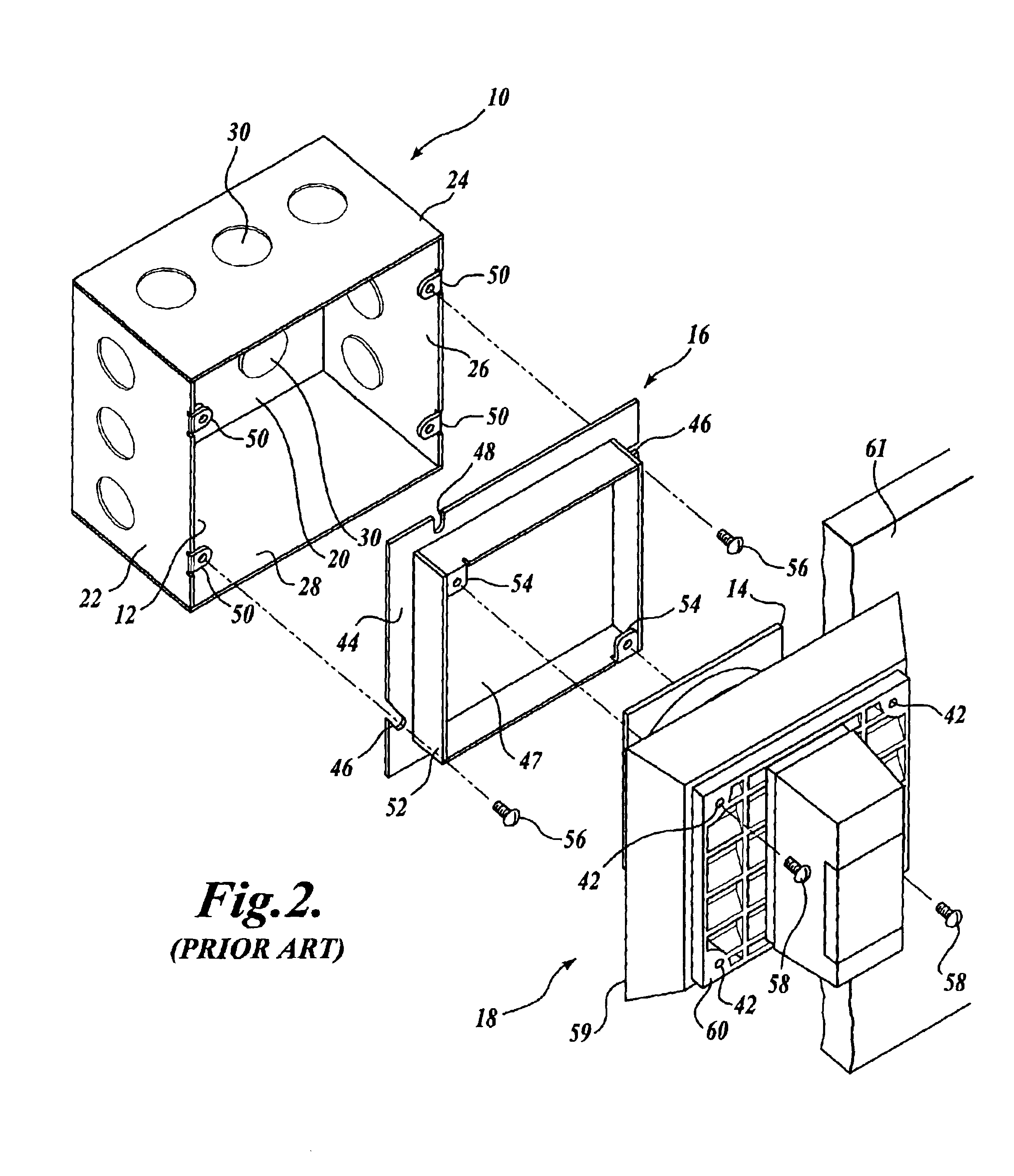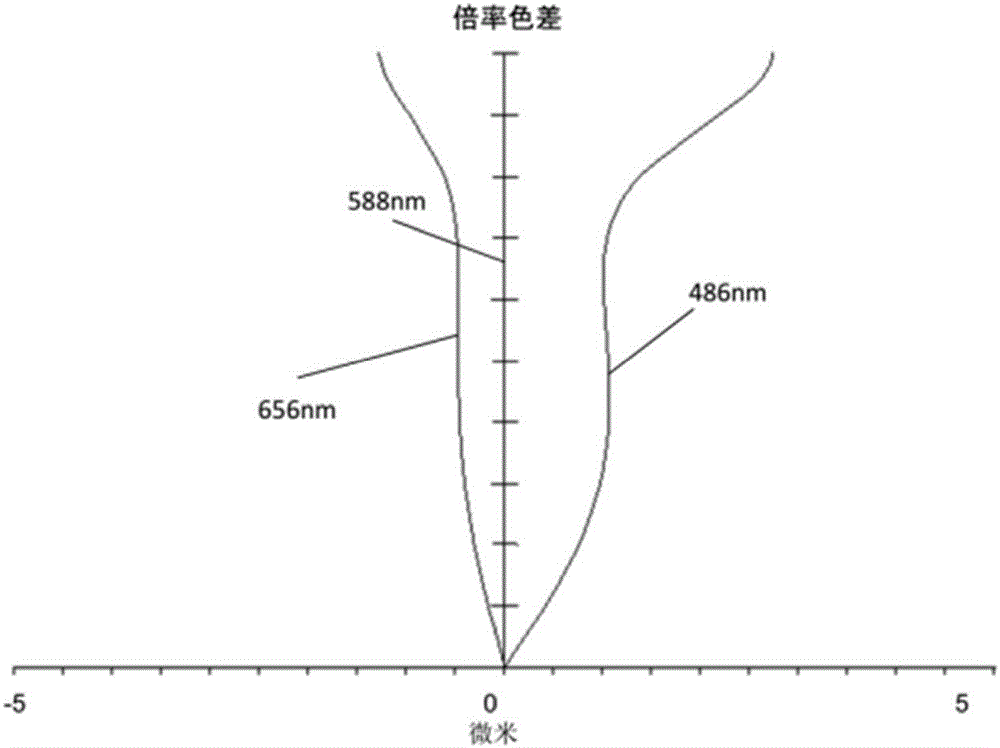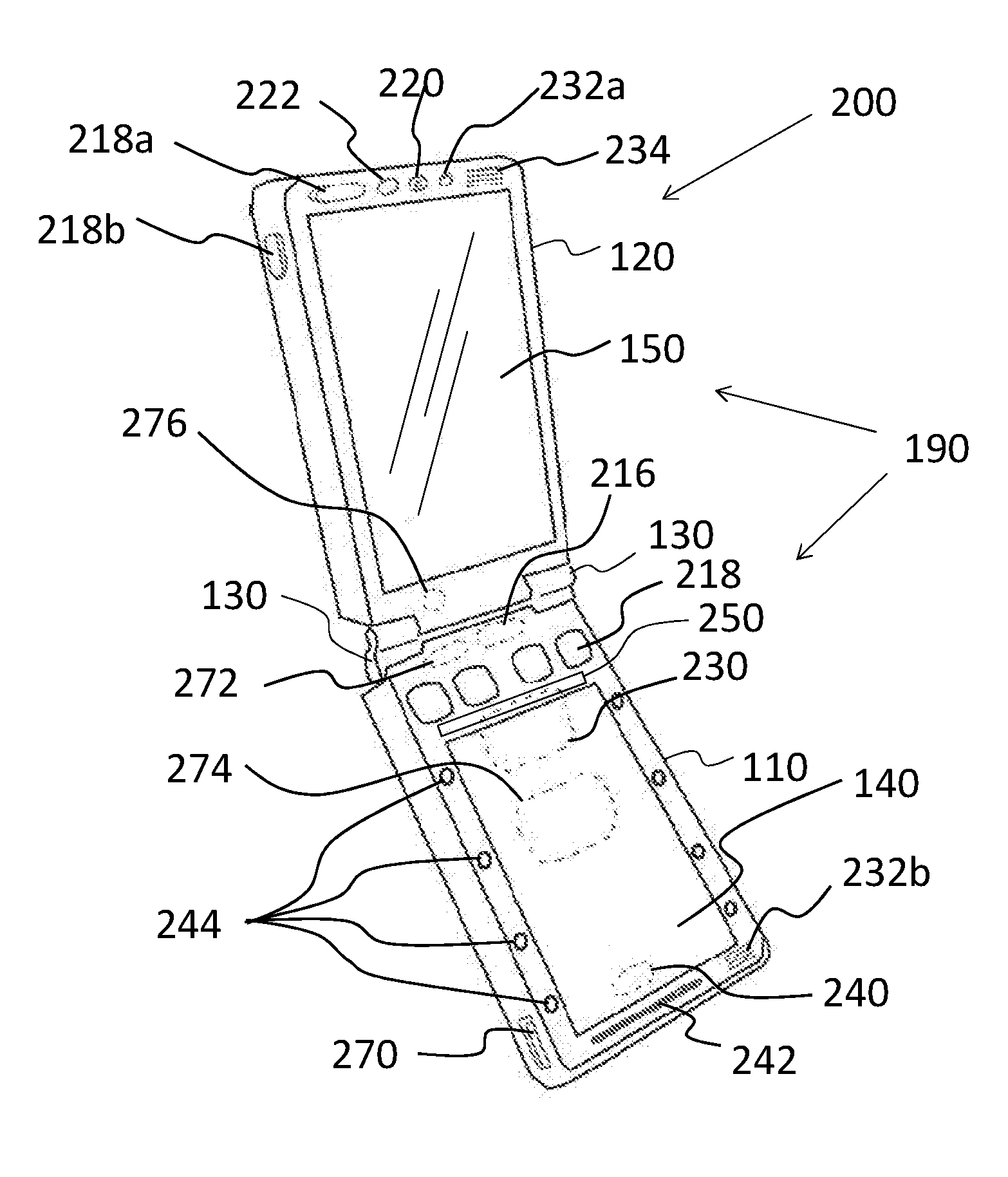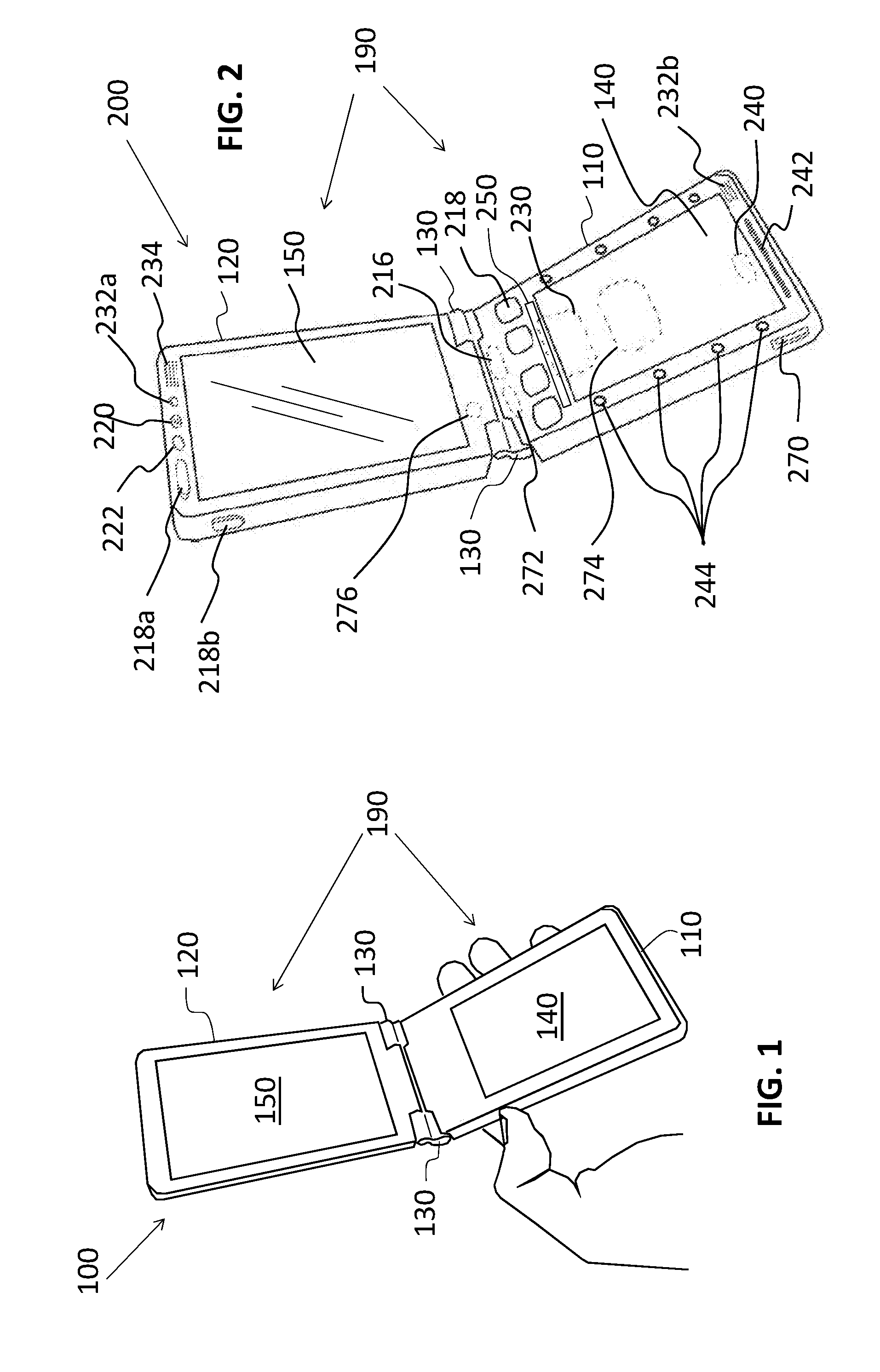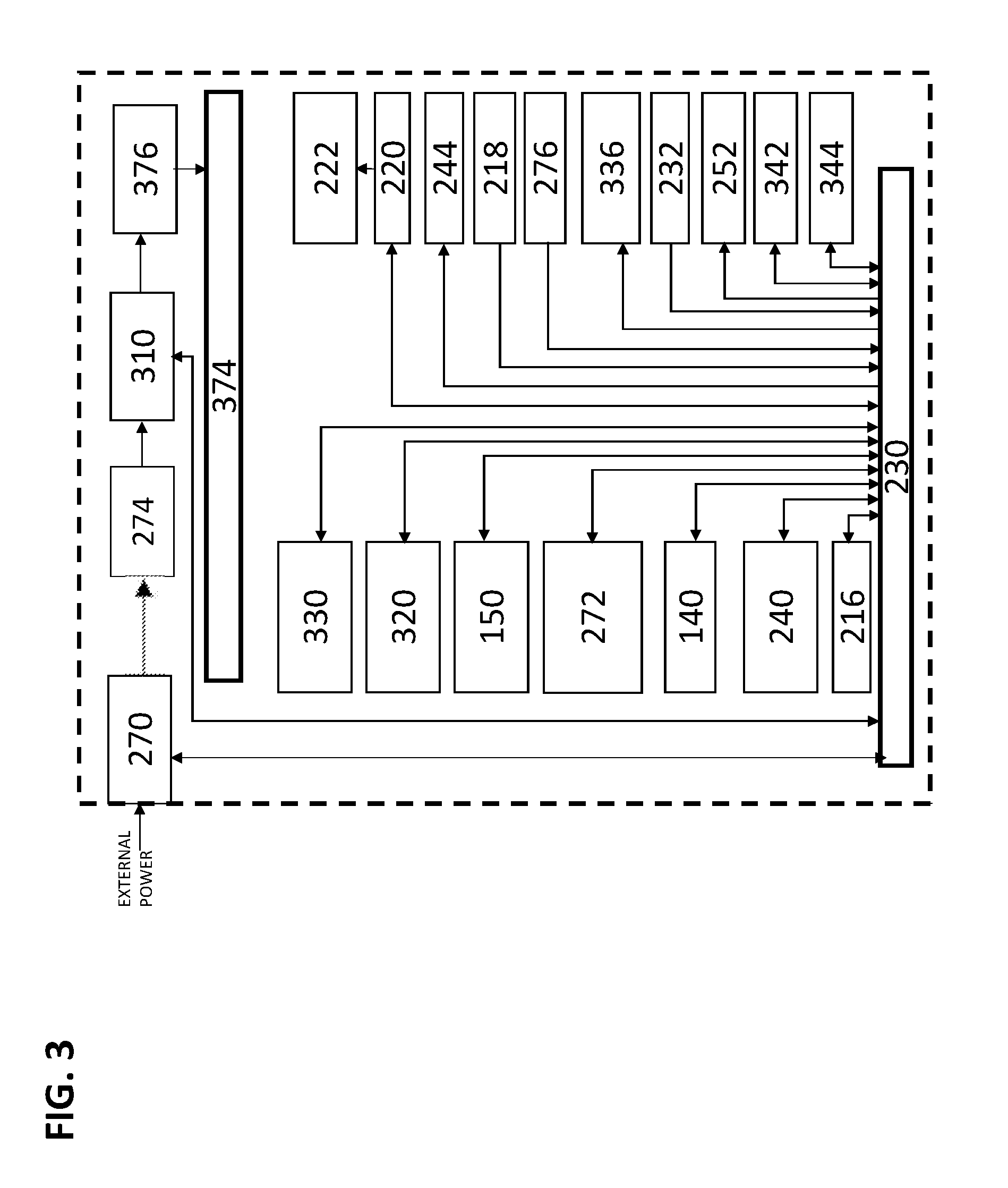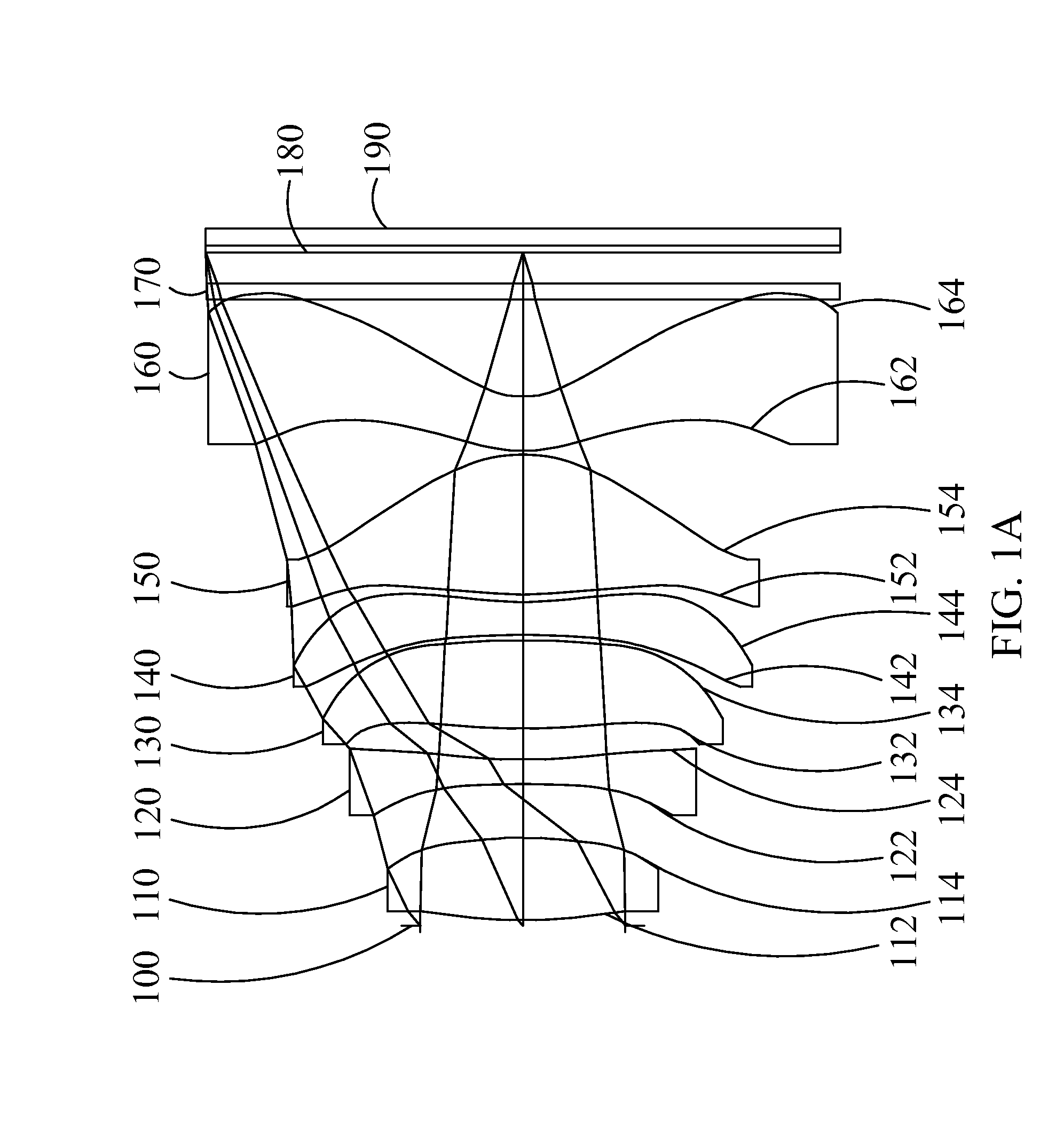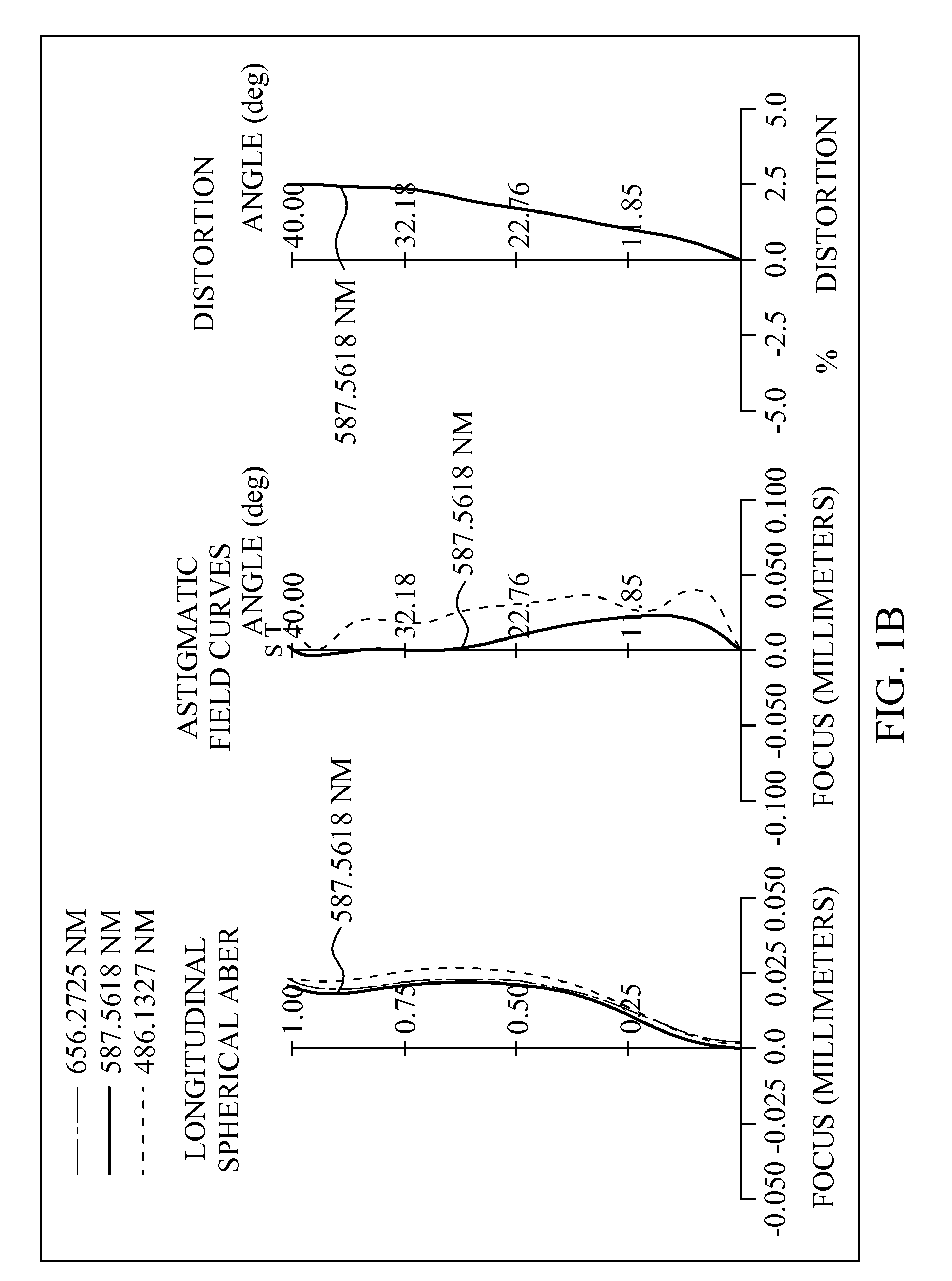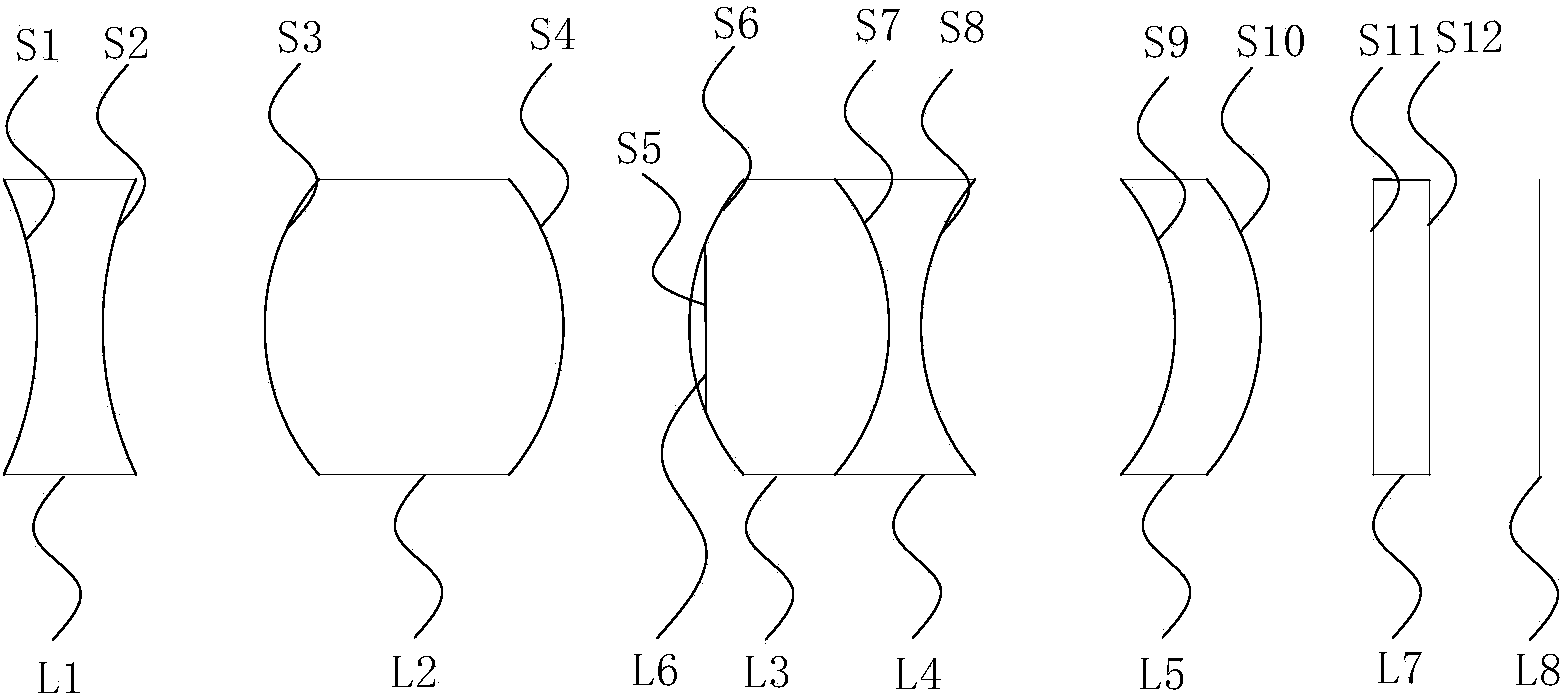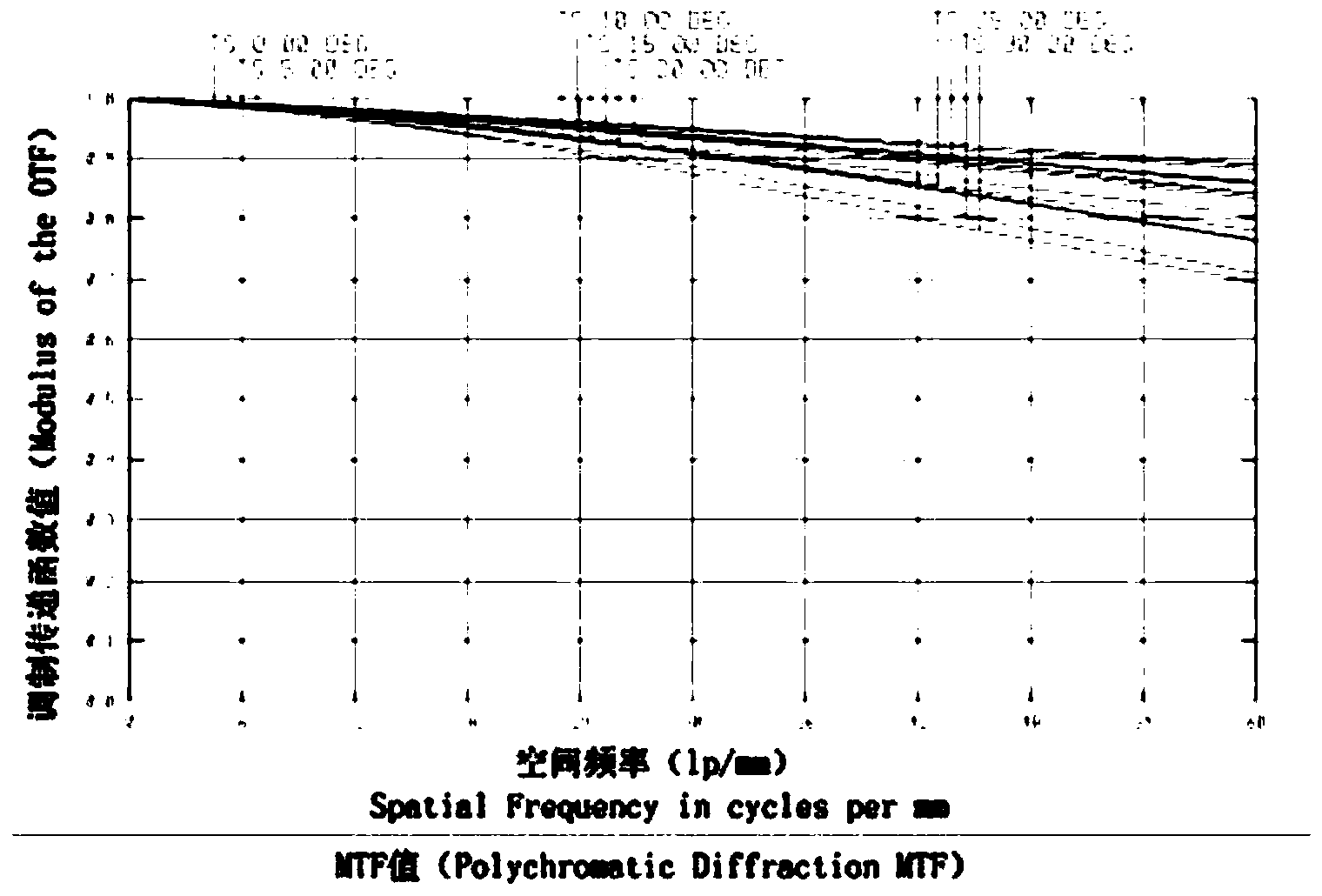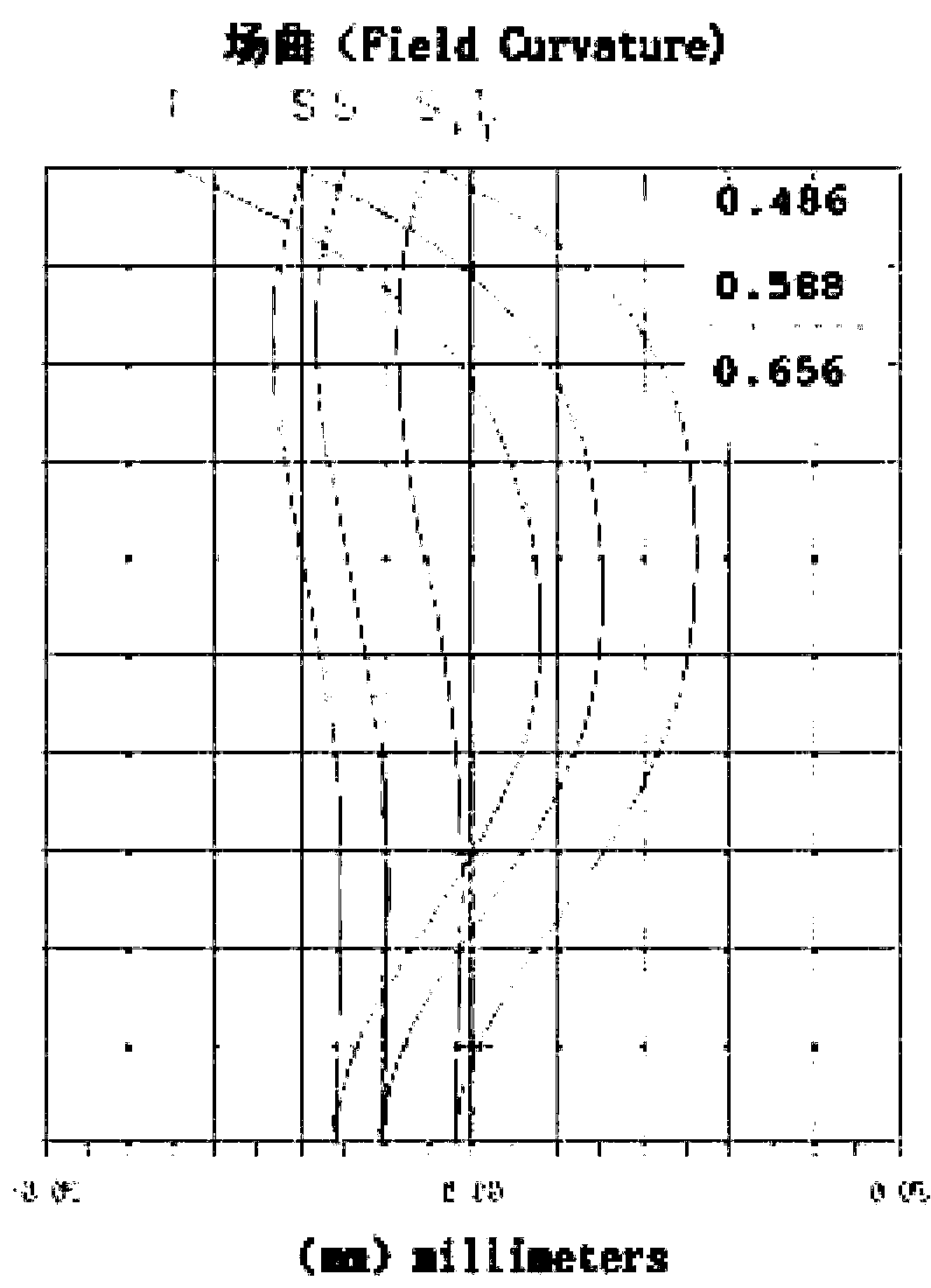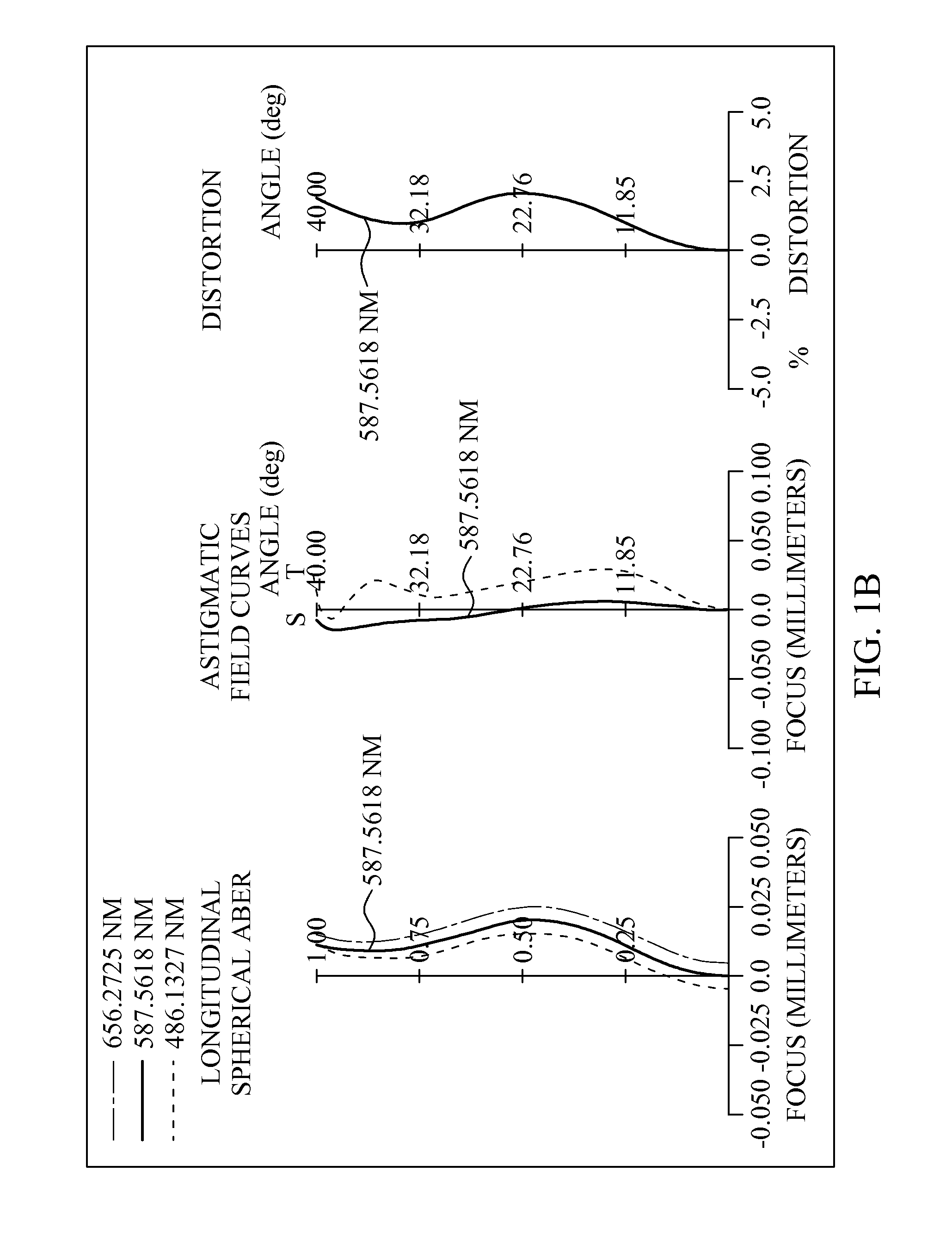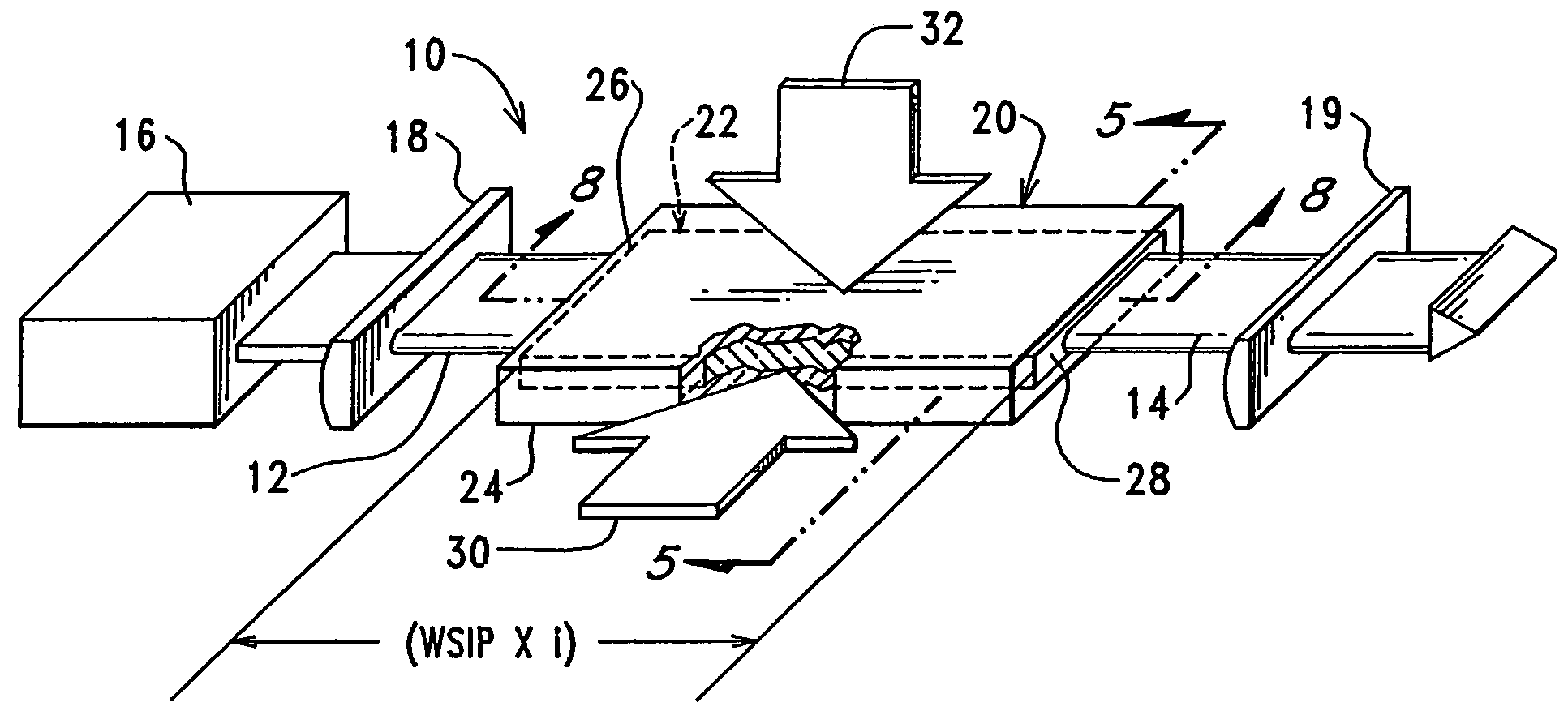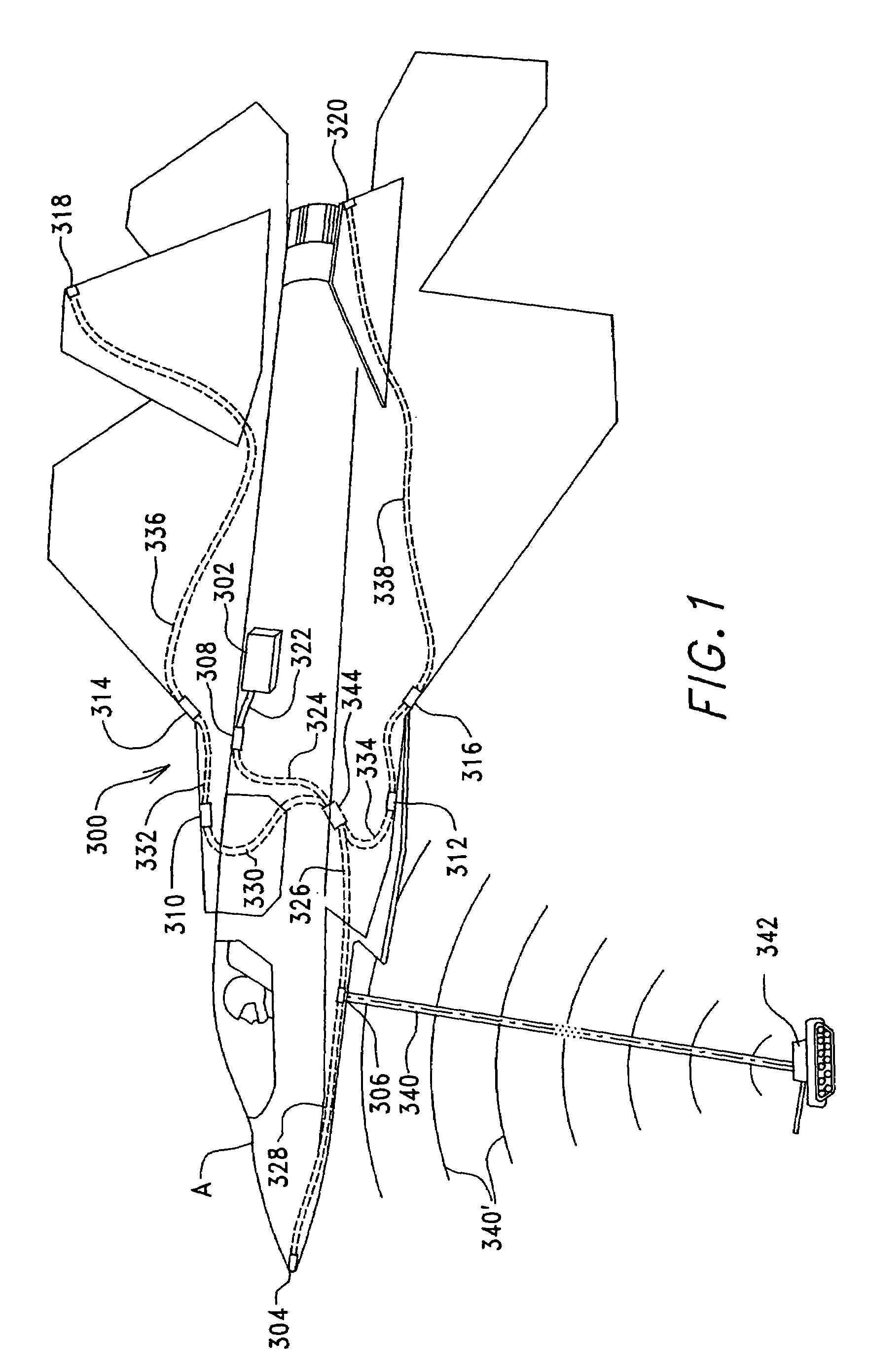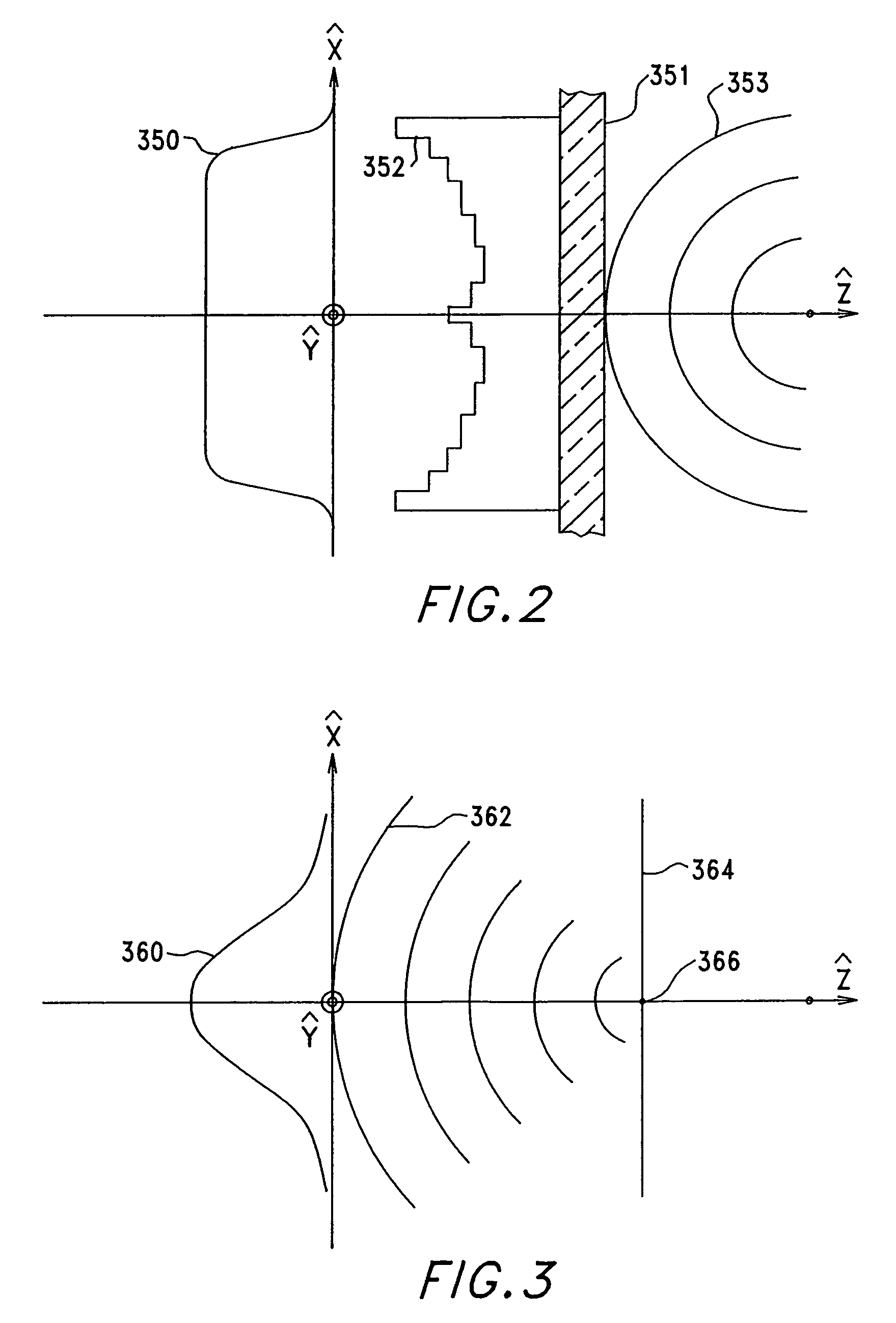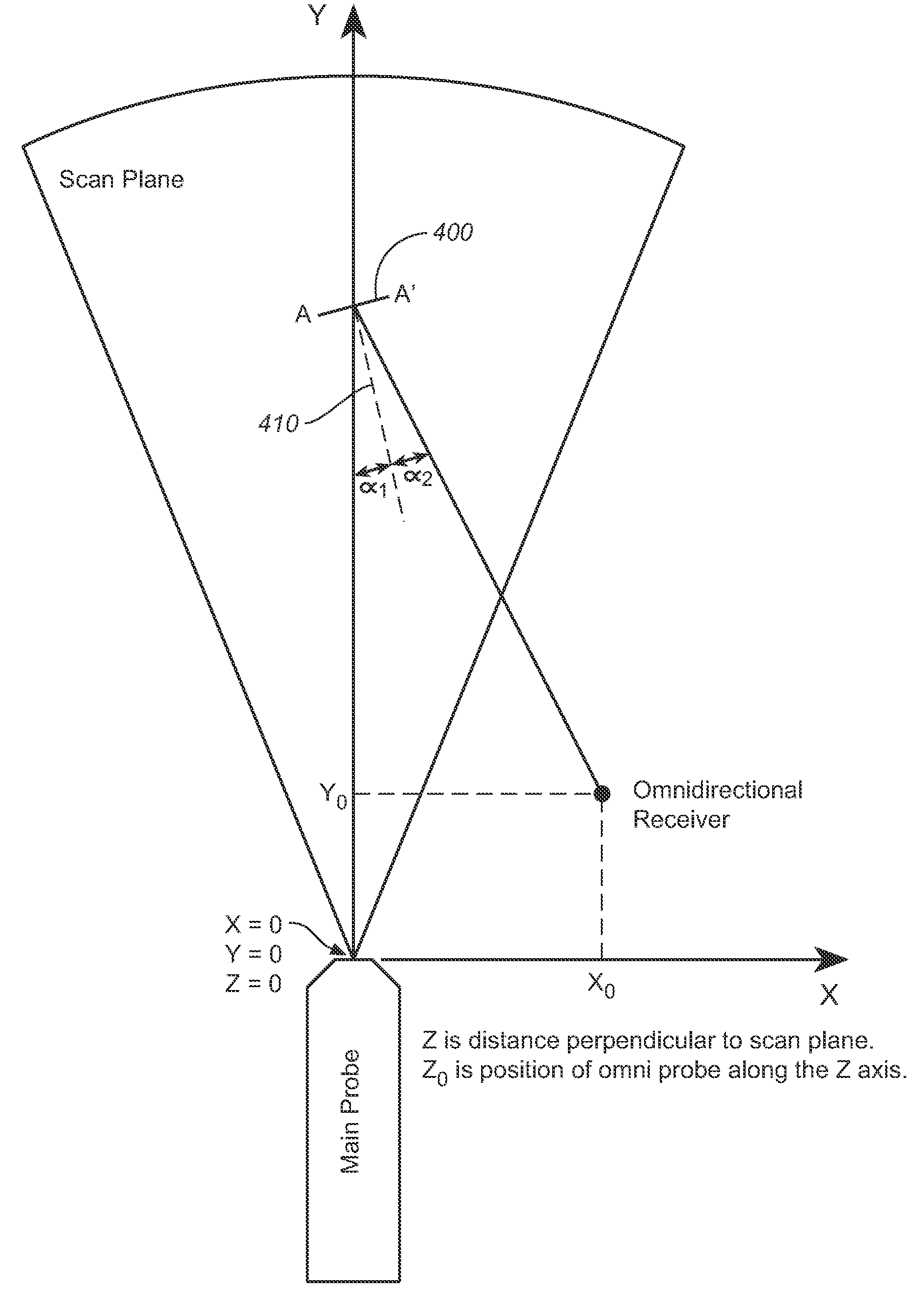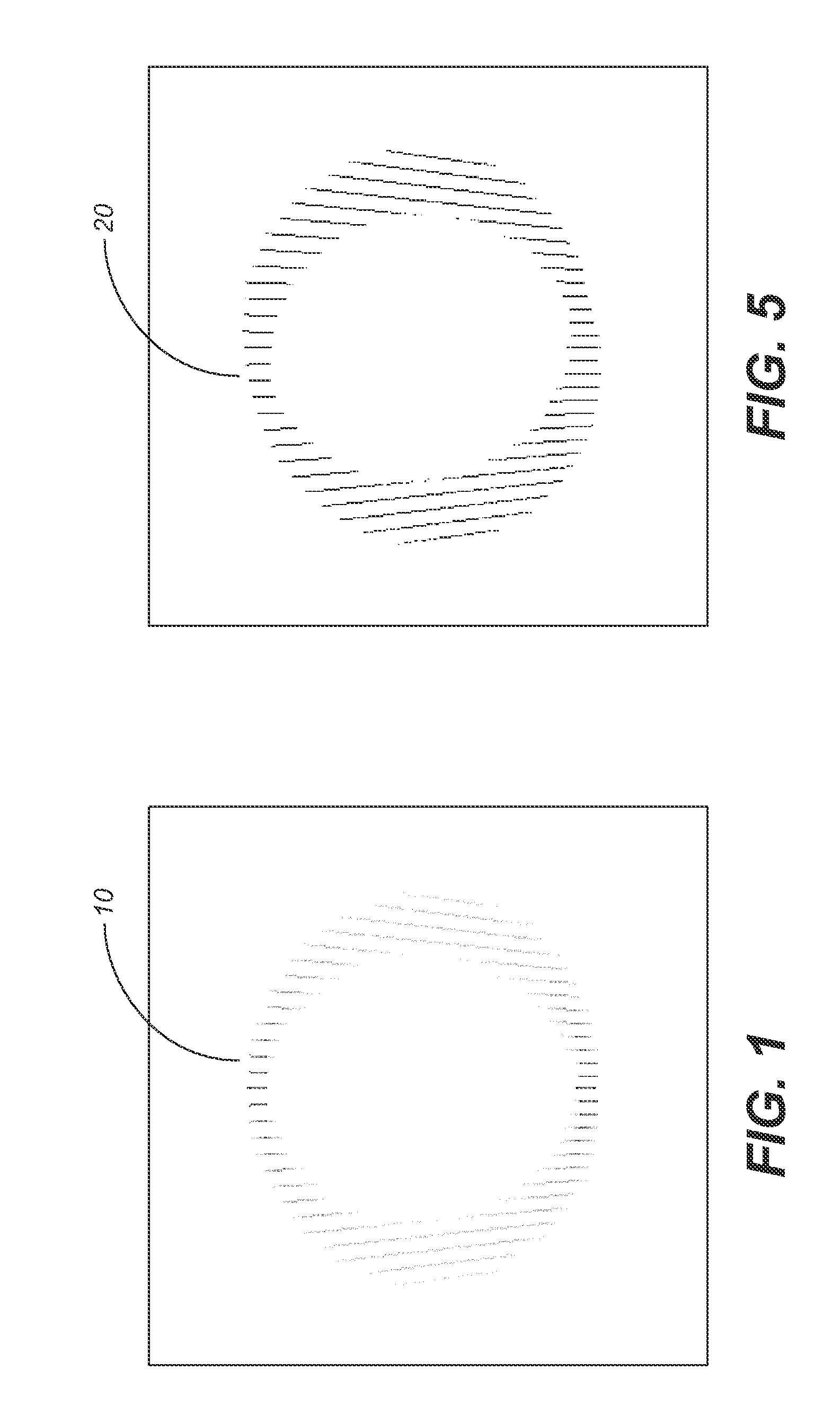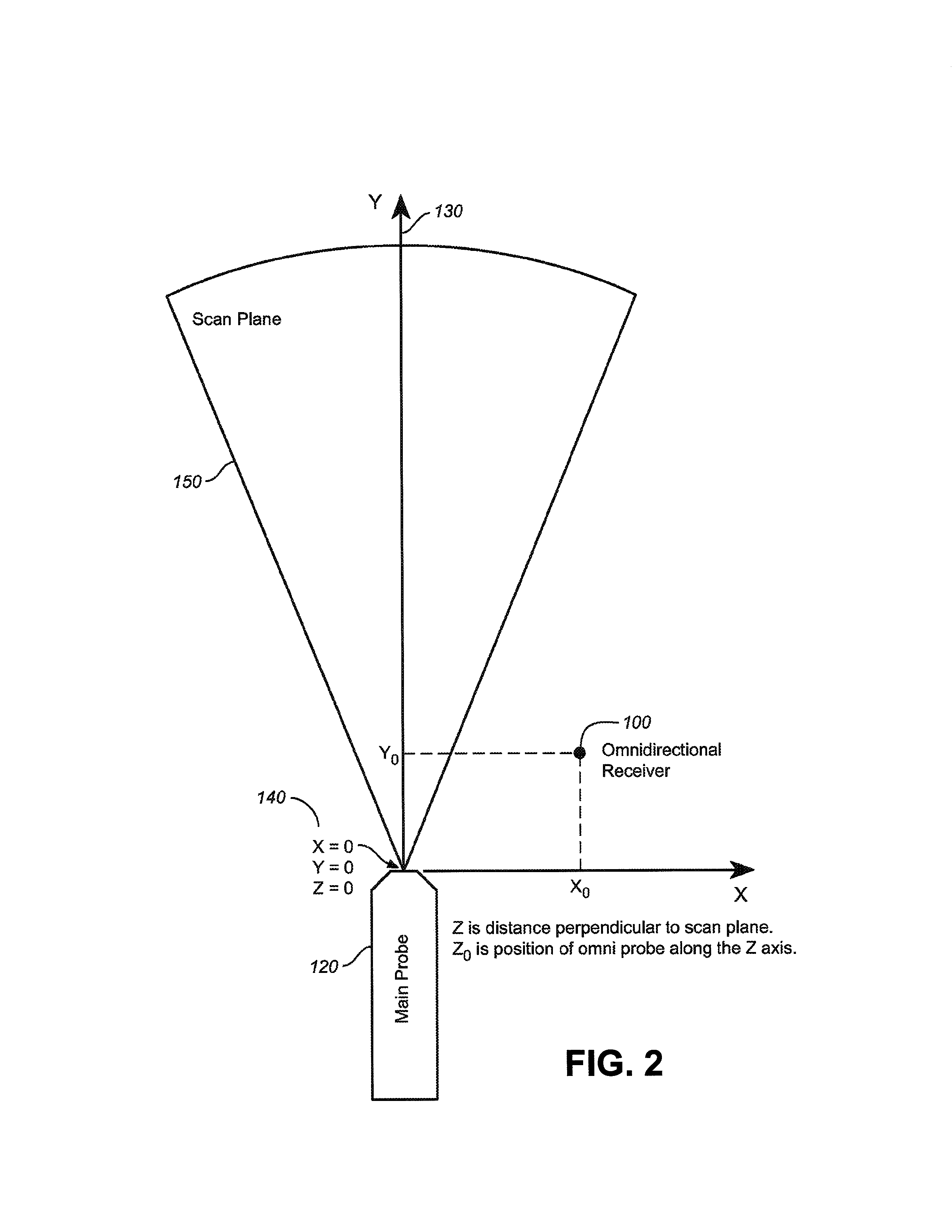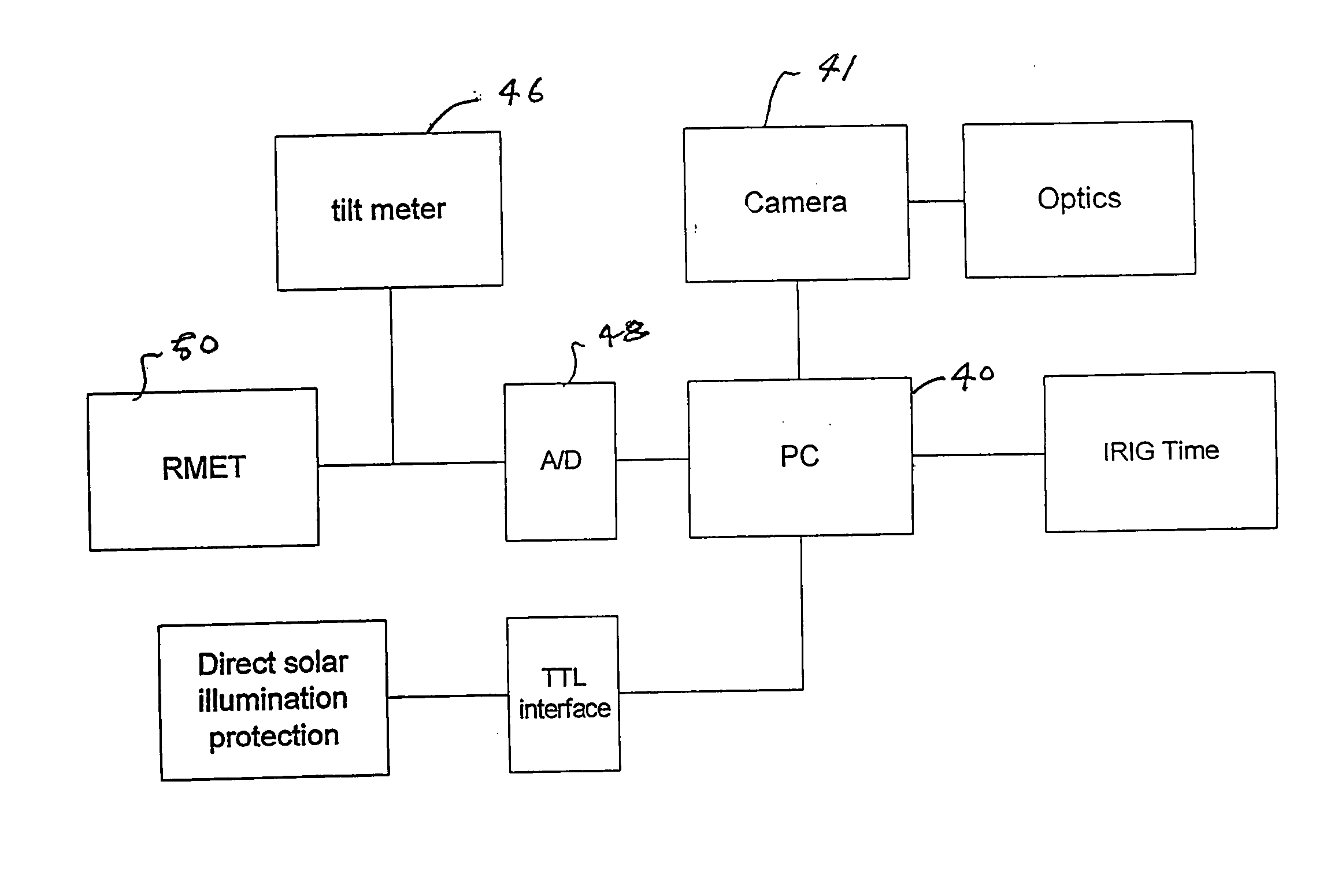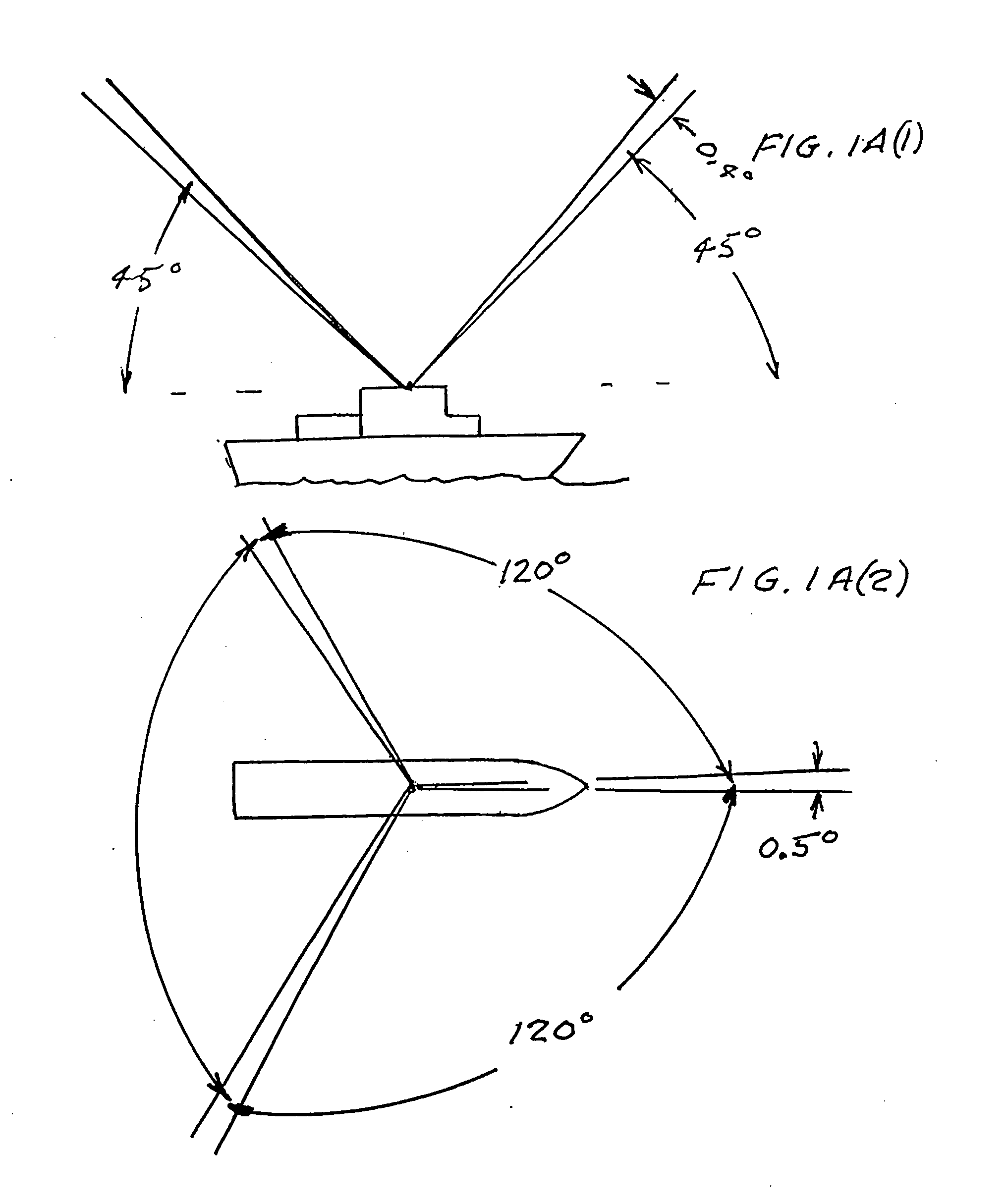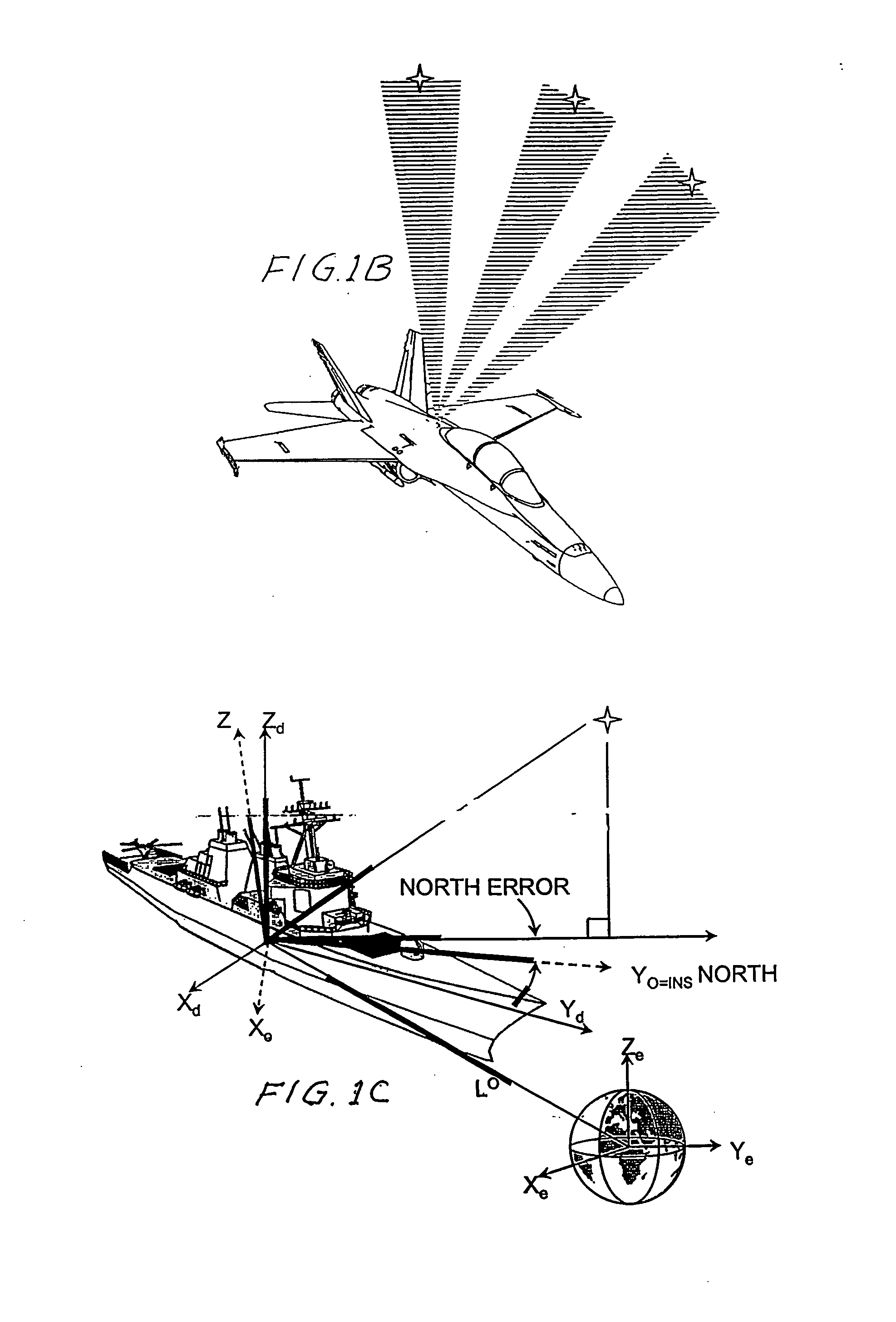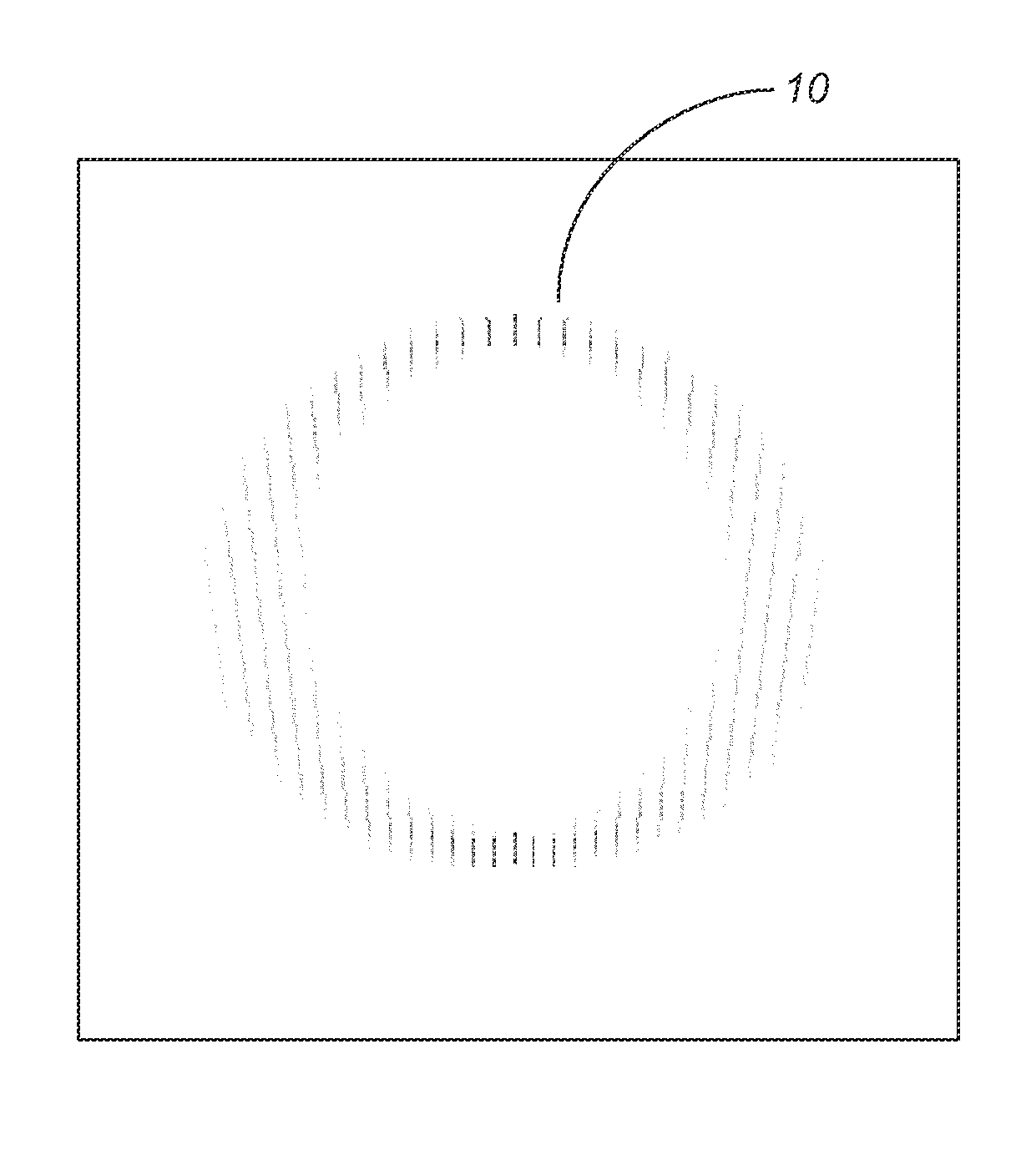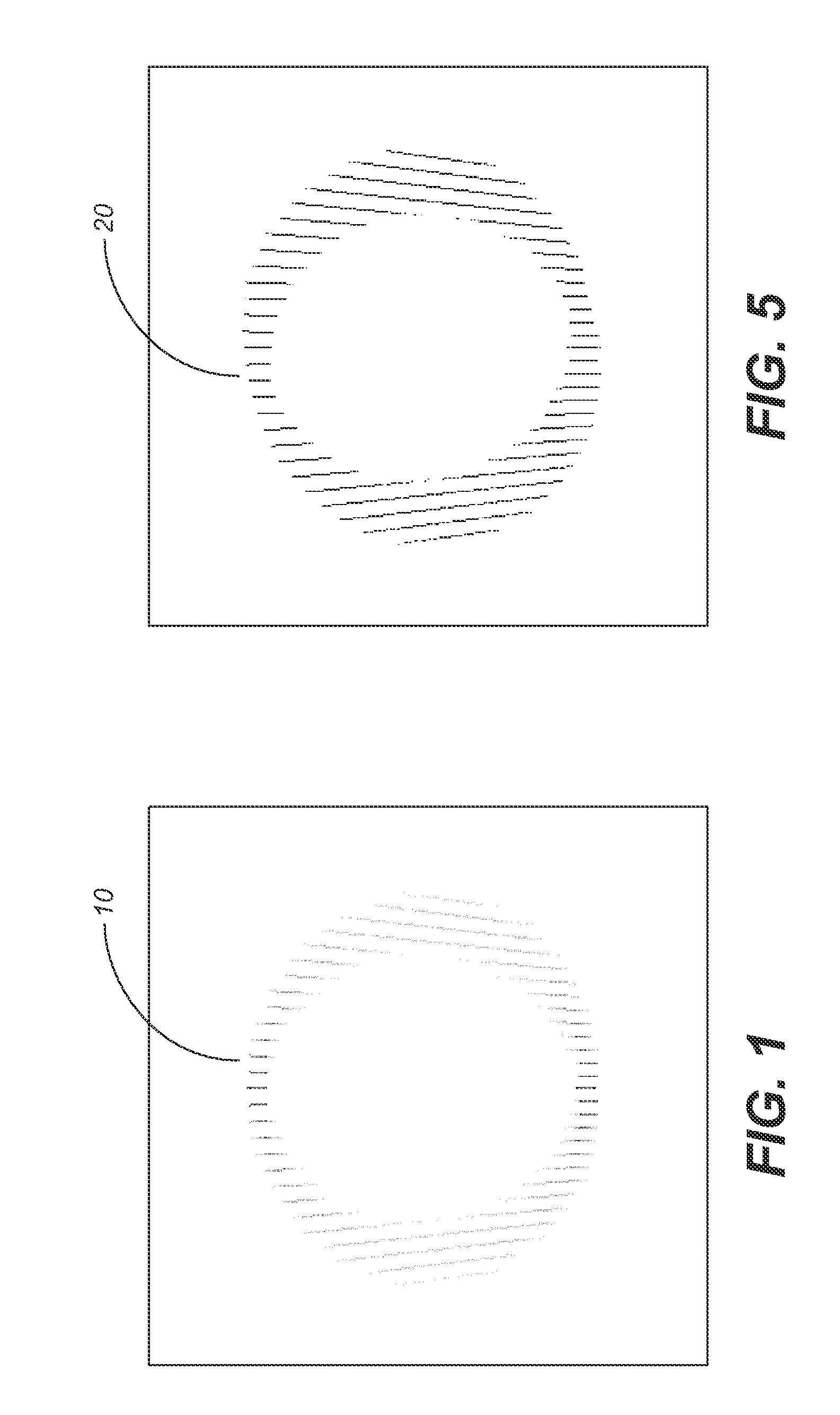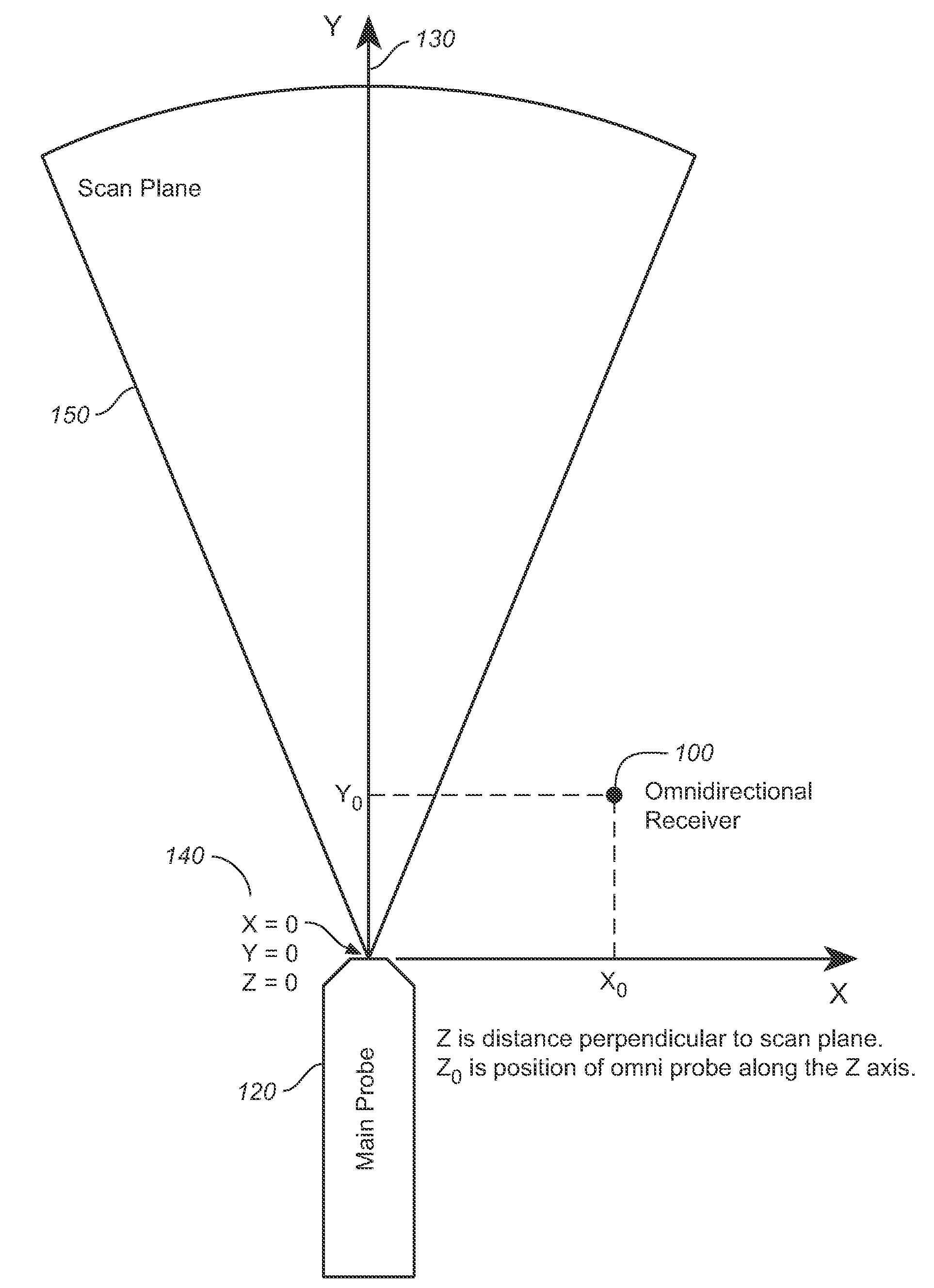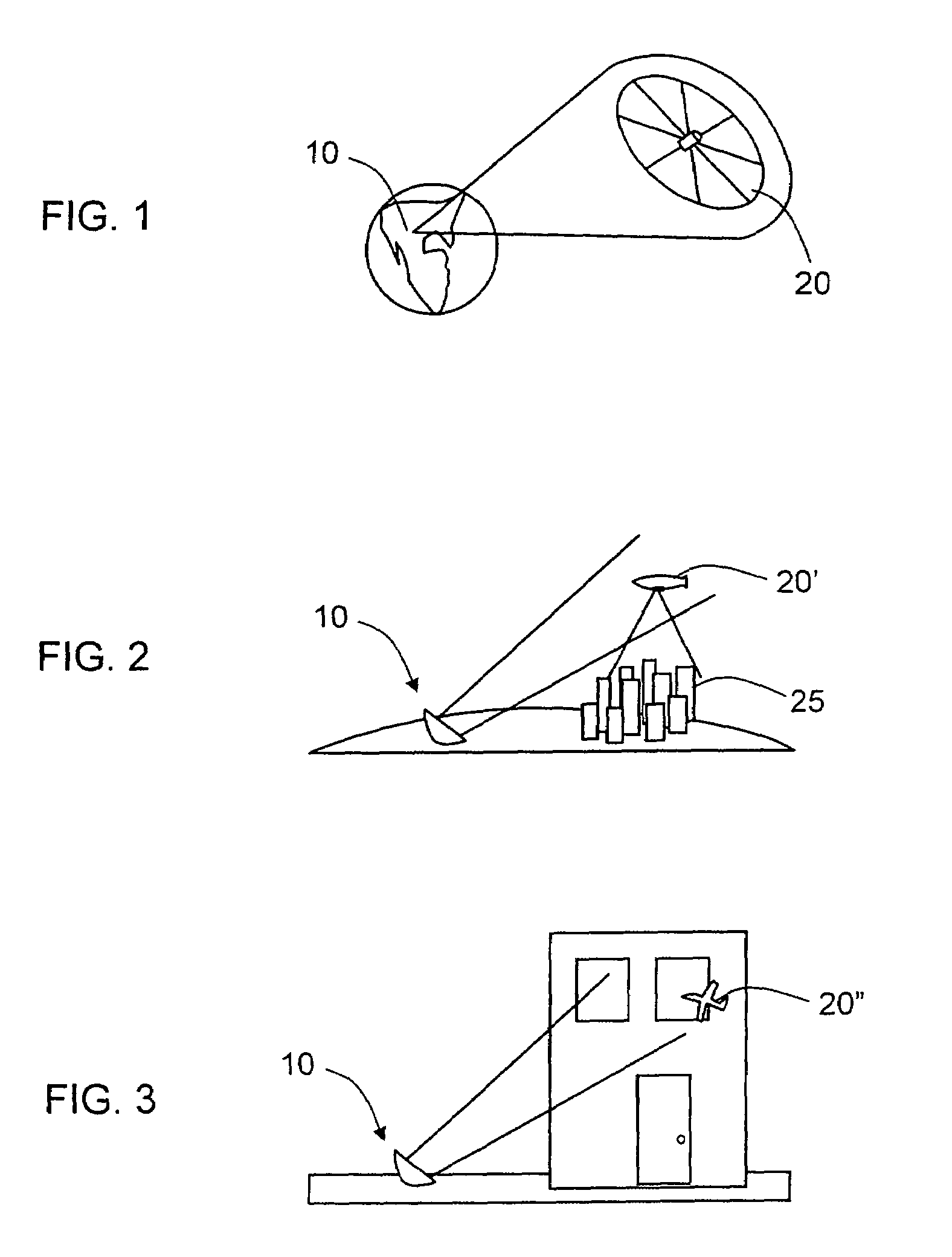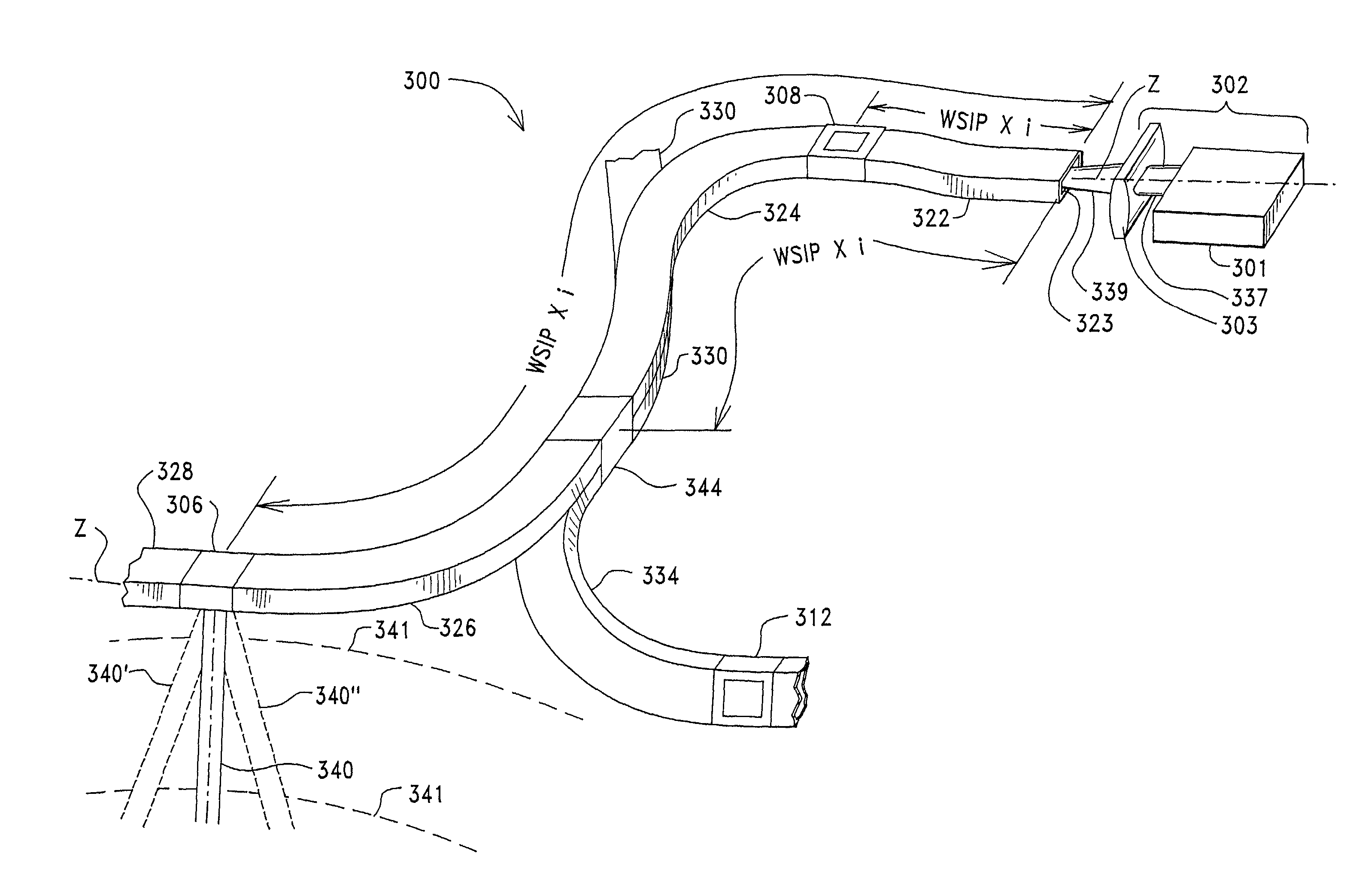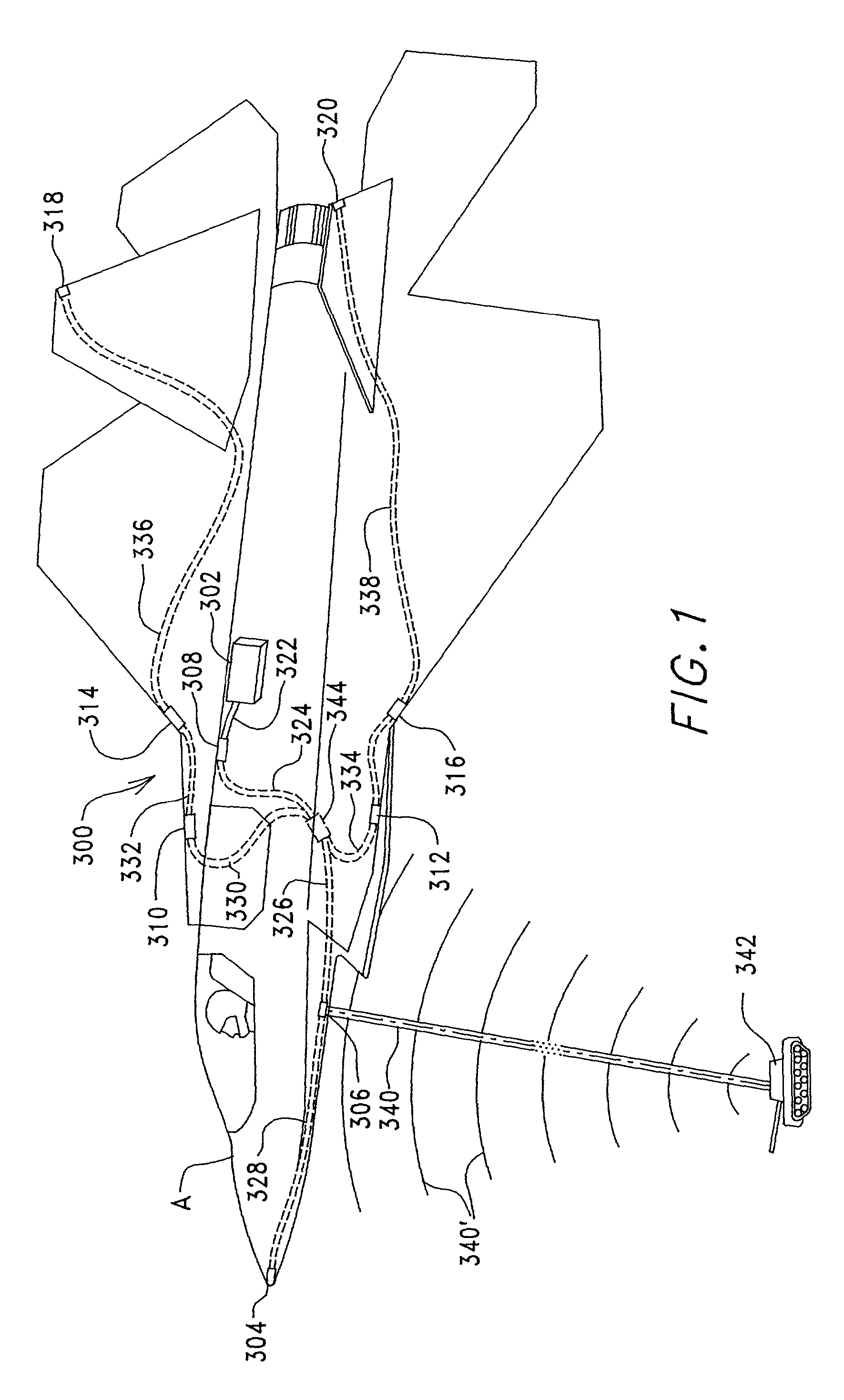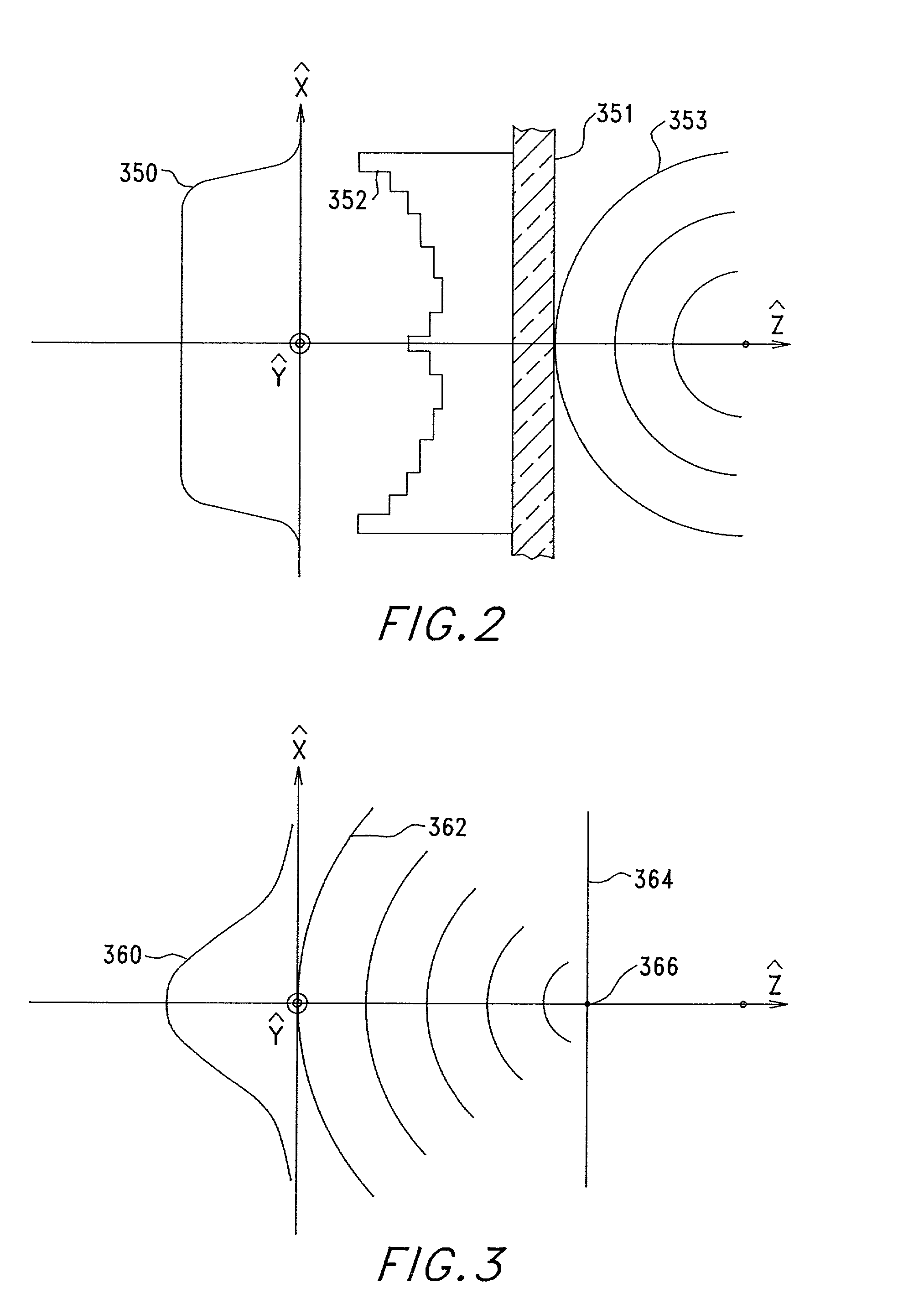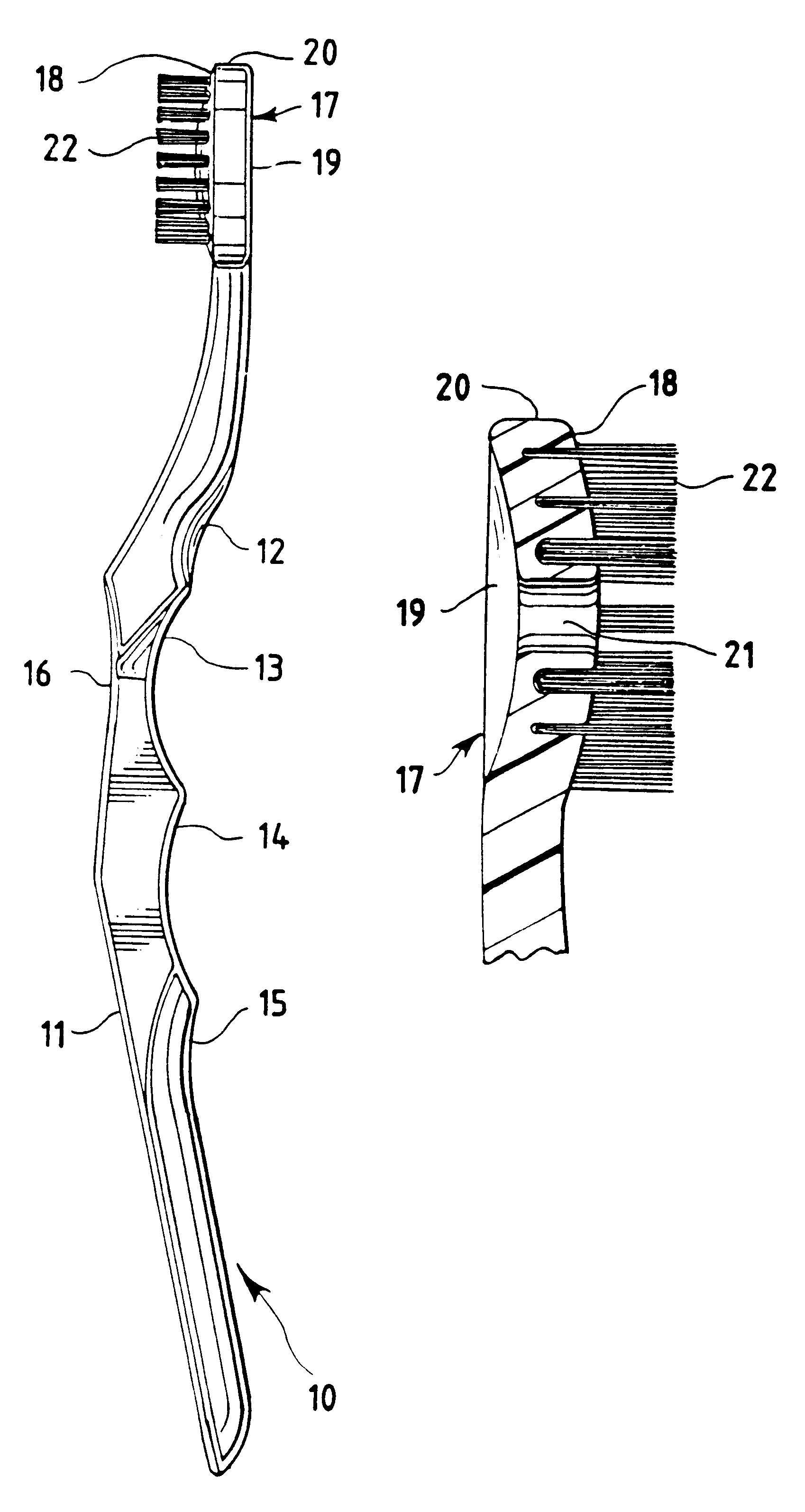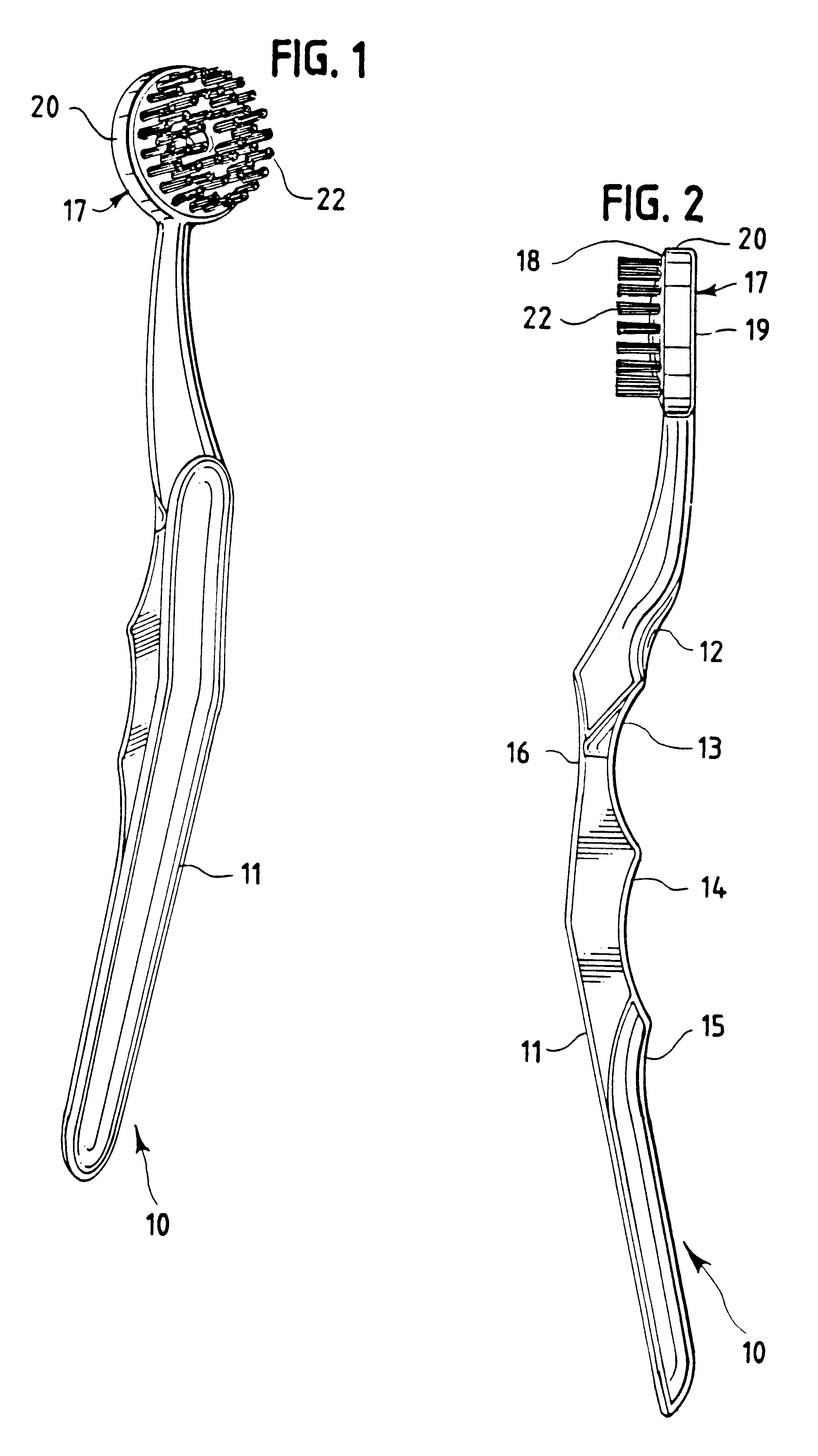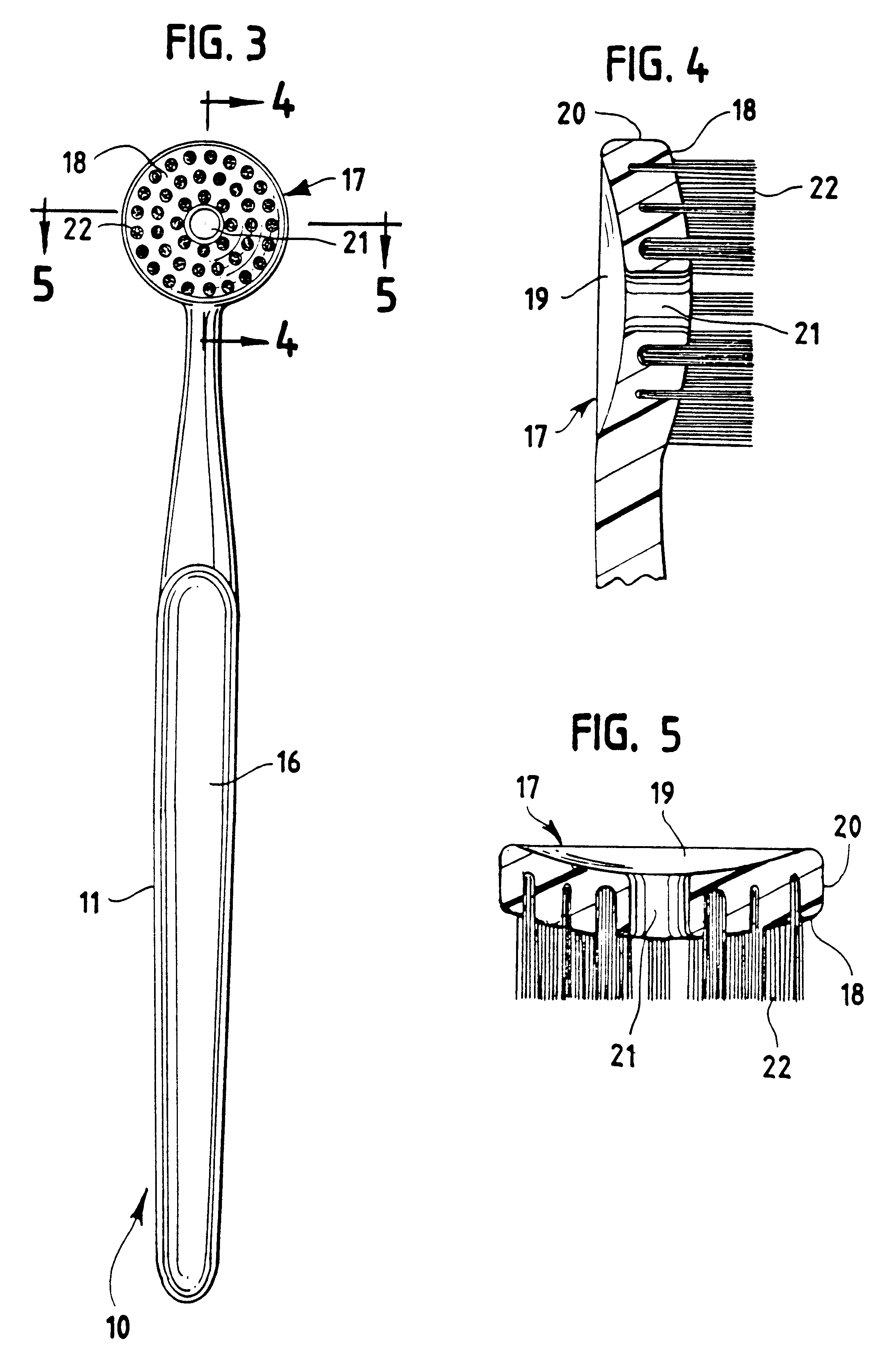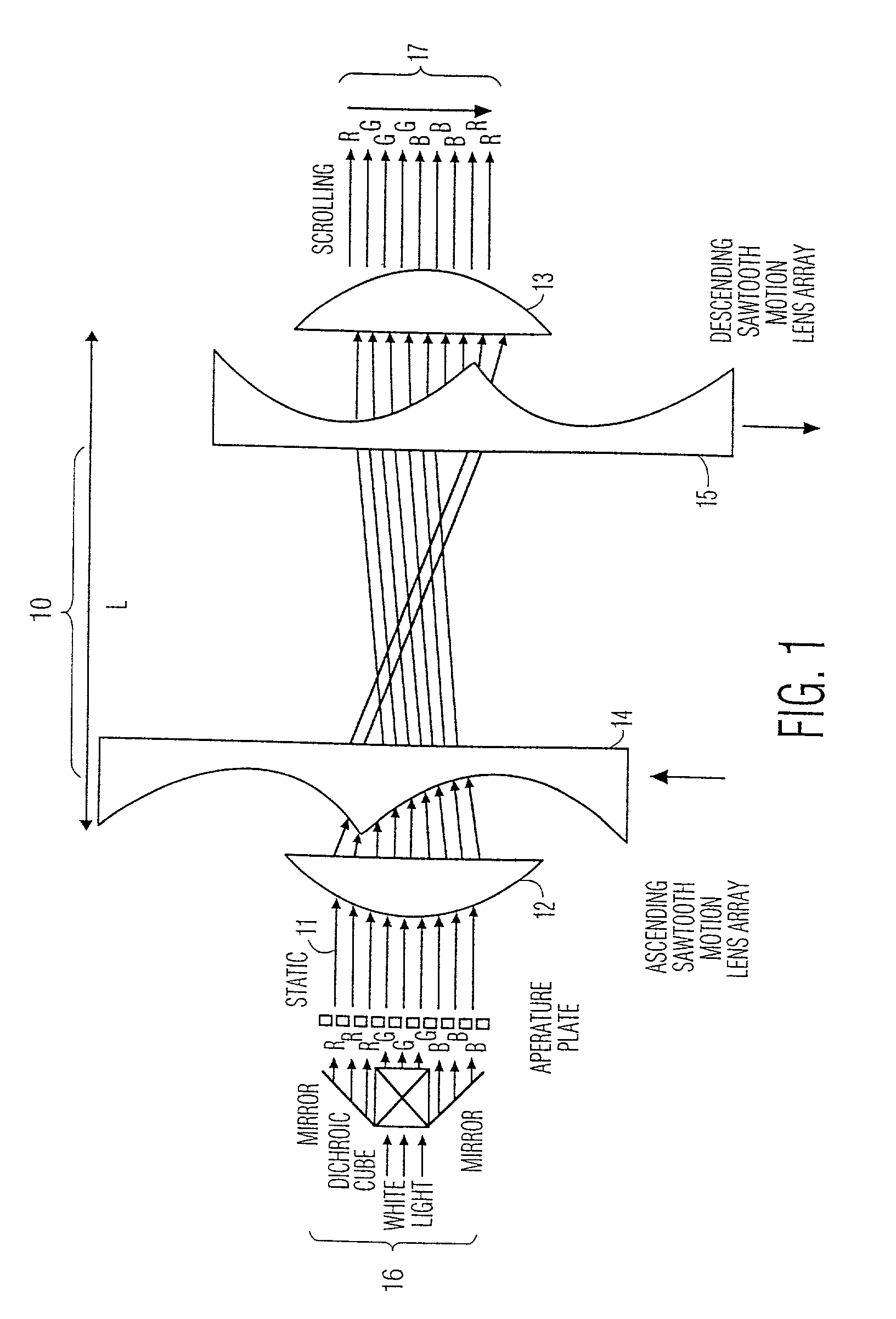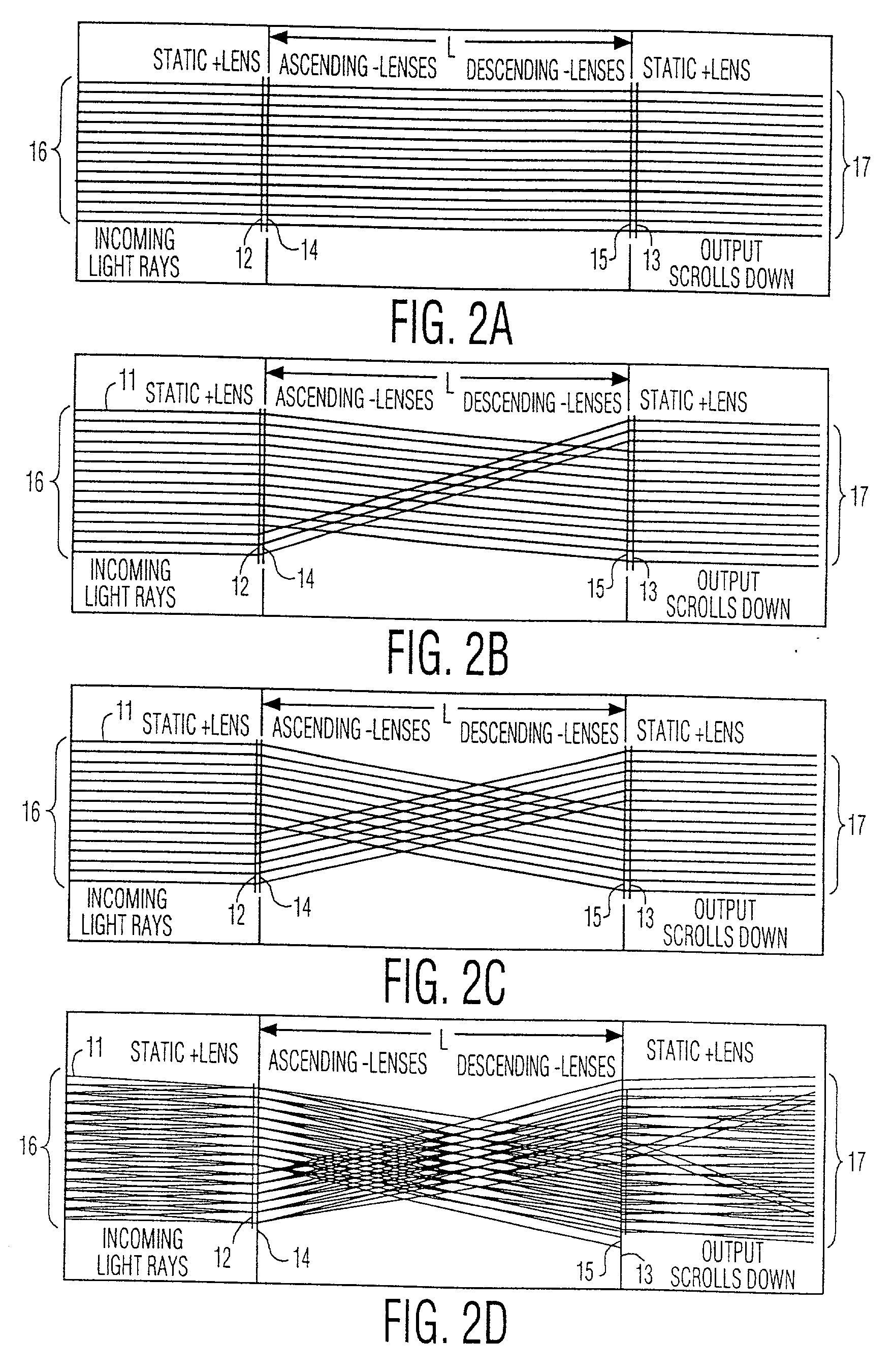Patents
Literature
Hiro is an intelligent assistant for R&D personnel, combined with Patent DNA, to facilitate innovative research.
2987 results about "Large aperture" patented technology
Efficacy Topic
Property
Owner
Technical Advancement
Application Domain
Technology Topic
Technology Field Word
Patent Country/Region
Patent Type
Patent Status
Application Year
Inventor
A small aperture means a high f number, like f/22 or f/32. Where one draws the line is open to interpretation, and to context. A small aperture is also called slow (because it lets in less light, requiring a longer shutter speed to compensate).
Handle and top handle reinforcement for a paperboard carton
A fully enclosed carton for carrying heavy loads with a reinforcement insert for the handle apertures located in the top end flaps of the carton. The paperboard reinforcing insert may be extended as a bridge across the top panel of the carton to prevent tearing of the handle apertures in the top end flaps and also tearing in the top panel of the carton when carrying a heavy load. The carton may have one or more dispensers in the top panel which may extend into an adjoining side panel. Multiple tear lines may be formed for the dispenser flap in the insert that extends across the top panel to permit easy access to the containers, such as bottles, in the carton.The paperboard reinforcing insert may have a larger aperture than the handle aperture in each top end flap to adjust for any imprecision in the alignment of the paperboard insert in forming the carton sleeve from the paperboard blank. When the paperboard insert extends across the top panel and one or more dispensers are formed in the top panel, multiple tear lines may be used to form the flaps in the insert to compensate for any imprecision in the insertion of the insert that extends across the top panel into the carton sleeve when it is being formed.
Owner:GRAPHIC PACKAGING INT
Fingerprint sensing pixel with a larger aperture
In a thin film transistor-based resistive-type fingerprinting touch screen panel, the size of the contact metal layer connecting the drain electrode of the TFT and the ITO sensing electrode in each of the pixel regions of the touch screen panel is reduced, thus increasing the aperture of the pixel region. Having a greater aperture, more of the backlighting from the LCD display panel usually positioned behind the touch screen panel is transmitted through the touch screen panel, making that region brighter.
Owner:AU OPTRONICS CORP
Large aperture rectenna based on planar lens structures
A rectenna structure comprising a flexible, dielectric sheet of material; a plurality of metallic lenslets disposed on the sheet of material; and a plurality of diodes disposed on the sheet of material, each diode in said plurality of diodes being arranged at a focus of a corresponding one of said plurality of metallic lenslets.
Owner:HRL LAB
Daytime stellar imager
InactiveUS7349804B2Increase probabilityHighly preventive effectReactors manufactureNavigation by speed/acceleration measurementsDisplay deviceLongitude
An automatic celestial navigation system for navigating both night and day by observation of K-band or H-band infrared light from multiple stars. In a first set of preferred embodiments three relatively large aperture telescopes are rigidly mounted on a movable platform such as a ship or airplane with each telescope being directed at a substantially different portion of sky. Embodiments in this first set tend to be relatively large and heavy, such as about one cubic meter and about 60 pounds. In a second set of preferred embodiments one or more smaller aperture telescopes are pivotably mounted on a movable platform such as a ship, airplane or missile so that the telescope or telescopes can be pivoted to point toward specific regions of the sky. Embodiments of this second set are mechanically more complicated than those of the first set, but are much smaller and lighter and are especially useful for guidance of aircraft and missiles. Telescope optics focus (on to a pixel array of a sensor) H-band or K-band light from one or more stars in the field of view of each telescope. Each system also includes an inclinometer, an accurate timing device and a computer processor having access to catalogued infrared star charts. The processor for each system is programmed with special algorithms to use image data from the infrared sensors, inclination information from the inclinometer, time information from the timing device and the catalogued star charts information to determine positions of the platform. Direction information from two stars is needed for locating the platform with respect to the celestial sphere. The computer is also preferably programmed to use this celestial position information to calculate latitude and longitude which may be displayed on a display device such as a monitor or used by a guidance control system. These embodiments are jam proof and insensitive to radio frequency interference. These systems provide efficient alternatives to GPS when GPS is unavailable and can be used for periodic augmentation of inertial navigation systems.
Owner:TREX ENTERPRISES CORP
Hydrotreating guard catalyst and application thereof
ActiveCN101890381AMetal/metal-oxides/metal-hydroxide catalystsRefining to eliminate hetero atomsPore distributionFixed bed
The invention discloses a hydrotreating guard catalyst for residual oil and application thereof. The catalyst has the advantages of large pore volume, large aperture, high porosity, rational pore distribution, larger external orifice, high pore canal penetrability and over 36 percent of 1,000nm pore canals, and is particularly applied to a hydrotreating method of a residual oil fixed bed to ensure that precipitated metals are uniformly deposited on the whole catalyst bed and impurities, namely vanadium and calcium, can be deposited inside the pore canals so as to improve the utilization ratio of pores and maintain long-period running.
Owner:CHINA PETROLEUM & CHEM CORP +1
Device for detecting surface shape of optical aspheric surface by sub-aperture stitching interferometer
InactiveCN101709955AWiden horizontallyExpand the scope ofUsing optical meansNumerical controlFace shape
The invention relates to a device for detecting a surface shape of an optical aspheric surface by a sub-aperture stitching interferometer, which comprises an interferometer, a transmission sphere, an adjusting mechanism, a numerical control device and a computer, wherein parallel light emitted by the interferometer is changed into a standard spherical wave through the transmission sphere; the computer controls the action of the adjusting mechanism by the numerical control device to adjust the relative position of the interferometer and an aspheric surface to be detected so that the standard spherical wave is incided to each sub-aperture of the detected optical aspheric surface sequentially and returns to the interferometer; and the computer extracts phase distribution data of each sub-aperture measured by the interferometer for analysis and processing, and the error distribution of the surface shape of a full aperture of the detected optical aspheric surface is obtained by a stitching algorithm. The device broadens horizontal and vertical dynamic range tested by the interferometer, can detect surface shapes of large-aperture concave and convex aspheric surfaces and an off-axis aspheric surface in high resolution and high precision without other auxiliary optical elements, and has low testing cost and short construction period.
Owner:CHANGCHUN INST OF OPTICS FINE MECHANICS & PHYSICS CHINESE ACAD OF SCI
Filter pipette tip
ActiveUS20060177352A1Metering accuracy is not impairedImprove filtering effectAnalysis using chemical indicatorsAnalysis by subjecting material to chemical reactionPipettePore diameter
Filter pipette tip with a small tube with a relatively large aperture at one end for attaching to a pipette, a relatively small aperture at the other end for the passage of liquid and a through-channel between the large aperture and the small aperture and a porous filter arranged in the through-channel, filling up a portion of the through-channel and comprising at least two layers arranged in series in the direction of the through-channel of which a fine-pore layer has a pore size of a maximum of approximately 20 μm and a coarse-pore layer a pore size of approximately 20 to 50 μm, the two layers having different pore sizes.
Owner:EPPENDORF SE
Handle and top handle reinforcement for a paperboard carton
A fully enclosed carton for carrying heavy loads with a reinforcement insert for the handle apertures located in the top end flaps of the carton. The paperboard reinforcing insert may be extended as a bridge across the top panel of the carton to prevent tearing of the handle apertures in the top end flaps and also tearing in the top panel of the carton when carrying a heavy load. The carton may have one or more dispensers in the top panel which may extend into an adjoining side panel. Multiple tear lines may be formed for the dispenser flap in the insert that extends across the top panel to permit easy access to the containers, such as bottles, in the carton. The paperboard reinforcing insert may have a larger aperture than the handle aperture in each top end flap to adjust for any imprecision in the alignment of the paperboard insert in forming the carton sleeve from the paperboard blank. When the paperboard insert extends across the top panel and one or more dispensers are formed in the top panel, multiple tear lines may be used to form the flaps in the insert to compensate for any imprecision in the insertion of the insert that extends across the top panel into the carton sleeve when it is being formed.
Owner:GRAPHIC PACKAGING INT
Capacitance-type embedded touch screen, driving method thereof and display device
ActiveCN102937852AIncrease opening ratioSave spaceStatic indicating devicesNon-linear opticsCapacitanceLarge aperture
The invention discloses a capacitance-type embedded touch screen, a driving method thereof and a display device. A touch sensing electrode extending along the line direction of pixel units is arranged on a color film substrate; on a TFT (Thin Film Transistor) array substrate, a double grid structure is adopted, i.e., two grid signal lines are arranged between the adjacent pixel units, and every two adjacent rows of pixel units form a group of pixel unit rows and share a data signal line between the two rows of pixel units, thus saving the position of part of data signal lines. Therefore, touch driving electrodes for realizing a touch function can be arranged on the saved positions of the grid signal lines, i.e., the touch driving electrodes are arranged at clearances between adjacent pixel units, so that not only can the precision of required by touch be ensured, but also less aperture area of the pixel units is occupied, and the relatively large aperture ratio of the touch screen can be ensured.
Owner:BEIJING BOE OPTOELECTRONCIS TECH CO LTD
Macropore alumina supporter and its preparation method
ActiveCN1765509ALarge apertureConcentrated hole distributionCatalyst carriersCatalyst activation/preparationPhosphorRoom temperature
The invention discloses a micro-porous alumina carrier and relative preparing method, which contains boric oxide and another agent selected from phosphor, silicon, zirconium, and titanium. The invention adds the boric acid into water or peptizate acid whose temperature is higher than room temperature, then adds the mixture of alumina leading material and physics expanding-hole agent to be molded, dried, and burnt to attain the final carrier. The inventive carrier contains a proper agent, with the characters of large aperture, centralized distribution hole and a certain acid. And its surface acid and aperture can be adjusted easily. Therefore, the invention can overcome the defects of present technique which can not have aforementioned characters at the same time. The inventive alumina carrier can be used in variable hydrogenation catalyst.
Owner:CHINA PETROLEUM & CHEM CORP +1
Daytime stellar imager
InactiveUS20070038374A1Small and light systemAvoid star image blurCosmonautic vehiclesDigital data processing detailsDisplay deviceLongitude
An automatic celestial navigation system for navigating both night and day by observation of K-band or H-band infrared light from multiple stars. In a first set of preferred embodiments three relatively large aperture telescopes are rigidly mounted on a movable platform such as a ship or airplane with each telescope being directed at a substantially different portion of sky. Embodiments in this first set tend to be relatively large and heavy, such as about one cubic meter and about 60 pounds. In a second set of preferred embodiments one or more smaller aperture telescopes are pivotably mounted on a movable platform such as a ship, airplane or missile so that the telescope or telescopes can be pivoted to point toward specific regions of the sky. Embodiments of this second set are mechanically more complicated than those of the first set, but are much smaller and lighter and are especially useful for guidance of aircraft and missiles. Telescope optics focus (on to a pixel array of a sensor) H-band or K-band light from one or more stars in the field of view of each telescope. Each system also includes an inclinometer, an accurate timing device and a computer processor having access to catalogued infrared star charts. The processor for each system is programmed with special algorithms to use image data from the infrared sensors, inclination information from the inclinometer, time information from the timing device and the catalogued star charts information to determine positions of the platform. Direction information from two stars is needed for locating the platform with respect to the celestial sphere. The computer is also preferably programmed to use this celestial position information to calculate latitude and longitude which may be displayed on a display device such as a monitor or used by a guidance control system. These embodiments are jam proof and insensitive to radio frequency interference. These systems provide efficient alternatives to GPS when GPS is unavailable and can be used for periodic augmentation of inertial navigation systems.
Owner:TREX ENTERPRISES CORP
Medical ultrasonic imaging pulse transmission method
InactiveUS6602195B1Large apertureImprove responseUltrasonic/sonic/infrasonic diagnosticsInfrasonic diagnosticsSmall amplitudeUltrasonography
A medical ultrasound imaging pulse transmission method transmits at least three pulses, including at least two pulses of different amplitude and at least two pulses of differing phase. The larger-amplitude pulse is transmitted with a larger aperture and the smaller-amplitude pulses are transmitted with respective smaller subapertures. The subapertures are arranged such that the sum of the subapertures used for the smaller-amplitude pulses is equal to the aperture used for the larger-amplitude pulse. In this way, pulses of differing amplitudes are obtained without varying the power level of individual transducer elements, and precise control over pulse amplitude is provided.
Owner:SIEMENS MEDICAL SOLUTIONS USA INC
Medical ultrasonic imaging pulse transmission method
InactiveUS6682482B1Large apertureImprove responseUltrasonic/sonic/infrasonic diagnosticsInfrasonic diagnosticsSmall amplitudeUltrasonography
A medical ultrasound imaging pulse transmission method transmits at least three pulses, including at least two pulses of different amplitude and at least two pulses of differing phase. The larger-amplitude pulse is transmitted with a larger aperture and the smaller-amplitude pulses are transmitted with respective smaller subapertures. The subapertures are arranged such that the sum of the subapertures used for the smaller-amplitude pulses is equal to the aperture used for the larger-amplitude pulse. In this way, pulses of differing amplitudes are obtained without varying the power level of individual transducer elements, and precise control over pulse amplitude is provided.
Owner:SIEMENS MEDICAL SOLUTIONS USA INC
MALDI/LDI source
InactiveUS20070114437A1Efficient collectionParticle separator tubesMaterial analysis by optical meansAnalyteIon transfer
A MALDI / LDI source includes an ion collection device, e.g., a skimmer, orifice, mass analyzer, ion transfer optics and / or ion guide, configured for use with a short focal length lens with a large aperture. In some embodiments, the ion collection device includes an outer edge that can be disposed approximately parallel to a beam envelope between a lens and a focal point positioned at a MALDI / LDI sample. This configuration of the outer edge allows the ion collection device to be placed in close proximity to the focal point. This placement results in favorable collection efficiencies of laser desorbed analyte from the MALDI / LDI sample.
Owner:THERMO FINNIGAN
High intensity focused ultrasound for imaging and treatment of arrhythmias
InactiveUS20050267453A1Shorten treatment timeAutomate processingUltrasonic/sonic/infrasonic diagnosticsUltrasound therapySonificationDual mode
A dual-mode, capable of imaging and ablation, ultrasound array integrated in a catheter is provided for minimally invasive treatment of arrhythmias. The catheter array is small enough for insertion through a peripheral vein and is longitudinally integrated with the catheter to have a side-view for tissue imaging and ablation. A high length / width array ratio creates a large aperture necessary for high power ablation densities. A catheter stabilization device maintains a distance between the catheter array and the wall of a heart or vein. Visualization of anatomy and imaging of ablated tissue provides a guide for placing the lesion and assists in achieving a pattern of ablated tissue. The catheter is advanced to another area by catheter rotation and / or array steering or focusing. Gating the imaging and ablation processes to a heart cycle allows for accounting and compensation of heart motion and enables automation of an arrhythmia treatment.
Owner:THE BOARD OF TRUSTEES OF THE LELAND STANFORD JUNIOR UNIV
Extension ring for electrical junction box installations
InactiveUS6858802B2Substation/switching arrangement detailsCouplings bases/casesElectrical junctionEngineering
A junction box assembly for weather-resistant installations is disclosed including a junction box (100) and an extension ring (116, 216) adapted to attach with an component such as an alarm signaling unit (118, 218). The junction box assembly enables a relatively uniform compressive force about the periphery of the alarm signaling unit, such that a good, weather resistant seal is produced between a sealing surface (159, 259) on the alarm signaling unit and a mounting surface (161). In an embodiment of the assembly the extension ring (216) includes a flange (244) that attaches to the junction box, an large aperture (247) providing access to the interior of the junction box, and a mounting plate (266) including a threaded aperture (254) that is centrally located to align with a mounting aperture (242) in the alarm signaling unit. A gasket (219) may be provided between the signaling unit and the sealing surface.
Owner:RANDL IND
Camera shooting optical lens
The present invention relates to the optical lens field, and discloses a camera shooting optical lens. The lens comprises from an object side to an image side in order: an aperture, a first lens with positive refraction power, a second lens with negative refraction power, a third lens with positive refraction power, a fourth lens with negative refraction power, a fifth lens with positive refraction power and a sixth lens with negative refraction power. The camera shooting optical lens satisfies the relation as follows: 0.70<f1 / f<0.80, 2.0<f2 / f< 1.8, 1.9<f3 / f<2.1, -2.6<f4 / f<-2.2, 0.8<f5 / f<1, -0.7< f6 / f <-0.5 and 1.9<f3 / f5<2.2. The camera shooting optical lens can satisfy the large aperture design requirement while shortening the optical total length and has good sensitivity appearance.
Owner:AAC OPTICS SOLUTIONS PTE LTD
Handheld biometric scanner device
InactiveUS20170032166A1Unauthorised/fraudulent call preventionDigital data authenticationDisplay deviceHand held
The invention provides a mobile and compact enclosure that can be carried within a pocket of clothing while providing a large dear aperture for both a fingerprint scanner and a visual display contained within the apparatus. The apparatus of this invention is not limited to facilitating one or two-finger fingerprint scanning, and can incorporate a scanner capable of scanning four fingers simultaneously.
Owner:CROSS MATCH TECH
Optical image capturing system
InactiveUS20160131873A1Reduce the overall heightImprove image qualityLensImaging qualityImage quality
An optical image capturing system, from an object side to an image side, comprises a first, second, third, fourth, fifth, and sixth lens elements. The first lens element has refractive power, and an object-side surface of the first lens element is aspheric. The second through fifth lens elements have refractive power and both of an object-side surface and an image-side surface of the fifth lens elements are aspheric. The sixth lens with negative refractive power may have a concave object-side surface. Both of the image-side surface and the object-side surface of the six lens elements are aspheric and at least one of the two surfaces has inflection points. The six lens elements may have refractive power. When specific conditions are satisfied, the optical image capturing system has a large aperture value and a lower height of the optical image capturing system, and it can also improve imaging quality.
Owner:ABILITY OPTO ELECTRONICS TECH
Optical lens
InactiveCN104297906AEffectively corrects aberrationsLow costOptical elementsCamera lensMiniaturization
The invention relates to an optical lens which sequentially comprises a front lens group with positive focal power, a diaphragm element and a rear lens group with positive focal power from the object space to the image space. The front lens group sequentially comprises a first lens and a second lens from the object space to the image space. The first lens is a biconcave lens with negative focal power. The second lens is a biconvex lens with positive focal power. The rear lens group sequentially comprises a third lens, a fourth lens and a fifth lens from the object space to the image space. A gluing lens is formed by the third lens and the fourth lens. The fifth lens is an aspheric surface lens with positive focal power, and two concave faces of the fifth lens are in the same-direction crescent shape. According to the optical lens, high pixels, small deformation and large apertures can be achieved under the condition that the requirements for low cost and miniaturization are met, a perfect image can still be kept within the temperature range of -40 DEG C to 85 DEG C, and the optical lens is particularly suitable for monitors and vehicle-mounted camera systems which work in the day and at night or under a poor illumination condition.
Owner:NINGBO SUNNY AUTOMOTIVE OPTECH
Optical image capturing system
An optical image capturing system, from an object side to an image side, comprises a first, second, third, fourth, fifth, sixth, and seventh lens elements. At least one of the first through sixth lens elements has positive refractive power. The seventh lens has negative refractive power. Both of the image-side surface and the object-side surface of the seventh lens element are aspheric and at least one of the two surfaces has inflection points. The second through seventh lens elements of the optical image capturing system have refractive power. When specific conditions are satisfied, the optical image capturing can have a large aperture value and a better optical path adjusting ability, so as to improve imaging quality.
Owner:ABILITY OPTO ELECTRONICS TECH
Power scalable optical systems for generating, transporting, and delivering high power, high quality laser beams
InactiveUS7193771B1Quality improvementEffective coolingActive medium shape and constructionHigh power lasersLight beam
Power scalable, rectangular, multi-mode, self-imaging, waveguide technologies are used with various combination of large aperture configurations, 20, 50, 80, 322, 324, 326, 328, 330, 332, 334, 336, 338, Gaussian 360 and super-Gaussian 350 beam profiles, thermal management configurations 100, flared 240 and tapered 161 waveguide shapes, axial or zig-zag light propagation paths, diffractive wall couplers 304, 306, 308, 310, 312, 314, 316, 318, 320 and phase controller 200, flexibility 210, phased arrays 450, 490, beam combiners 530, 530′, and separators 344, 430, and other features to generate, transport, and deliver high power laser beams.
Owner:LOCKHEED MARTIN COHERENT TECH
Method and apparatus to produce ultrasonic images using multiple apertures
ActiveUS8007439B2Improve signal-to-noise ratioNarrow thicknessDiagnostic probe attachmentOrgan movement/changes detectionSonificationSignal-to-noise ratio
A combination of an ultrasonic scanner and an omnidirectional receive transducer for producing a two-dimensional image from the echoes received by the single omnidirectional transducer is described. Two-dimensional images with different noise components can be constructed from the echoes received by additional transducers. These can be combined to produce images with better signal to noise ratios and lateral resolution. Also disclosed is a method based on information content to compensate for the different delays for different paths through intervening tissue is described. Specular reflections are attenuated by using even a single omnidirectional receiver displaced from the insonifying probe. The disclosed techniques have broad application in medical imaging but are ideally suited to multi-aperture cardiac imaging using two or more intercostal spaces. Since lateral resolution is determined primarily by the aperture defined by the end elements, it is not necessary to fill the entire aperture with equally spaced elements. In fact, gaps can be left to accommodate spanning a patient's ribs, or simply to reduce the cost of the large aperture array. Multiple slices using these methods can be combined to form three-dimensional images.
Owner:MAUI IMAGING
Daytime stellar imager for attitude determination
InactiveUS20060085130A1Small and light systemAvoid star image blurInstruments for road network navigationPosition fixationJet aeroplaneGuidance control
An automatic celestial navigation system for navigating both night and day by observation of K-band or H-band infrared light from multiple stars. In a first set of preferred embodiments three relatively large aperture telescopes are rigidly mounted on a movable platform such as a ship or airplane with each telescope being directed at a substantially different portion of sky. Embodiments in this first set tend to be relatively large and heavy, such as about one cubic meter and about 60 pounds. In a second set of preferred embodiments one or more smaller aperture telescopes are pivotably mounted on a movable platform such as a ship, airplane or missile so that the telescope or telescopes can be pivoted to point toward specific regions of the sky. Embodiments of this second set are mechanically more complicated than those of the first set, but are much smaller and lighter and are especially useful for guidance of aircraft and missiles. Telescope optics focus (on to a pixel array of a sensor) H-band or K-band light from one or more stars in the field of view of each telescope. Each system also includes a GPS sensor and a computer processor having access to catalogued infrared star charts. The processor for each system is programmed with special algorithms to use image data from the infrared sensors, position and timing information from the GPS sensor, and the catalogued star charts information to determine orientation (attitude) of the platform. Direction information from two stars is needed for locating the platform with respect to the celestial sphere. The computer is also preferably programmed to calculate further information which may be used by a guidance control system. These systems provide efficient alternatives to inertial navigation systems when such systems are too expensive and can be used for periodic augmentation and calibration of inertial navigation systems.
Owner:TREX ENTERPRISES CORP
Method and apparatus to produce ultrasonic images using multiple apertures
ActiveUS20080103393A1Improve signal-to-noise ratioNarrow thicknessDiagnostic probe attachmentOrgan movement/changes detectionImaging ProceduresIntercostal space
A combination of an ultrasonic scanner and an omnidirectional receive transducer for producing a two-dimensional image from the echoes received by the single omnidirectional transducer is described. Two-dimensional images with different noise components can be constructed from the echoes received by additional transducers. These can be combined to produce images with better signal to noise ratios and lateral resolution. Also disclosed is a method based on information content to compensate for the different delays for different paths through intervening tissue is described. Specular reflections are attenuated by using even a single omnidirectional receiver displaced from the insonifying probe. The disclosed techniques have broad application in medical imaging but are ideally suited to multi-aperture cardiac imaging using two or more intercostal spaces. Since lateral resolution is determined primarily by the aperture defined by the end elements, it is not necessary to fill the entire aperture with equally spaced elements. In fact, gaps can be left to accommodate spanning a patient's ribs, or simply to reduce the cost of the large aperture array. Multiple slices using these methods can be combined to form three-dimensional images.
Owner:MAUI IMAGING
Large aperture rectenna based on planar lens structures
ActiveUS7456803B1Simultaneous aerial operationsAntenna adaptation in movable bodiesEngineeringLenslet
A rectenna structure comprising a flexible, dielectric sheet of material; a plurality of metallic lenslets disposed on the sheet of material; and a plurality of diodes disposed on the sheet of material, each diode in said plurality of diodes being arranged at a focus of a corresponding one of said plurality of metallic lenslets.
Owner:HRL LAB
Preparation method of porous graphene
The invention provides a preparation method of porous graphene. The method comprises the steps of: heating a carbon material and an activator; obtaining the porous graphene after reaction, wherein the carbon material is modified graphene or graphene, and the activator is a transitional metal or a transitional metal compound; in the process of preparing the porous graphene, heating the graphene or the modified graphene and the activator: the transitional metal or the transitional metal compound to form a transitional metal carbide; further decomposing the transitional metal carbide into carbon and transitional metal to obtain the transitional metal for continuously reacting with the graphene; and circulating in this way to finally obtain the porous graphene. Compared with the prior art, as the transitional metal and the carbon material are reacted circularly, the porous graphene with larger aperture range can be obtained. Experimental result shows that the diameter of the porous graphene prepared by the invention is 1-100nm.
Owner:NINGBO INST OF MATERIALS TECH & ENG CHINESE ACADEMY OF SCI
Power scalable optical systems for generating, transporting, and delivering high power, high quality, laser beams
InactiveUS7042631B2Desirable level of beam qualityDesirable level of capabilityLaser optical resonator constructionLaser arrangementsHigh power lasersLarge aperture
Power scalable, rectangular, multi-mode, self-imaging, waveguide technologies are used with various combination of large aperture configurations, 20, 50, 80, 322, 324, 326, 328, 330, 332, 334, 336, 338, Gaussian 360 and super-Gaussian 350 beam profiles, thermal management configurations 100, flared 240 and tapered 161 waveguide shapes, axial or zig-zag light propagation paths, diffractive wall couplers 304, 306, 308, 310, 312, 314, 316, 318, 320 and phase controller 200, flexibility 210, phased arrays 450, 490, beam combiners 530, 530′, and separators 344, 430, and other features to generate, transport, and deliver high power laser beams.
Owner:LOCKHEED MARTIN COHERENT TECH
Tongue hygiene device
A tongue hygiene device to be used with a mildly abrasive cleanser, the tongue hygiene device having a generally elongate handle section and a generally disk-shaped cleansing section. The handle section is ergonomically designed to allow the user to effectively and comfortably hold the tongue hygiene device in proper cleansing alignment with the tongue. The cleansing section includes three generally parallel, circular patterns of medium-length bristles of medium stiffness, protruding from a generally disk-shaped cleansing head, the cleansing head having a top face, and a bottom face from which the bristles protrude, and a large aperture extending between the centers of the bottom and top faces which is surrounded by the bristles on the bottom face. The bristles allow the tongue hygiene device to cleanse the tongue by brushing bacteria and food buildup from the tongue using a mildly abrasive cleanser. The aperture allows air and the lather formed by brushing with a cleanser to pass through the head element, thereby increasing the lather and facilitating the passage of bacteria and food buildup away from the surface of the tongue, and provides a conduit for the passage of air and water through the head element during cleaning of the tongue hygiene device, expediting and simplifying cleaning of the tongue hygiene device and hastening drying of the bristles.
Owner:PEAK ENTERPRISES
Light scanner with cylindrical lenses
InactiveUS20010038483A1Scan non-linearitiesMaintain qualityProjectorsPicture reproducers using projection devicesLight beamOptic system
Owner:KONINKLIJKE PHILIPS ELECTRONICS NV
Features
- R&D
- Intellectual Property
- Life Sciences
- Materials
- Tech Scout
Why Patsnap Eureka
- Unparalleled Data Quality
- Higher Quality Content
- 60% Fewer Hallucinations
Social media
Patsnap Eureka Blog
Learn More Browse by: Latest US Patents, China's latest patents, Technical Efficacy Thesaurus, Application Domain, Technology Topic, Popular Technical Reports.
© 2025 PatSnap. All rights reserved.Legal|Privacy policy|Modern Slavery Act Transparency Statement|Sitemap|About US| Contact US: help@patsnap.com
